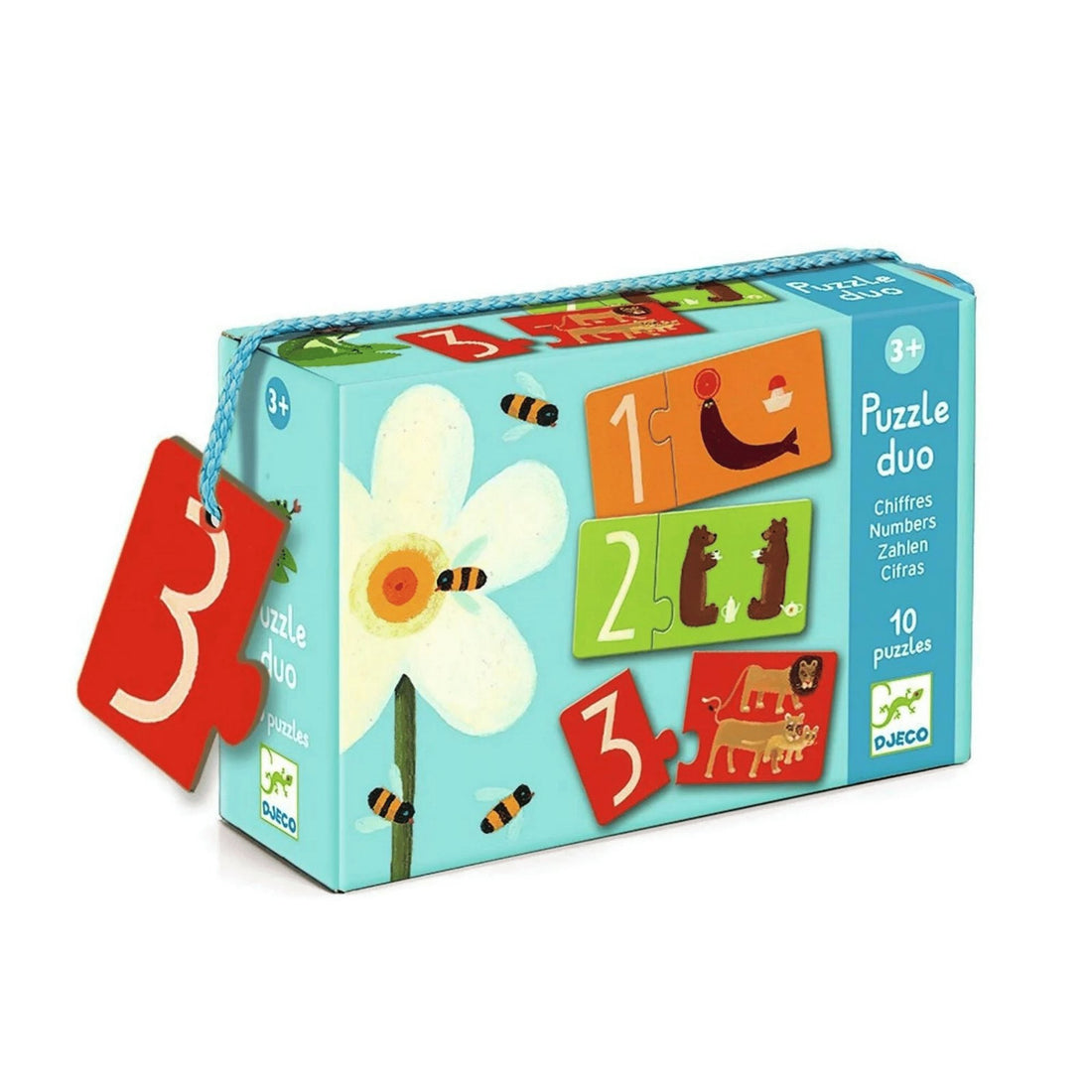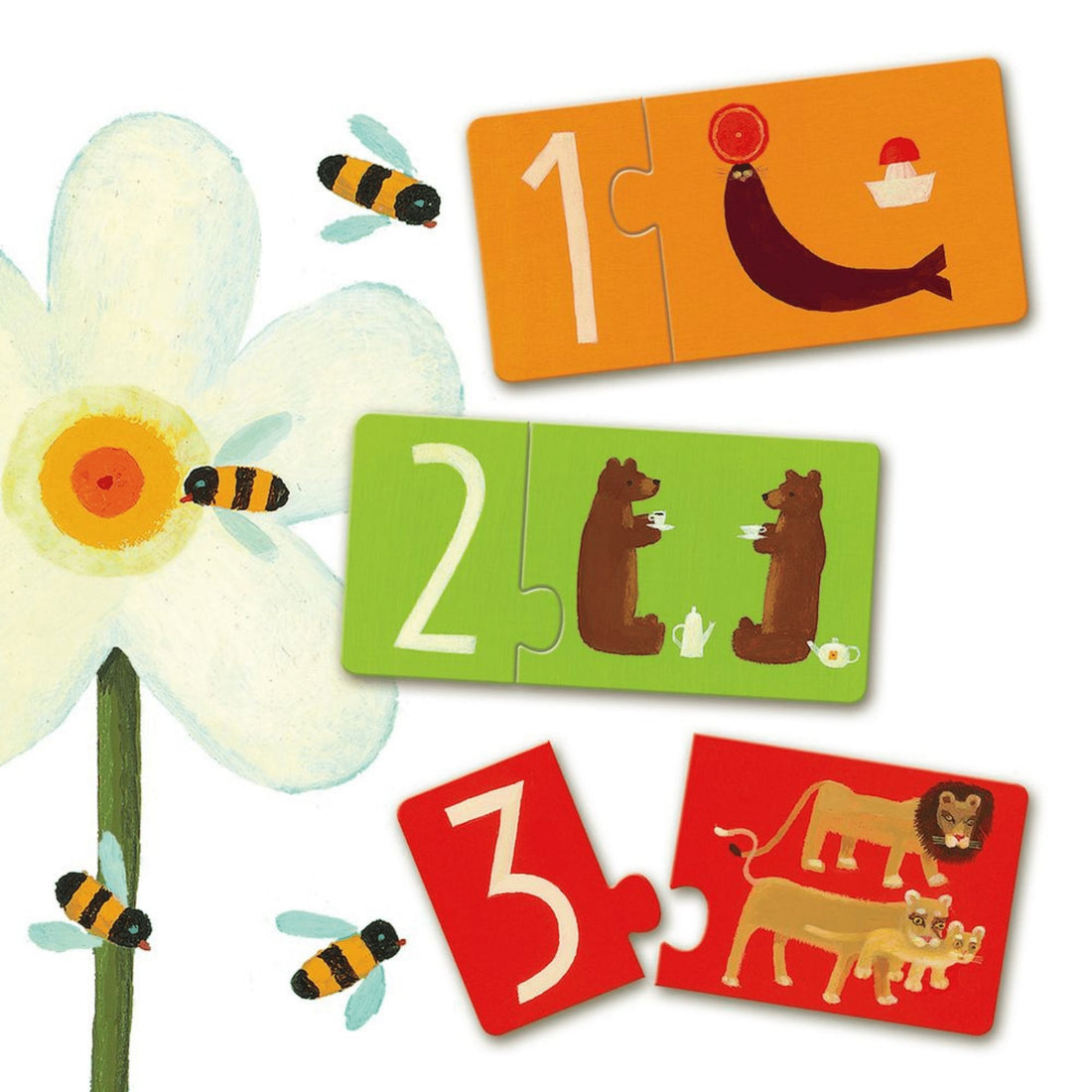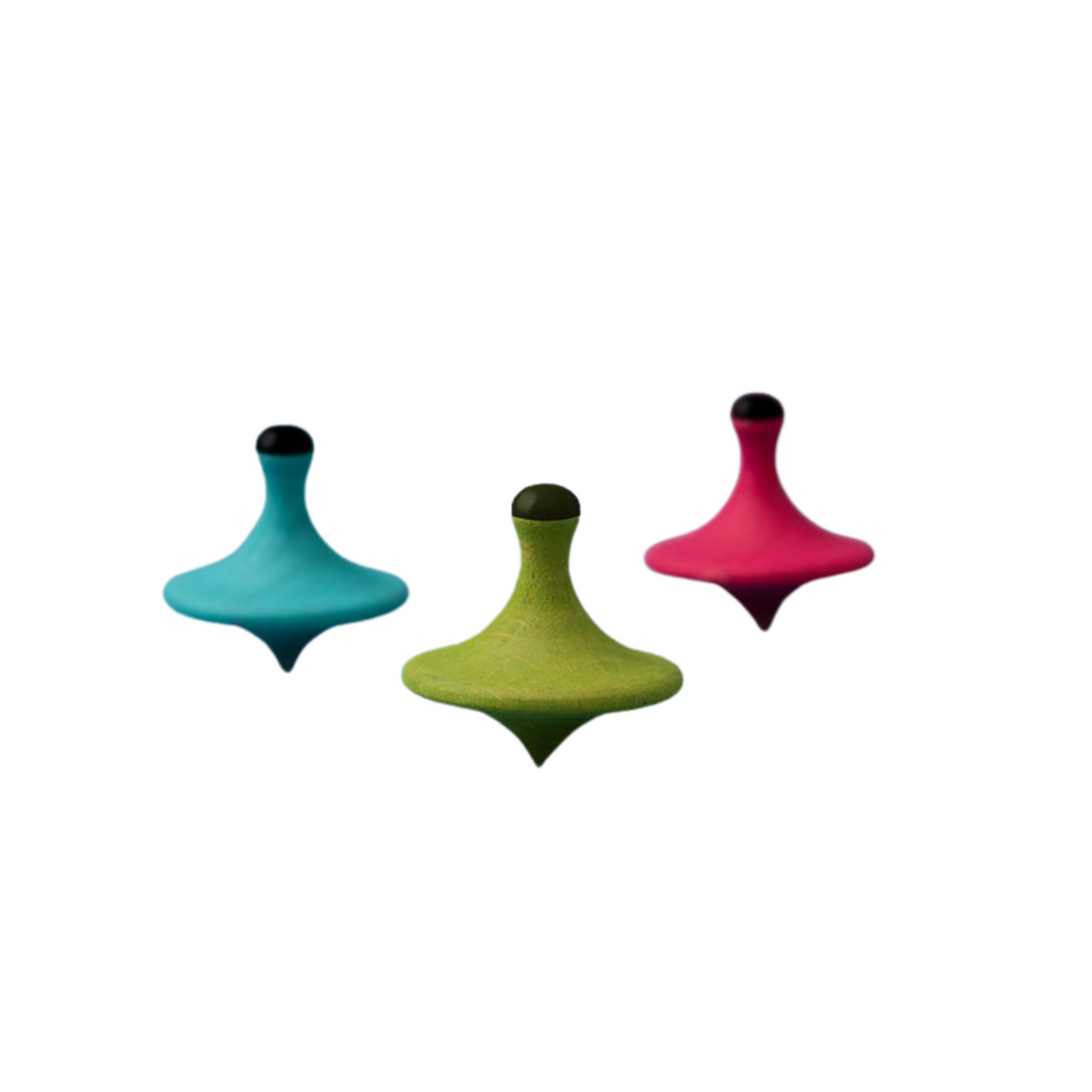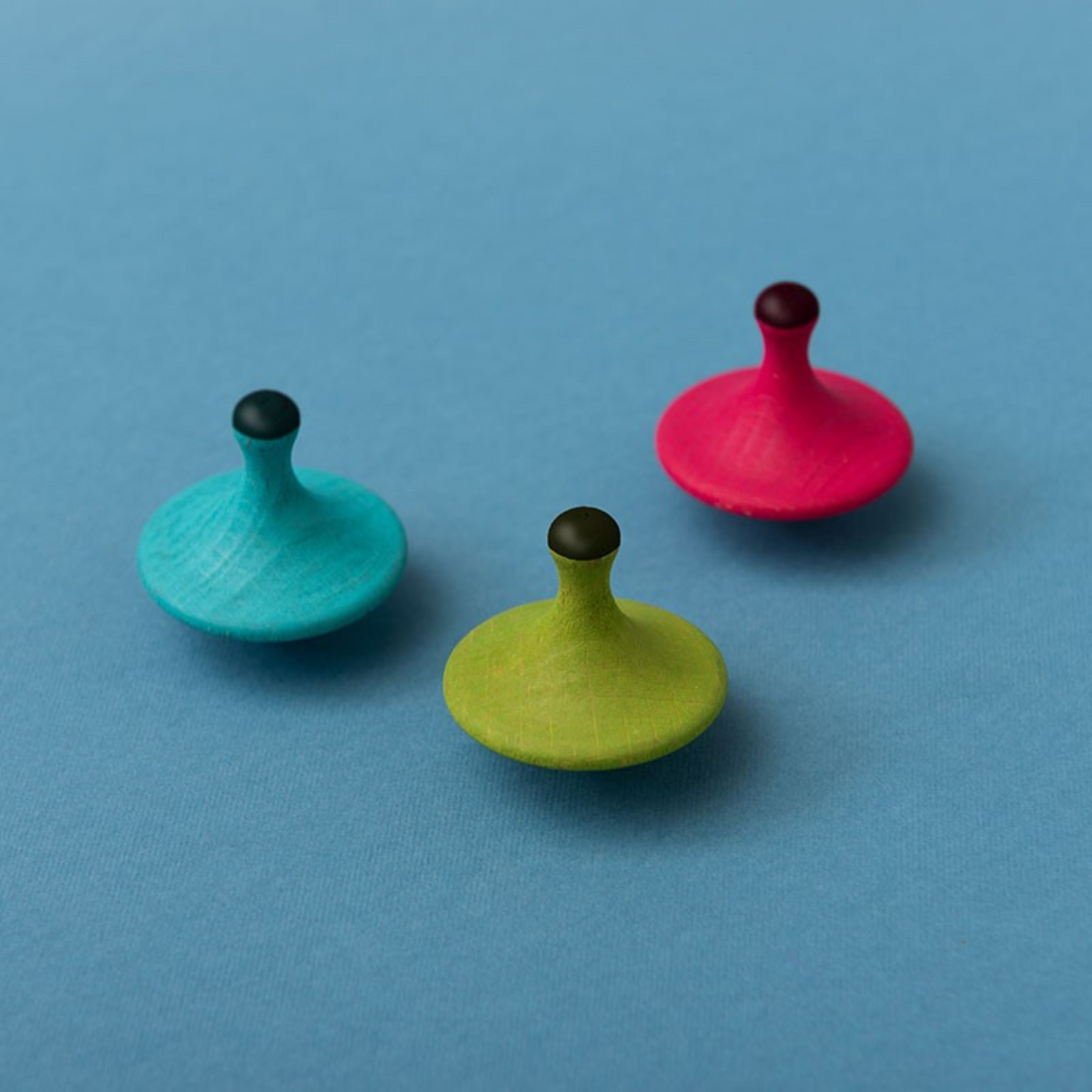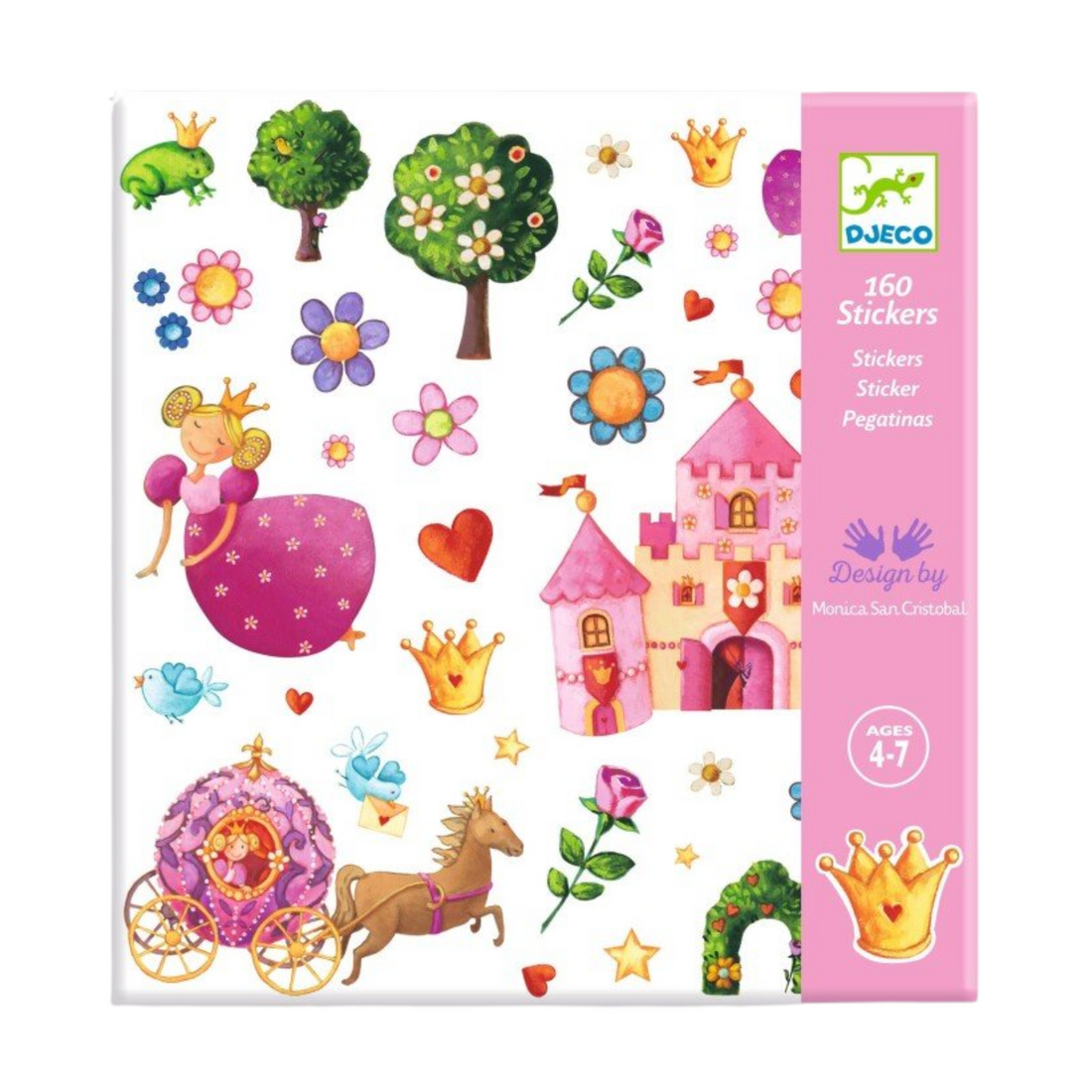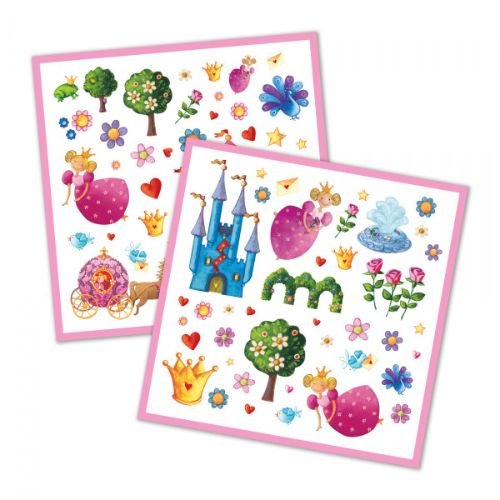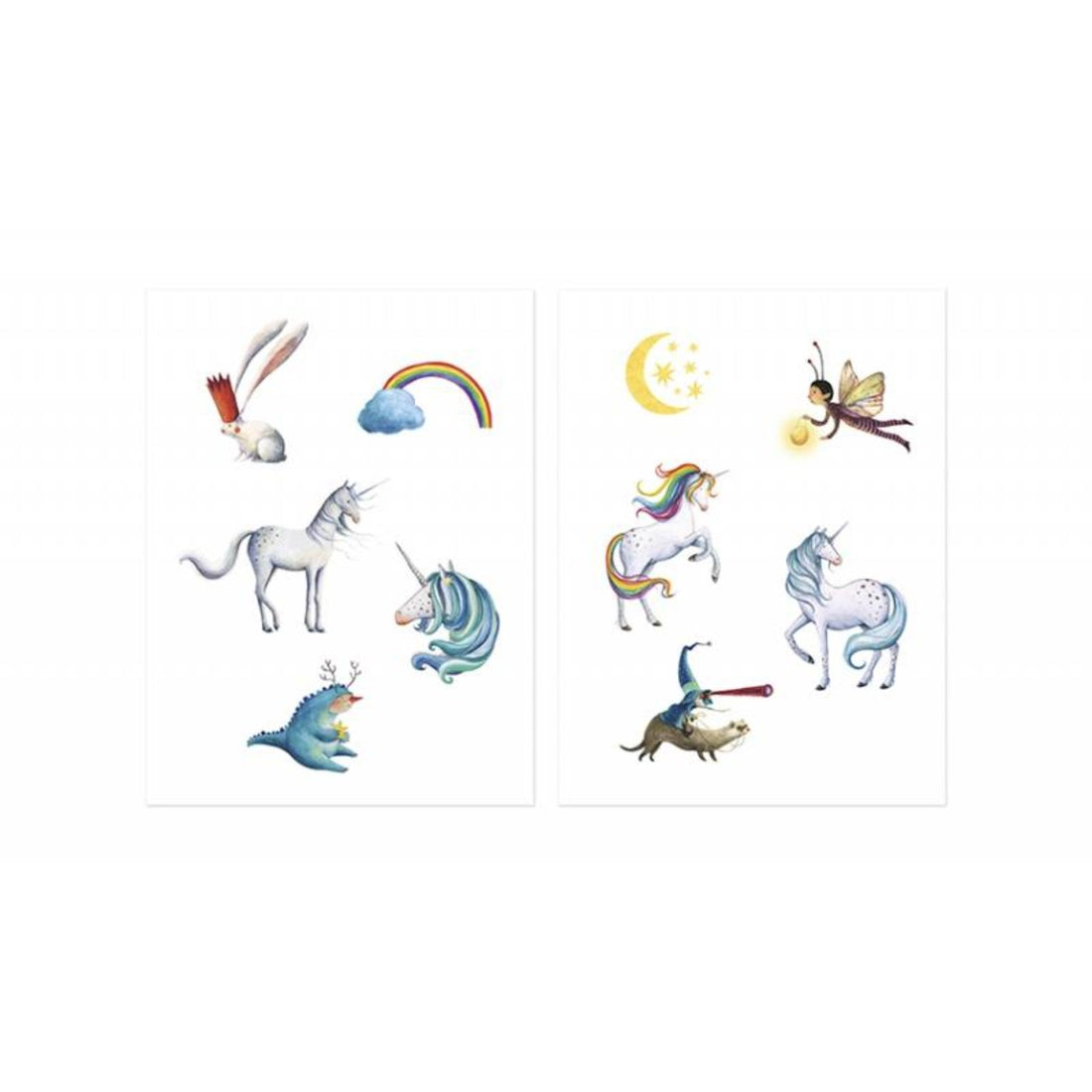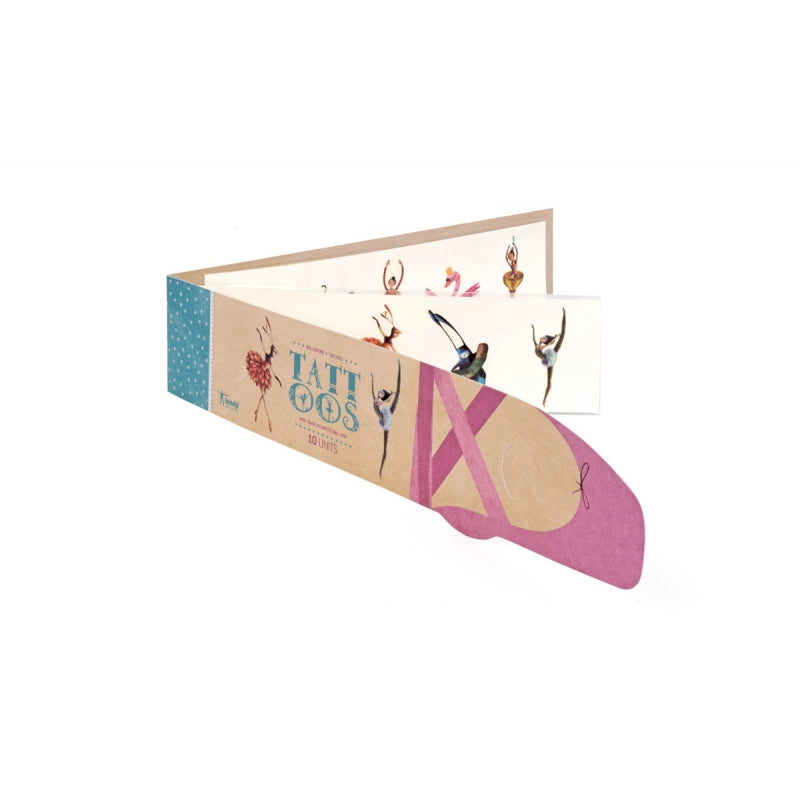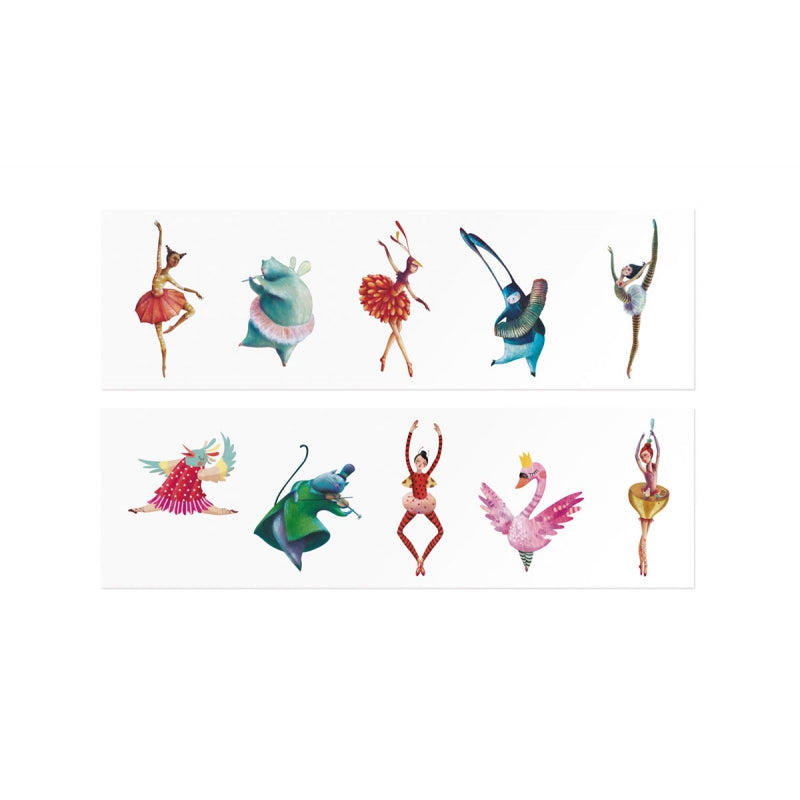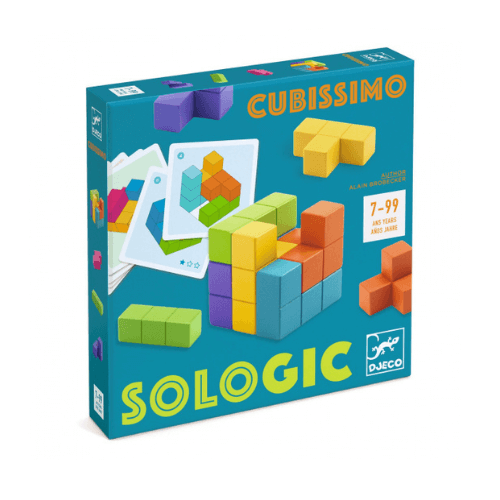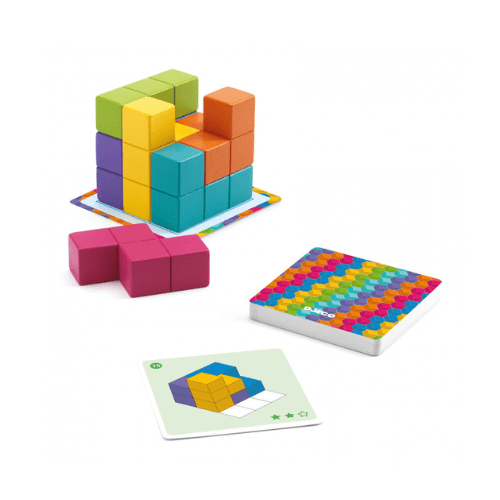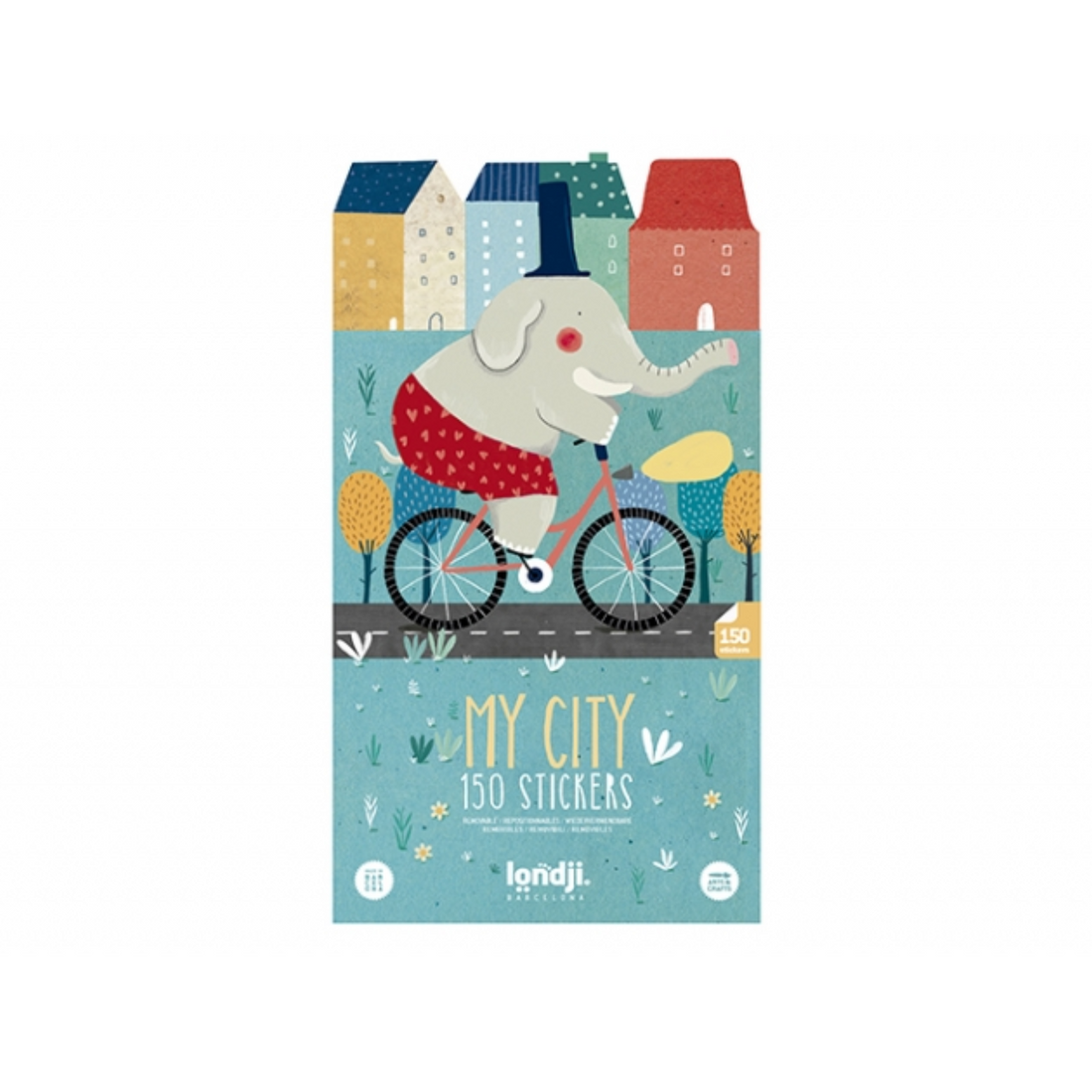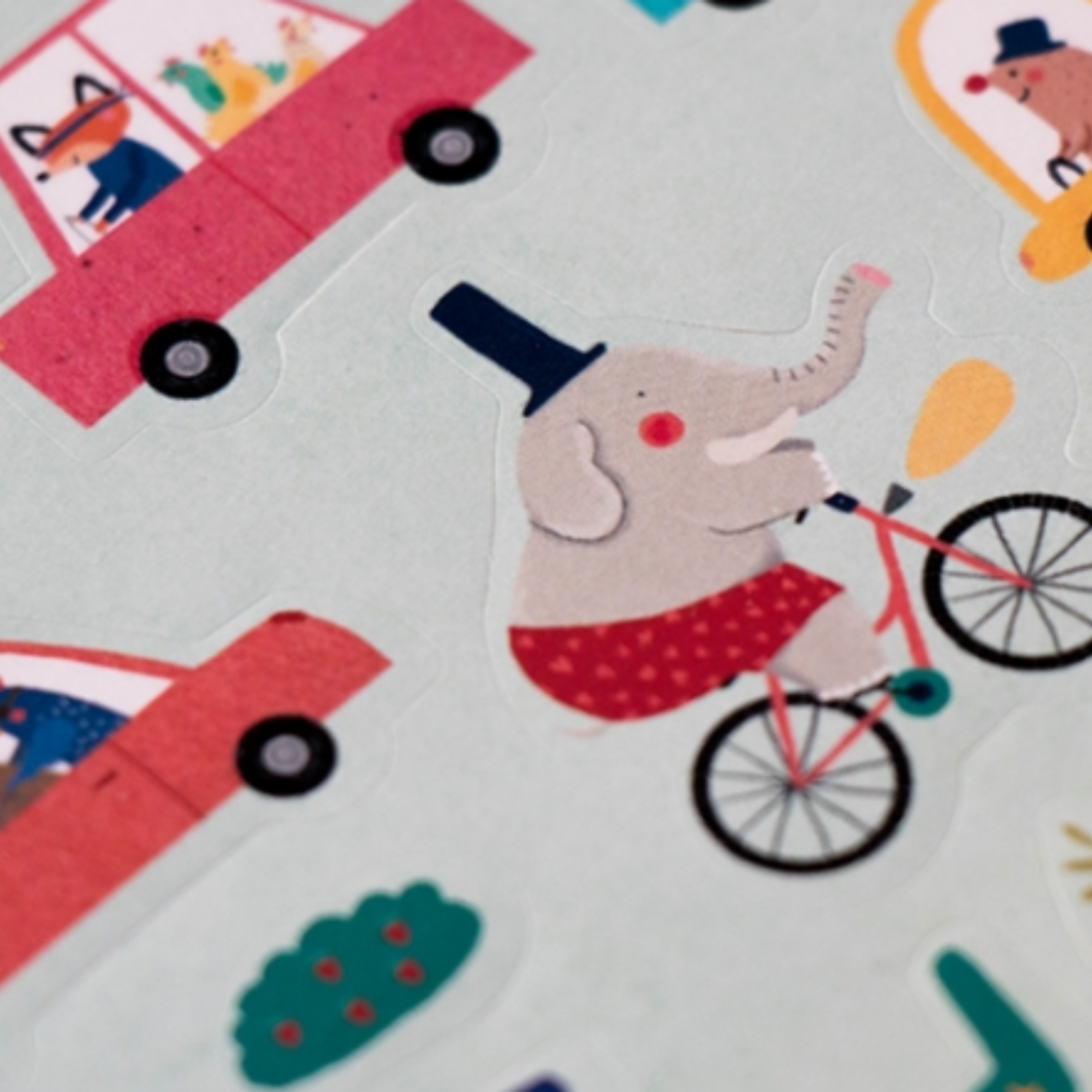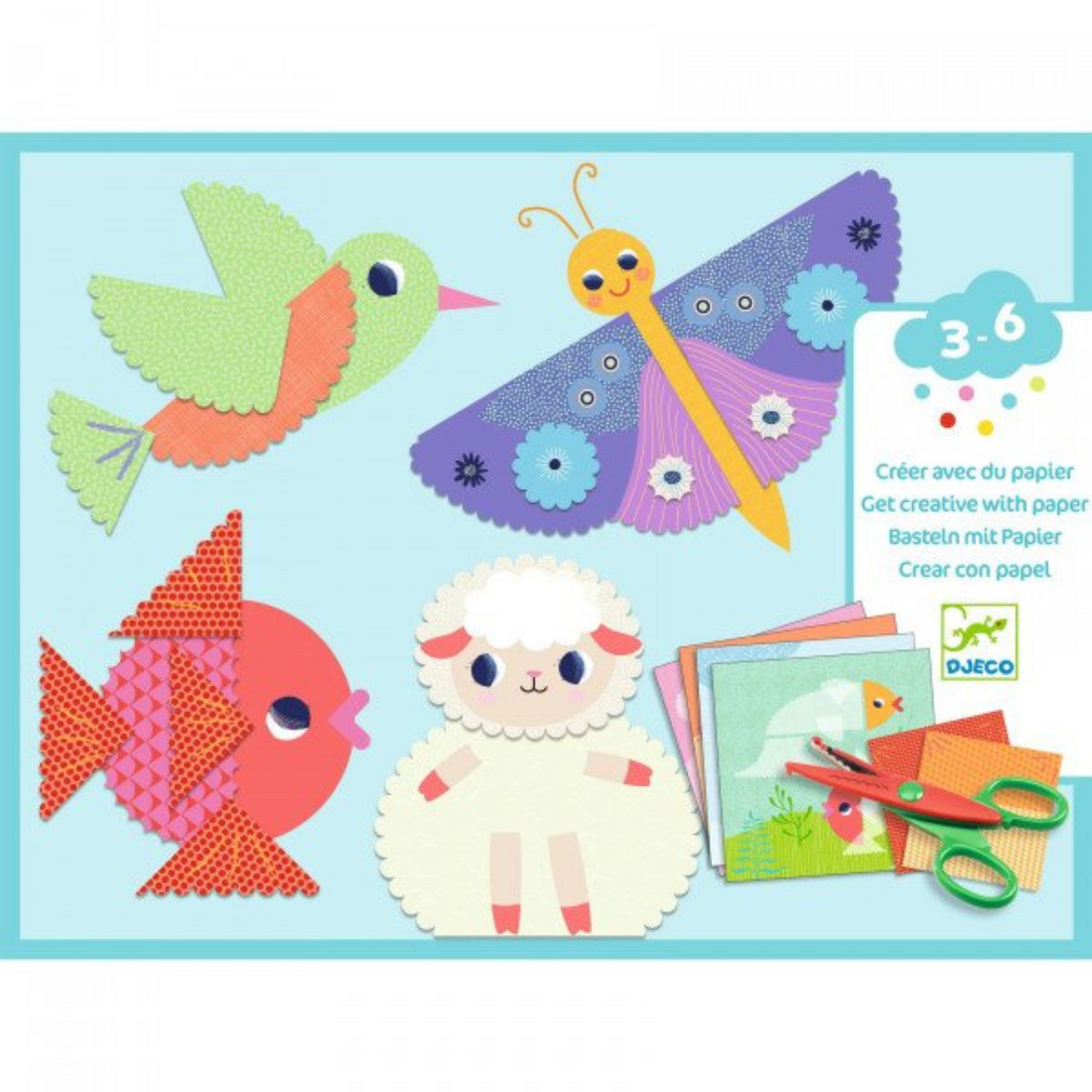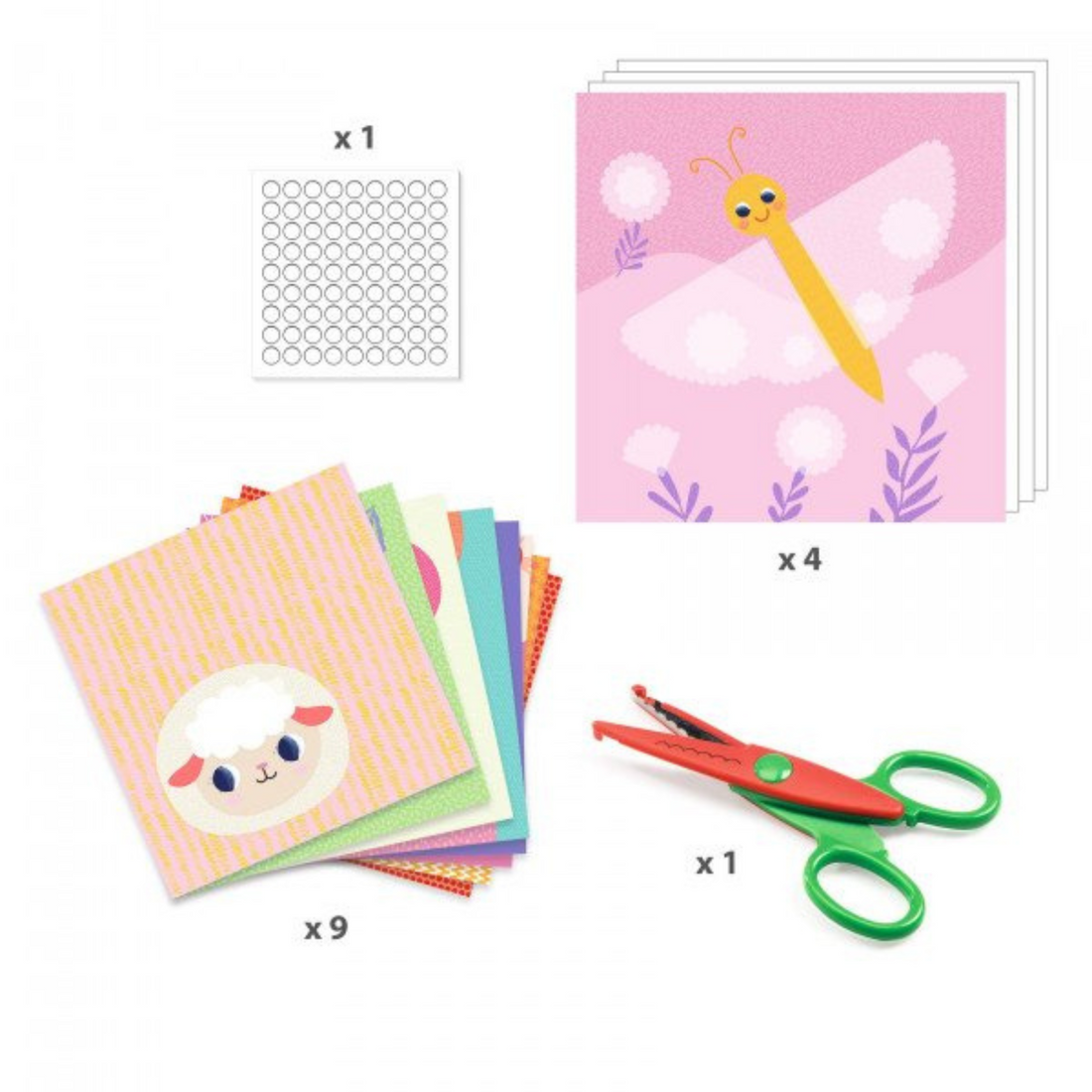Puzzles and games for children
Puzzles for children are probably the best choice for those who want to choose a gift that will catch their attention. Picking puzzles for kids that capture their beloved fairy tale heroes or cartoon characters will hit you straight into the top ten! Although the children will mostly put together the image they want to see, they will not develop logical and strategic thinking, memory and patience..
401 products
-
Djeco mosaic - Primo Mosaico
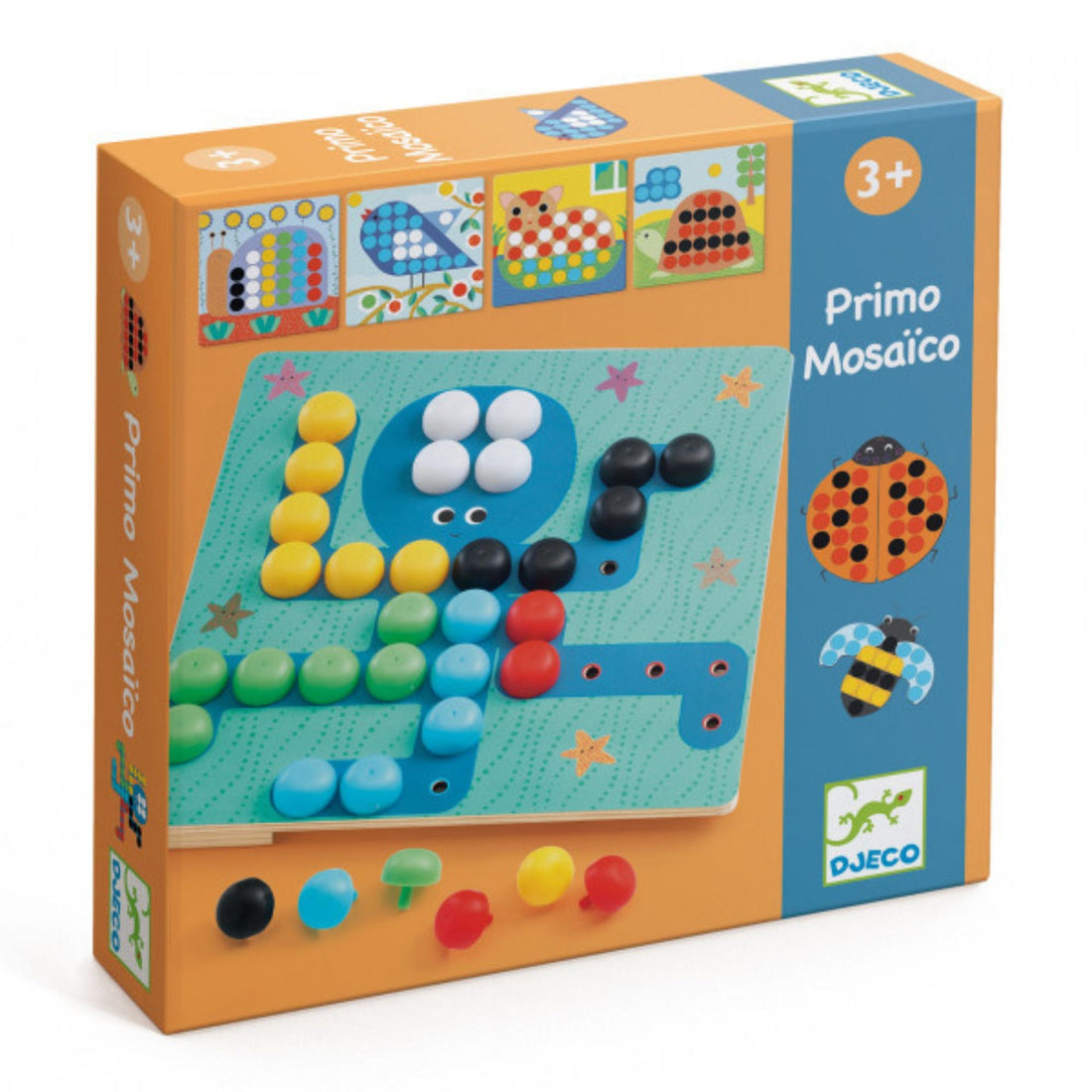
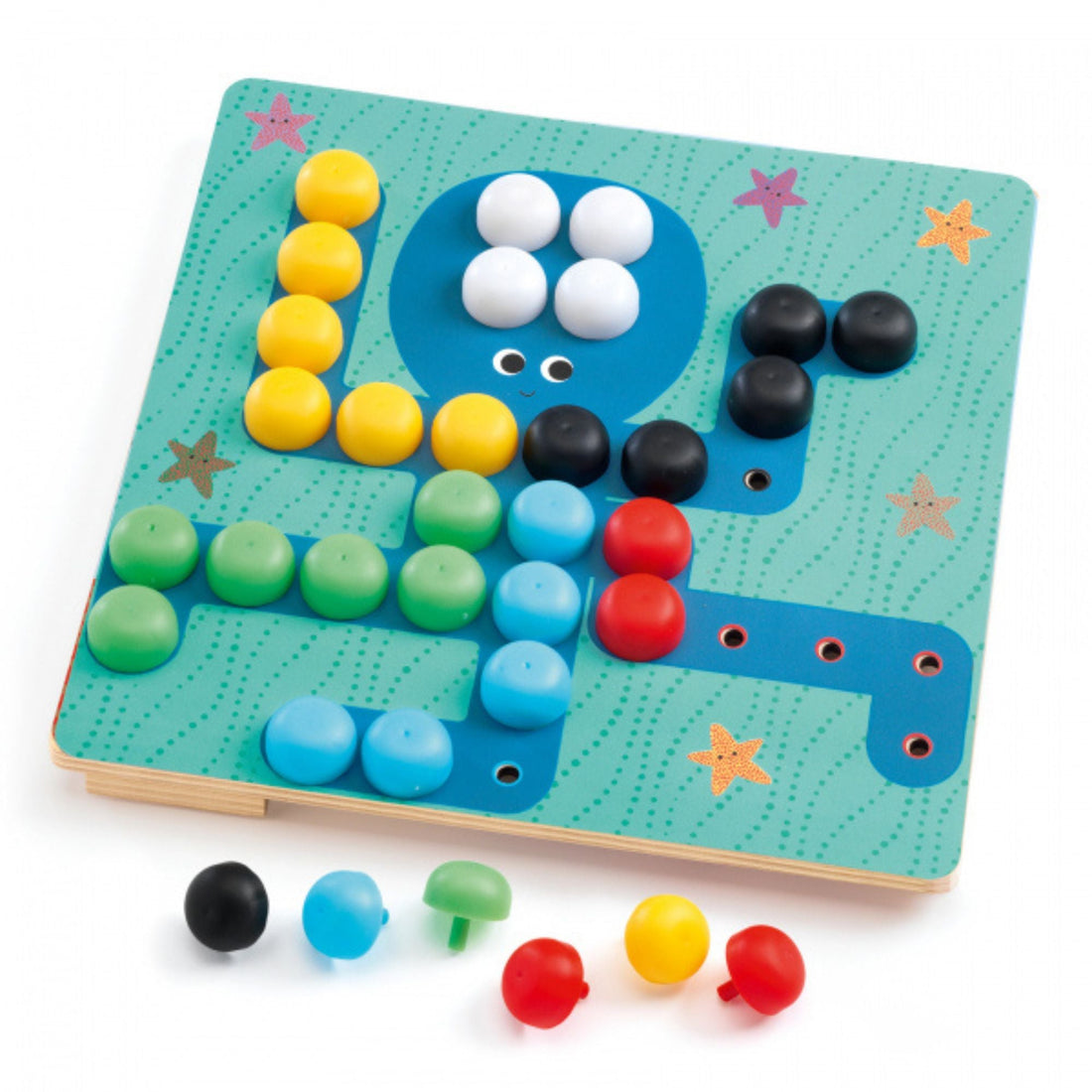 Vendor:Djeco mosaic - Primo MosaicoDjeco
Vendor:Djeco mosaic - Primo MosaicoDjeco- Regular price
-
€21,60 - Regular price
-
€27,00 - Sale price
-
€21,60
-
Djeco puzzle - In the Jungle
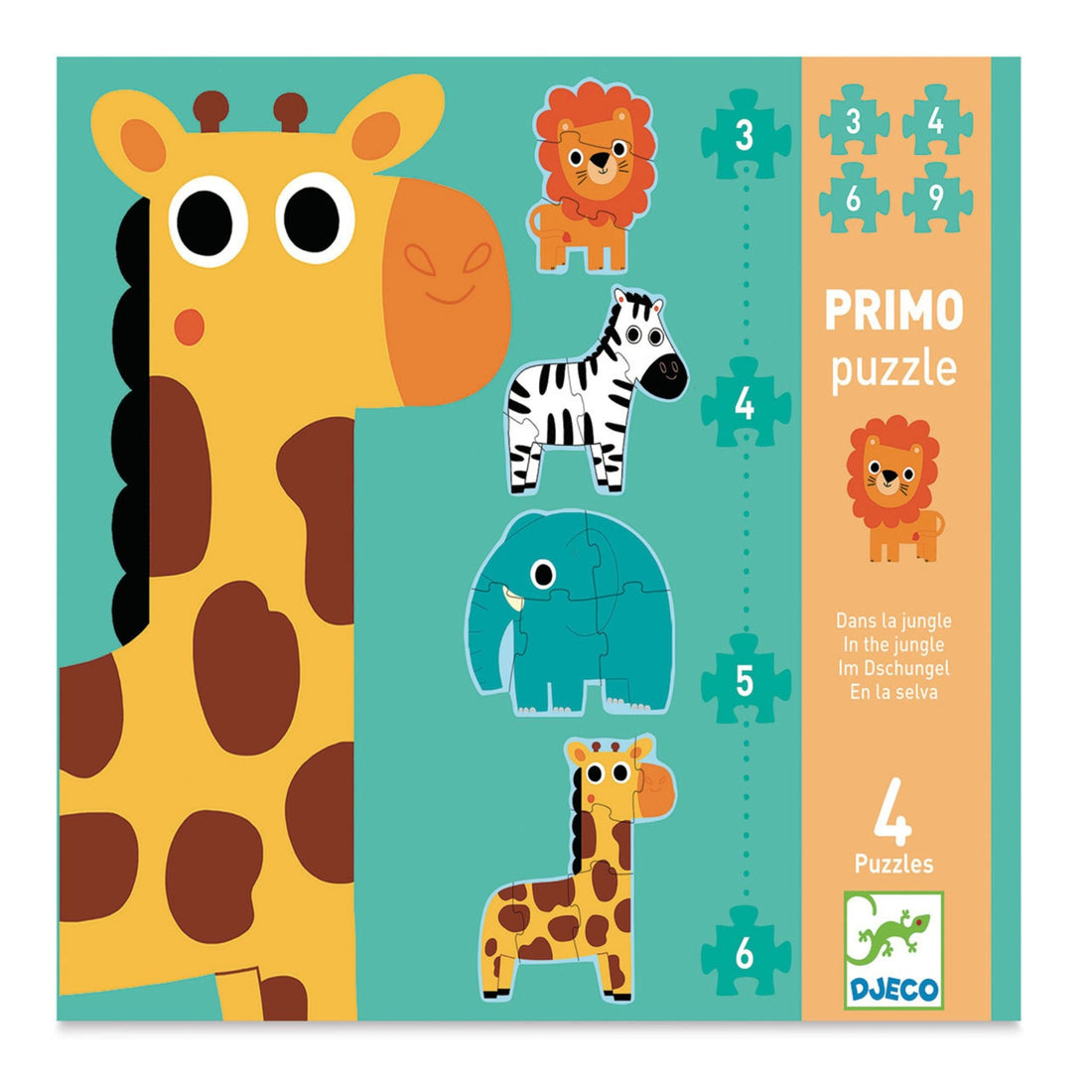
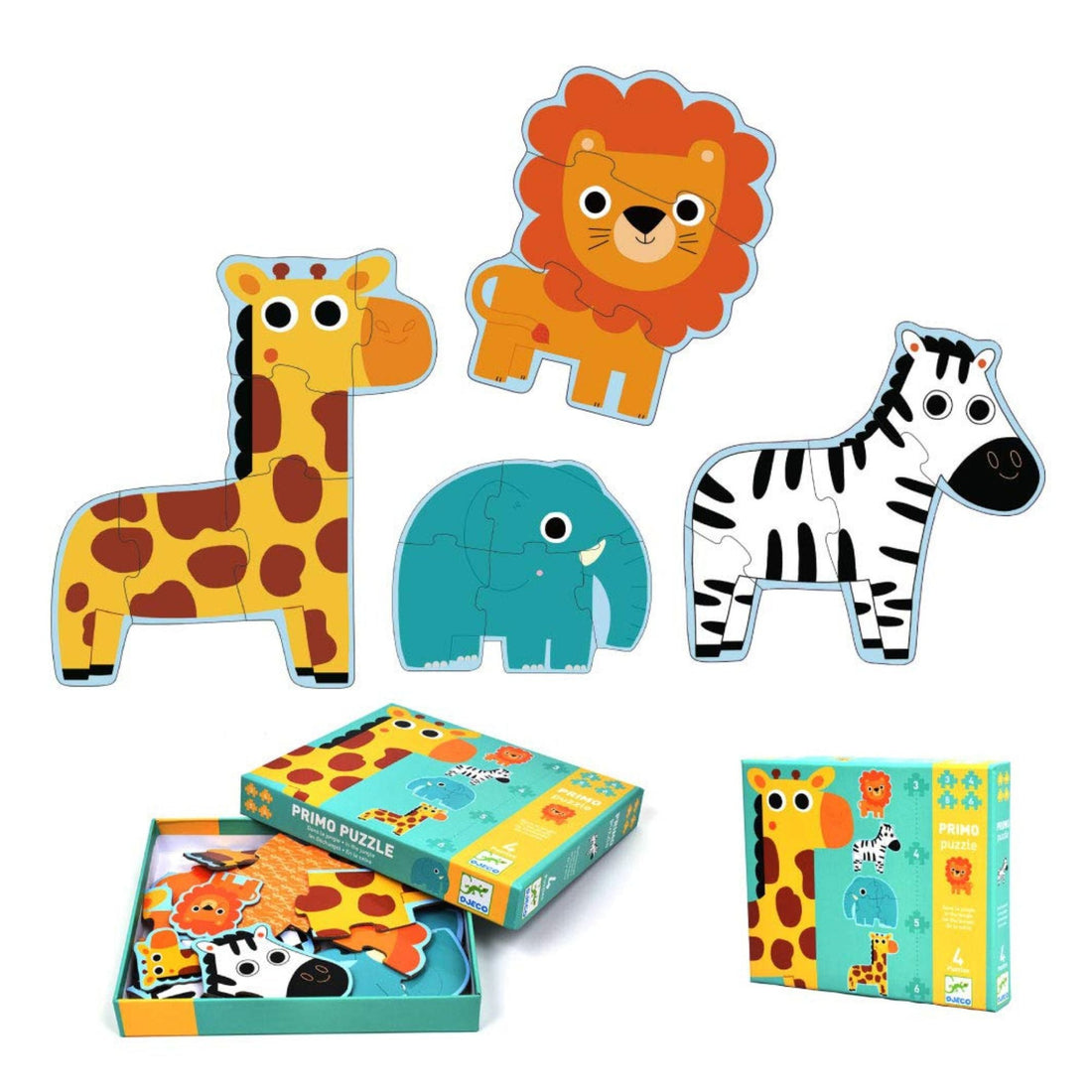 Vendor:Djeco puzzle - In the JungleDjeco
Vendor:Djeco puzzle - In the JungleDjeco- Regular price
-
€12,00 - Regular price
-
€15,00 - Sale price
-
€12,00
-
Djeco headband making kit - Precious
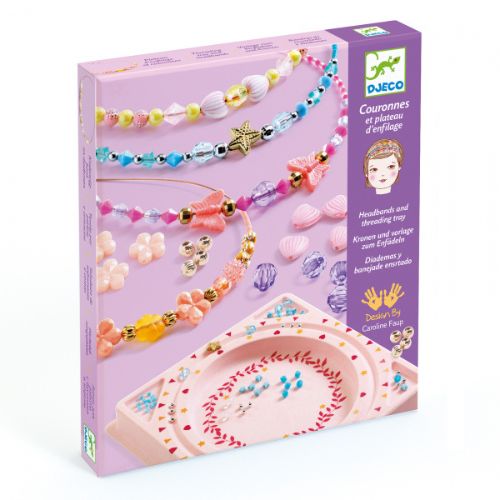
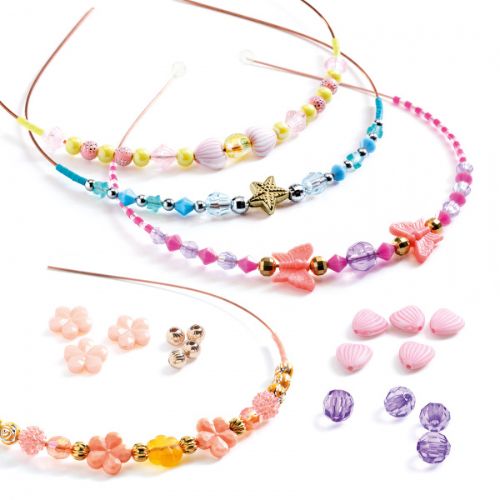 Vendor:Djeco headband making kit - PreciousDjeco
Vendor:Djeco headband making kit - PreciousDjeco- Regular price
-
€20,00 - Regular price
-
€25,00 - Sale price
-
€20,00
-
Educational wooden game - Crococroc
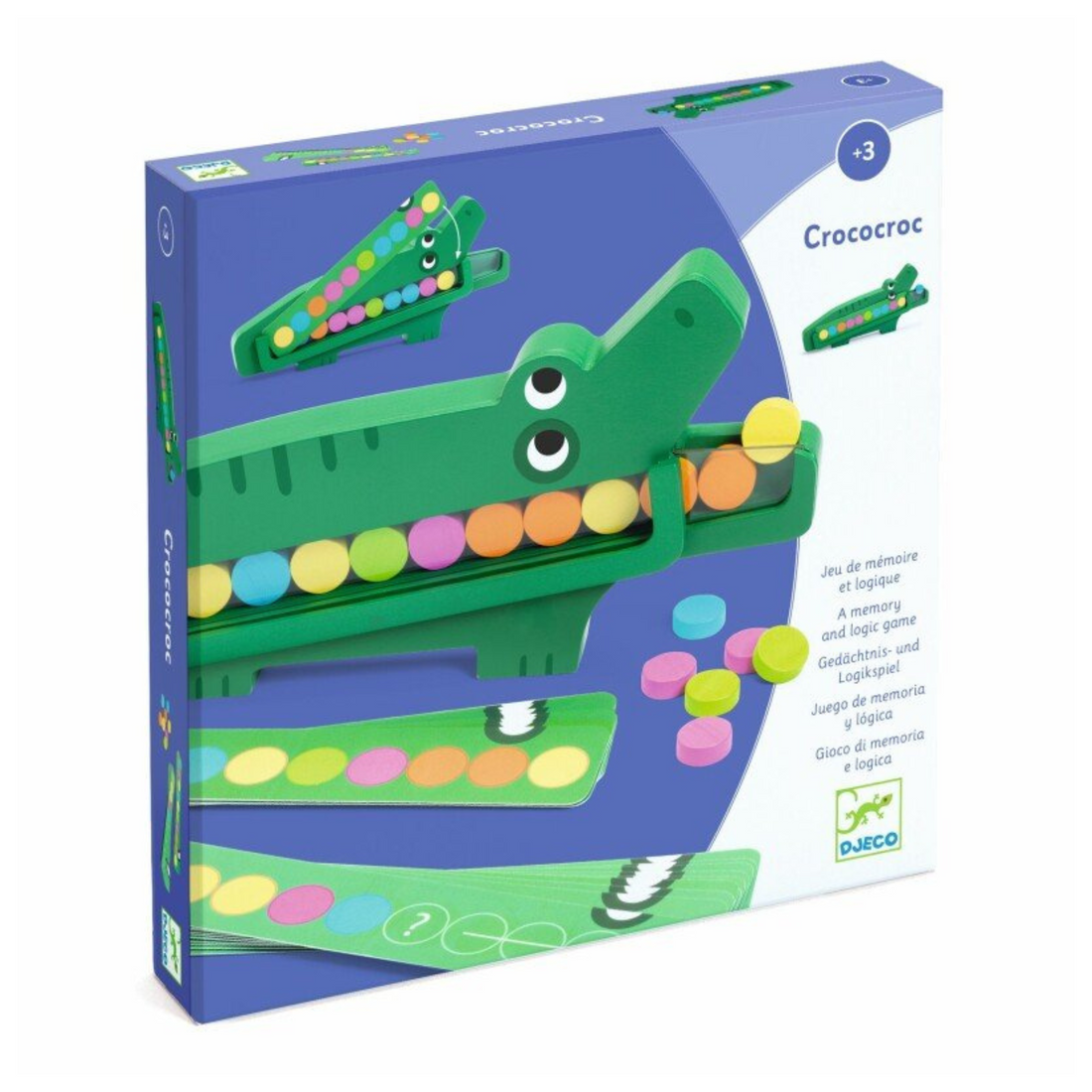
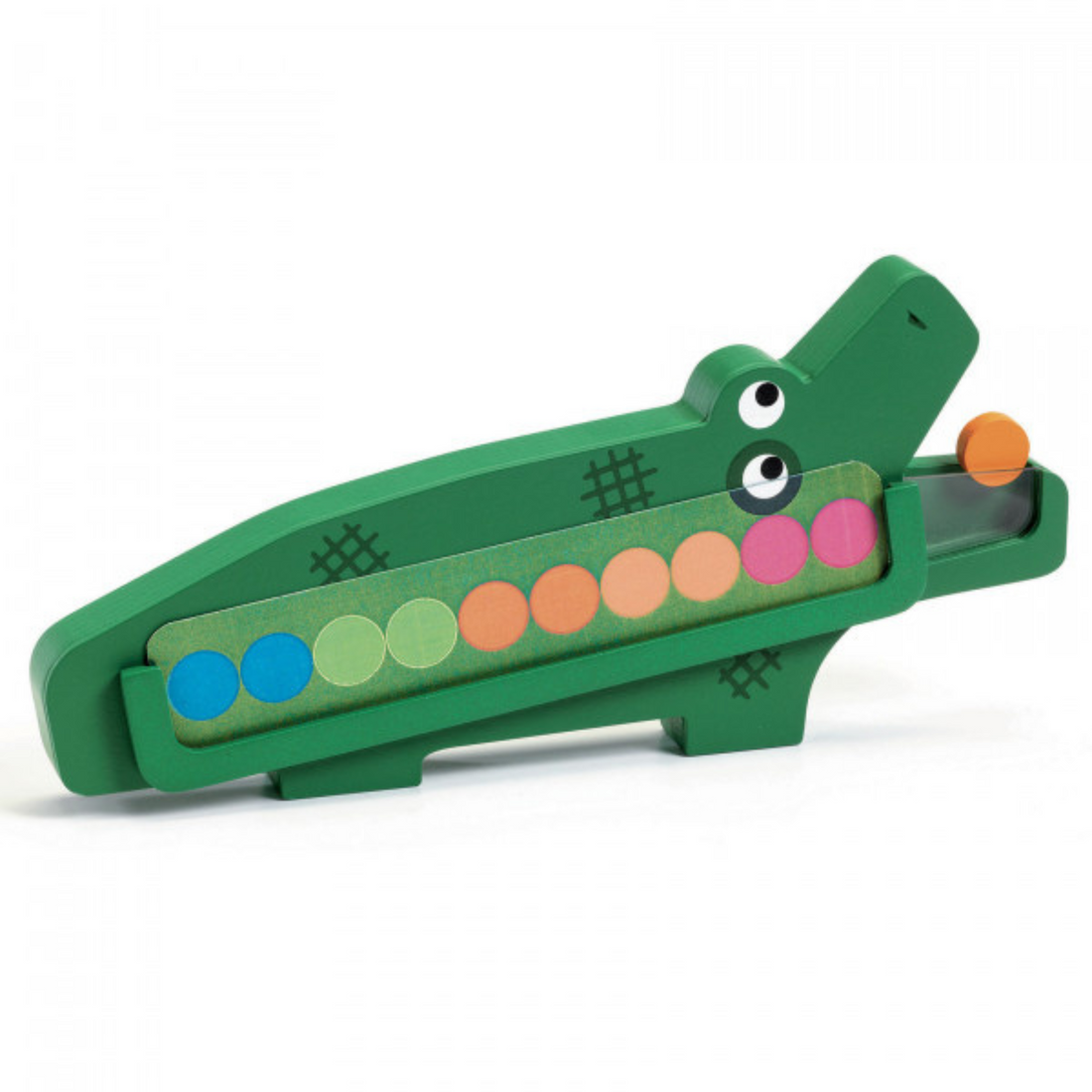 Vendor:Educational wooden game - CrococrocDjeco
Vendor:Educational wooden game - CrococrocDjeco- Regular price
-
€23,20 - Regular price
-
€29,00 - Sale price
-
€23,20
-
Djeco puzzle - Honoré & Friends
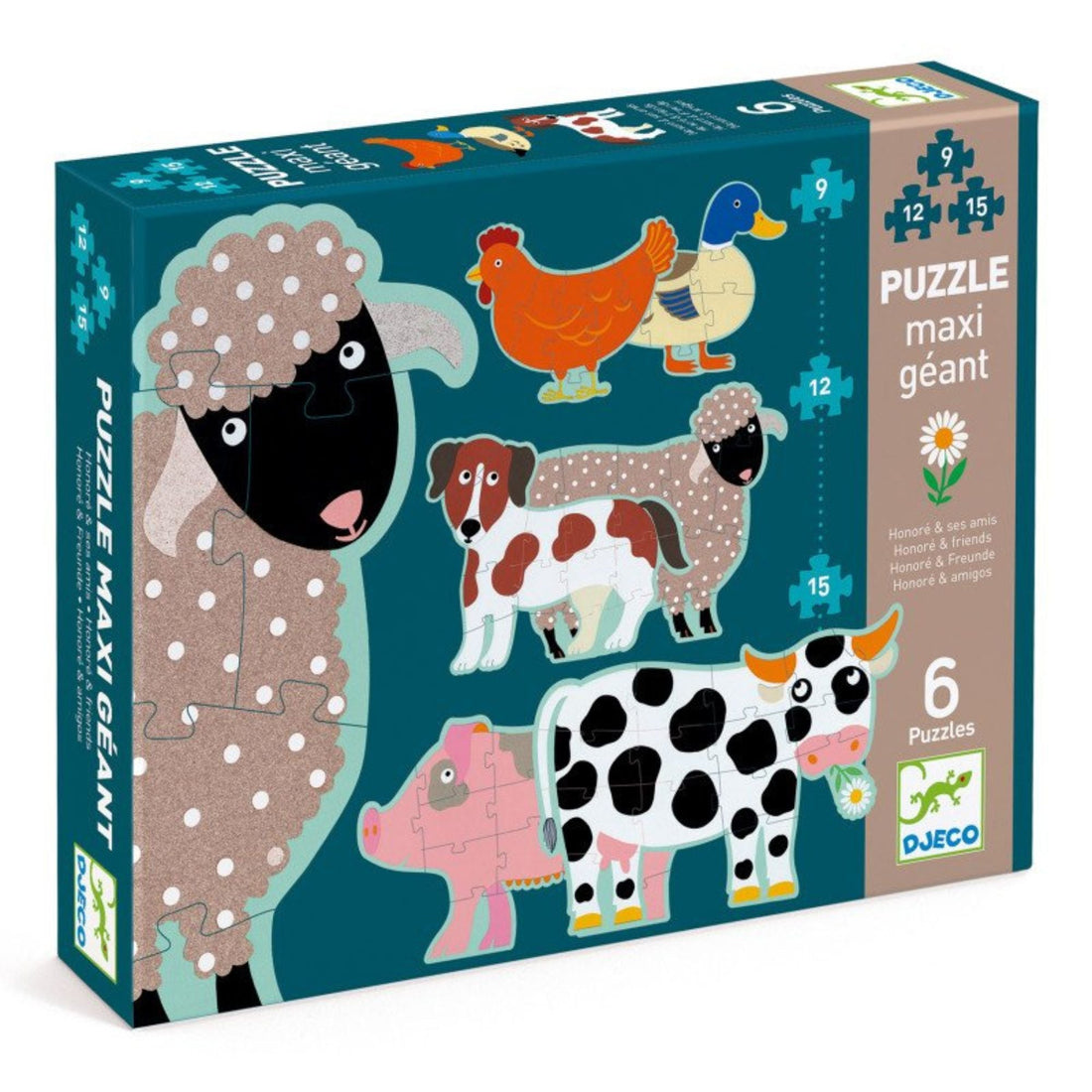
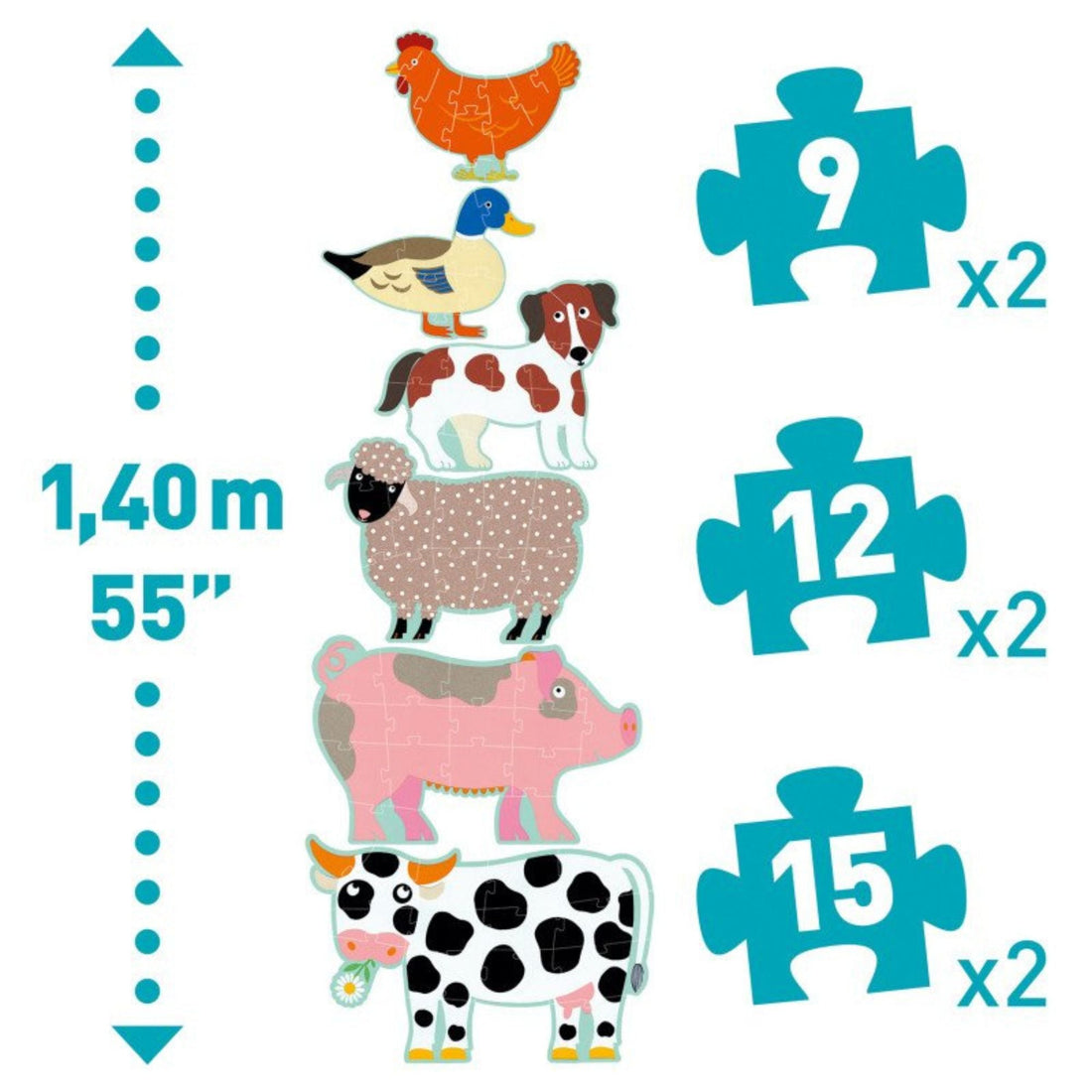 Vendor:Djeco puzzle - Honoré & FriendsDjeco
Vendor:Djeco puzzle - Honoré & FriendsDjeco- Regular price
-
€22,40 - Regular price
-
€28,00 - Sale price
-
€22,40
-
Let's write and clear the numbers! A reusable educational set with numbers
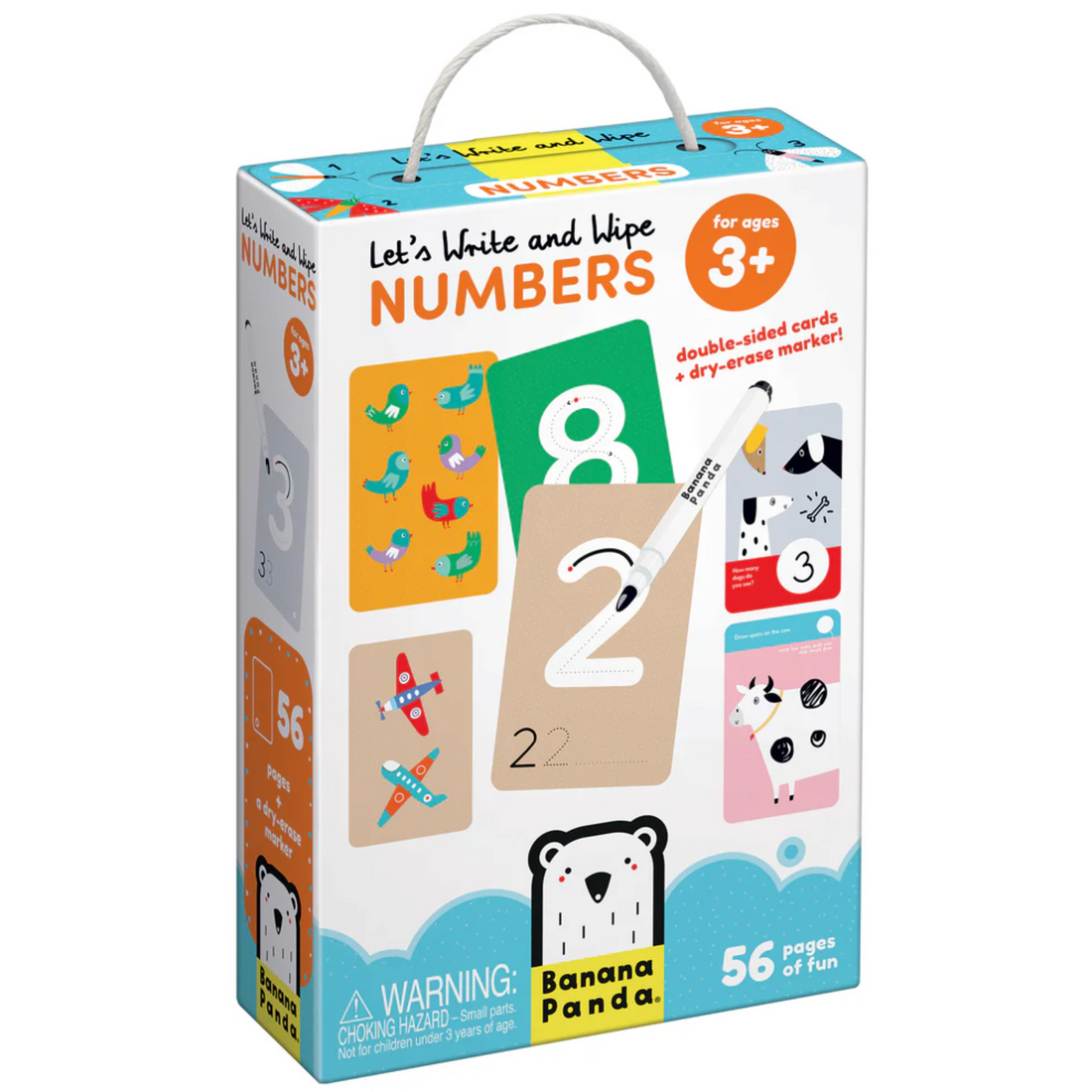
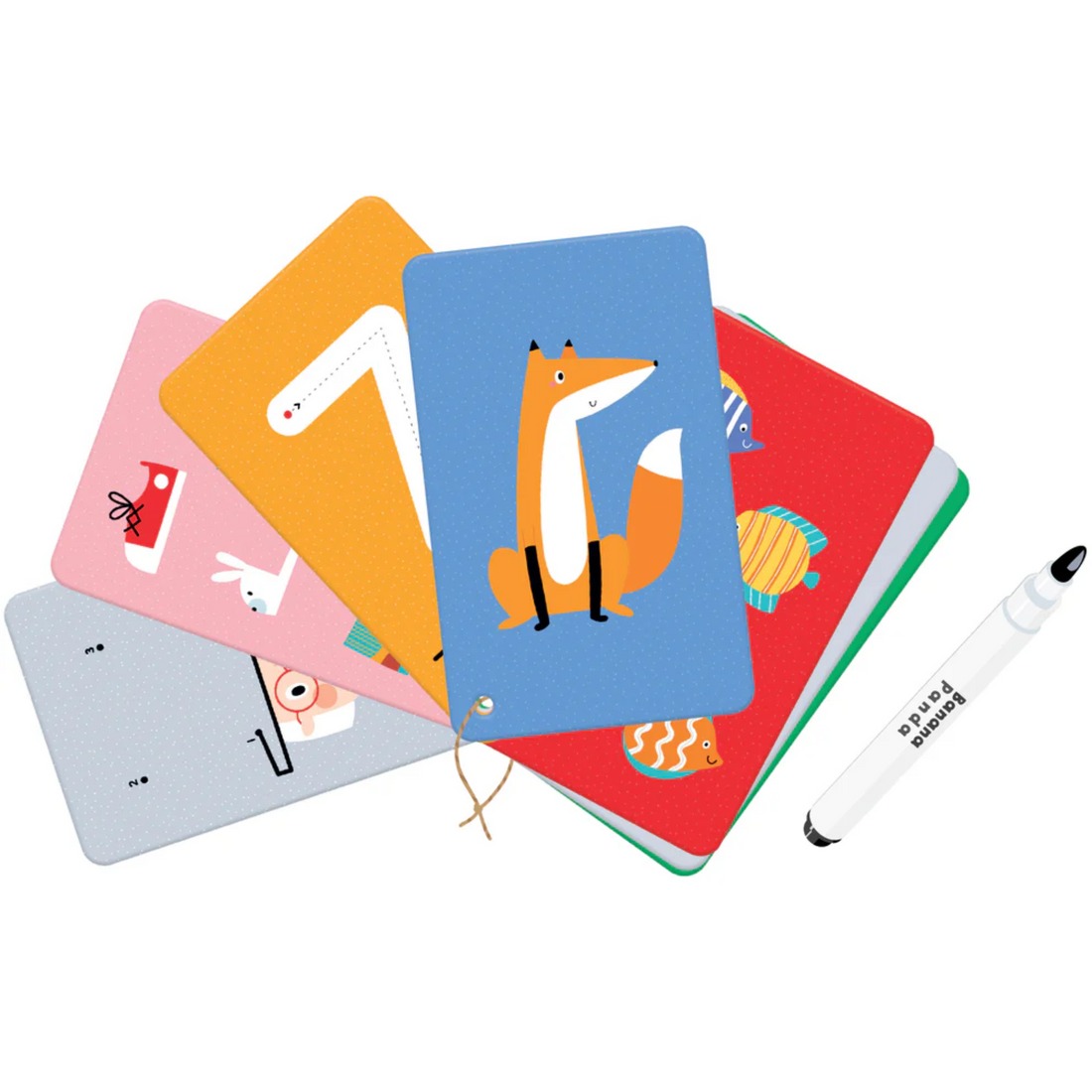 Vendor:Let's write and clear the numbers! A reusable educational set with numbersBanana Panda
Vendor:Let's write and clear the numbers! A reusable educational set with numbersBanana Panda- Regular price
-
€13,60 - Regular price
-
€17,00 - Sale price
-
€13,60
-
Educational game - Emotions
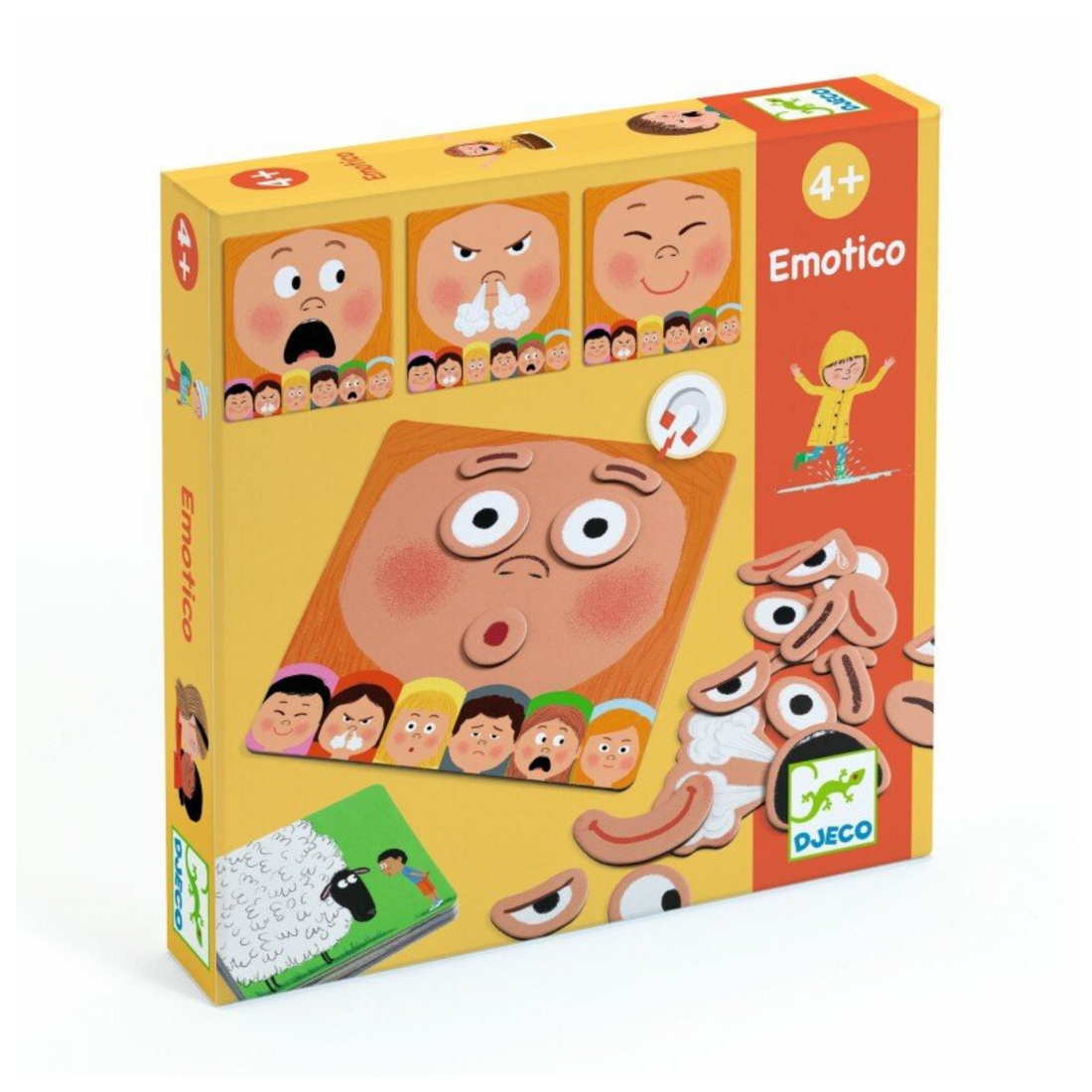
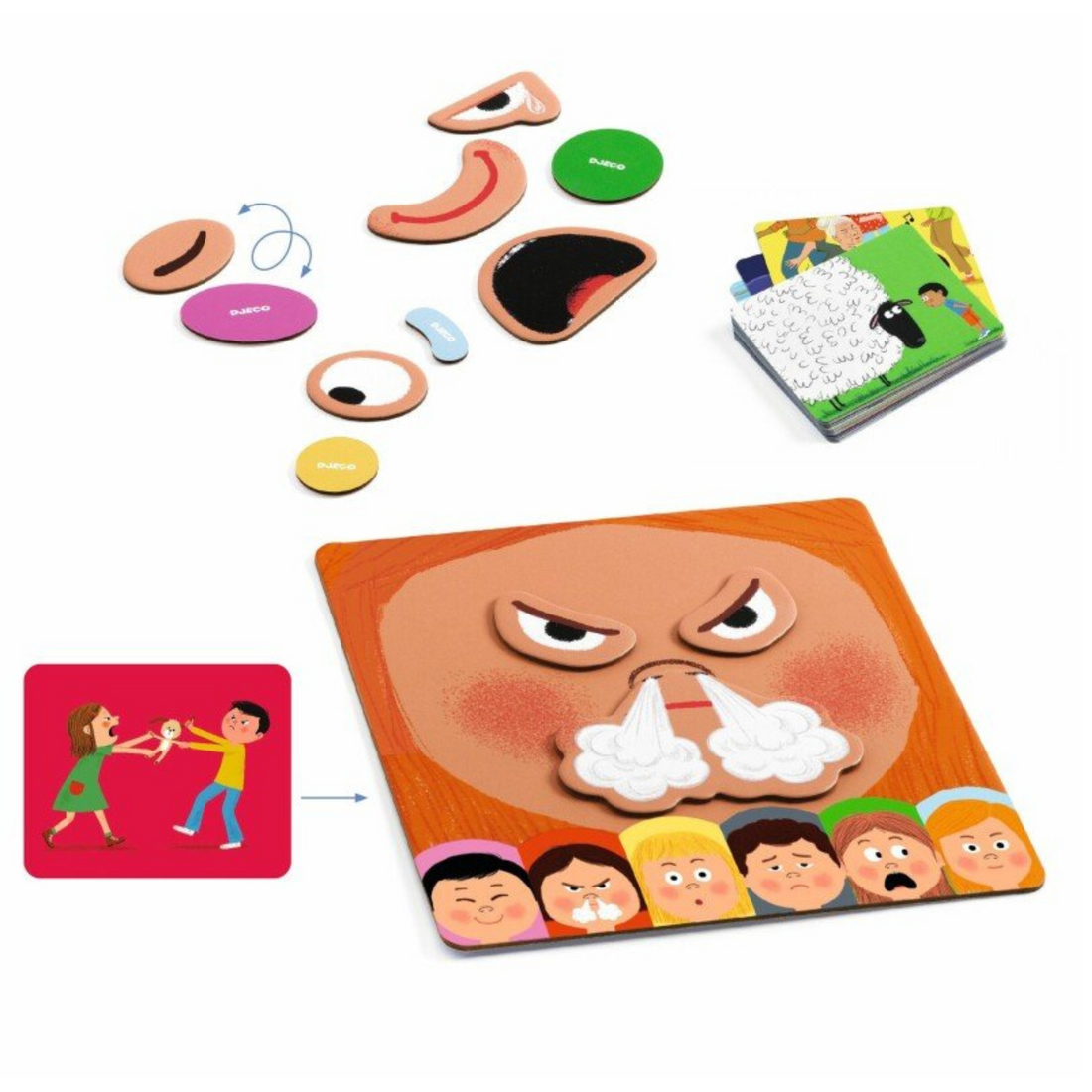 Vendor:Educational game - EmotionsDjeco
Vendor:Educational game - EmotionsDjeco- Regular price
-
€16,00 - Regular price
-
€20,00 - Sale price
-
€16,00
-
Djeco Balance Game - Ze Totanimo
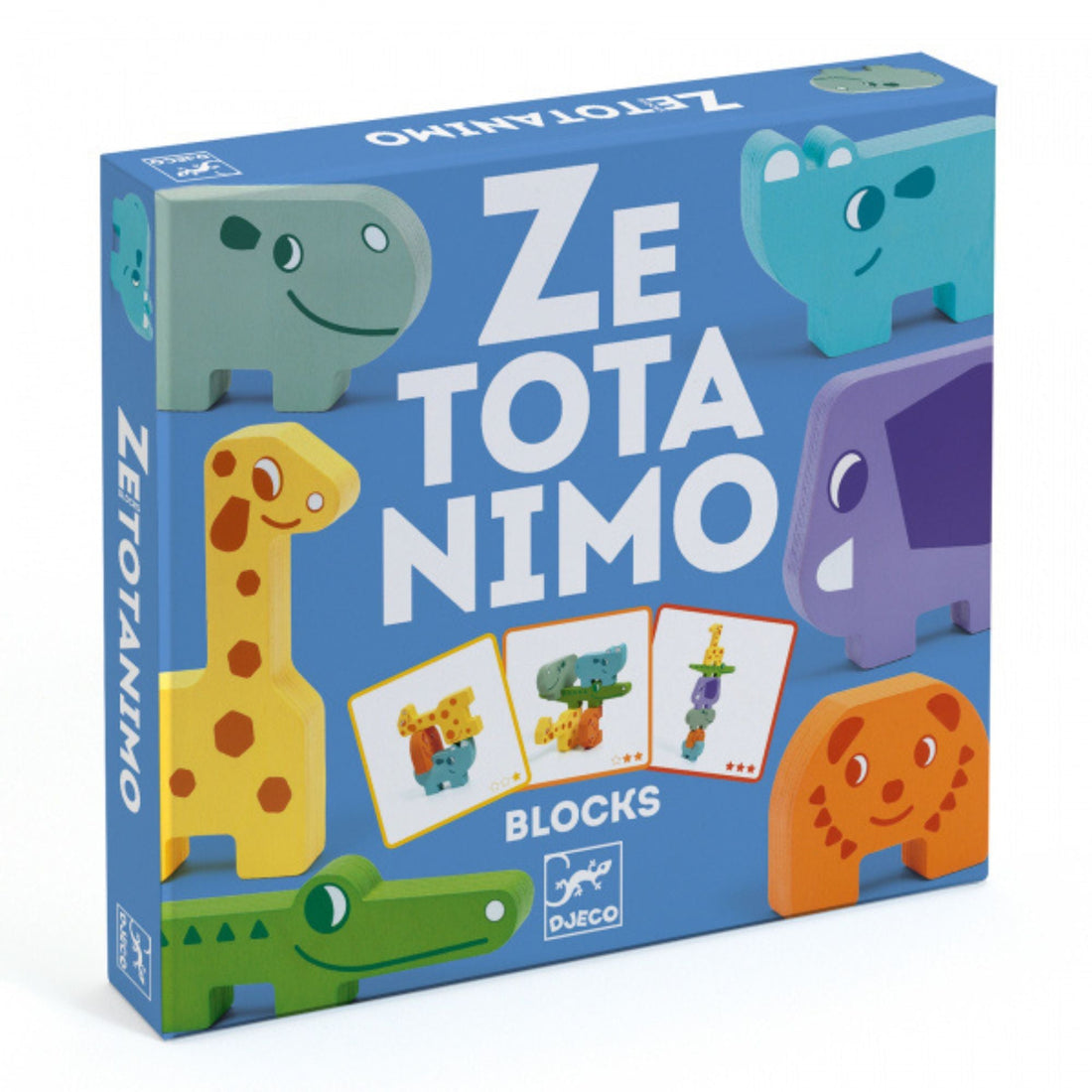
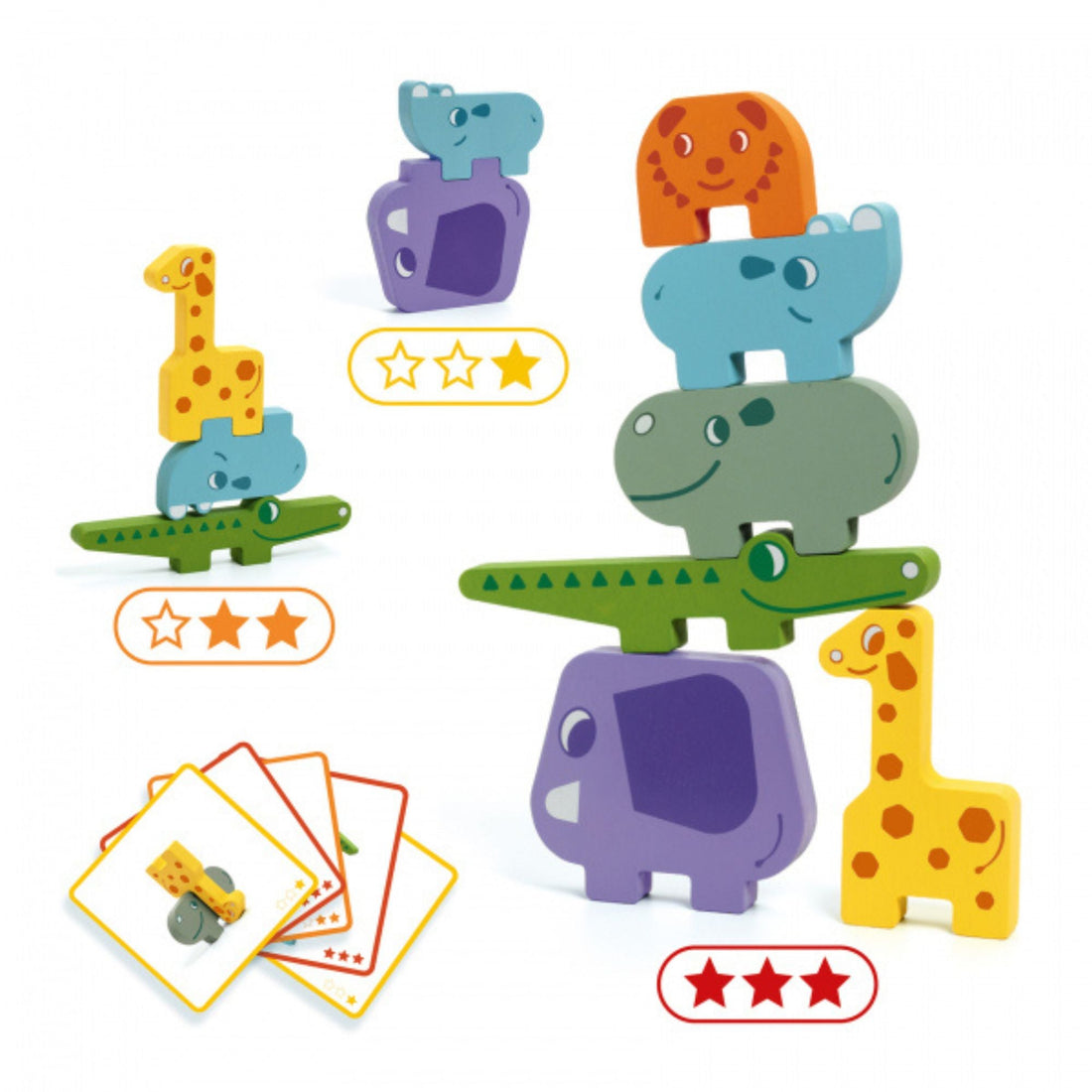 Vendor:Djeco Balance Game - Ze TotanimoDjeco
Vendor:Djeco Balance Game - Ze TotanimoDjeco- Regular price
-
€22,40 - Regular price
-
€28,00 - Sale price
-
€22,40
-
A set of contrasting cards and books for babies
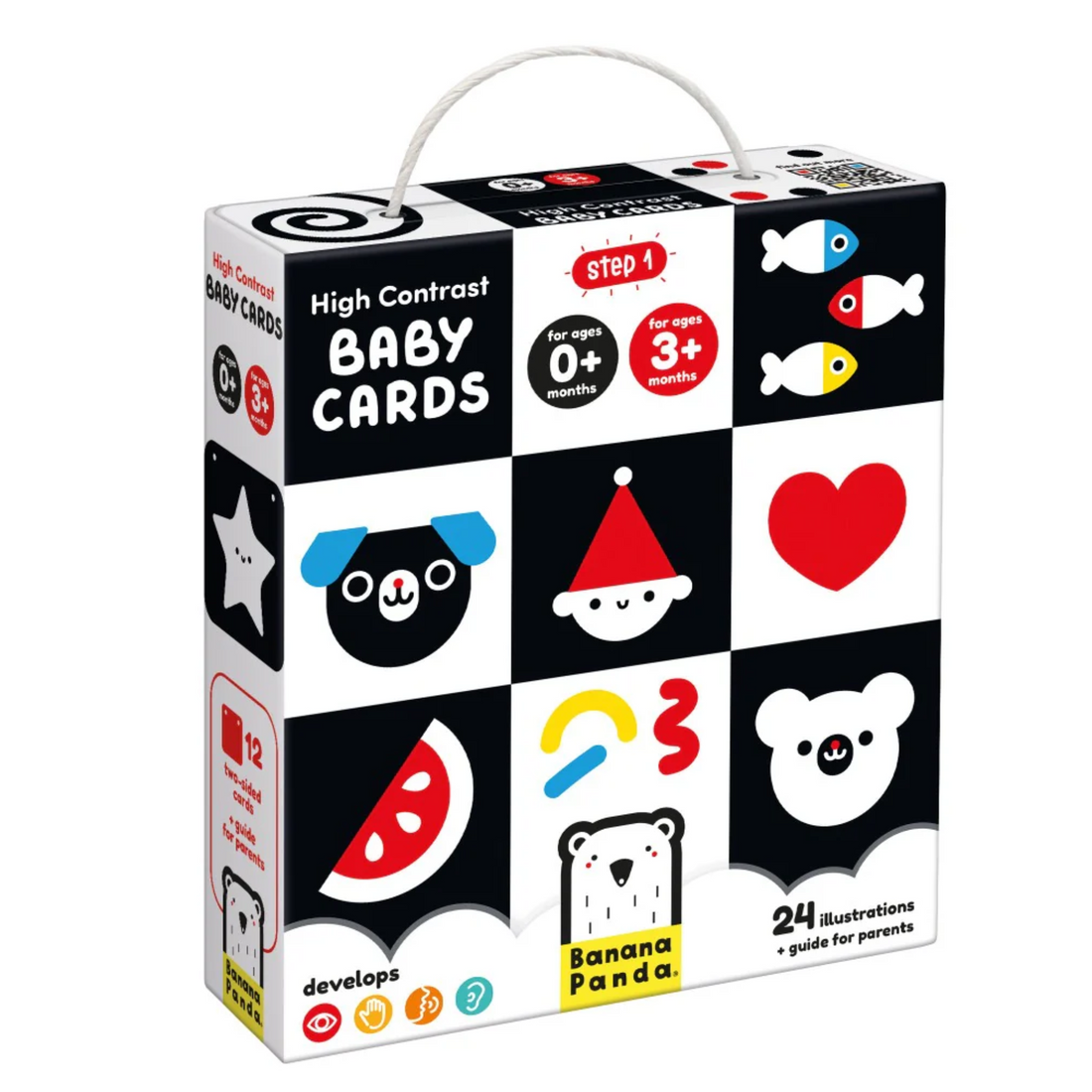
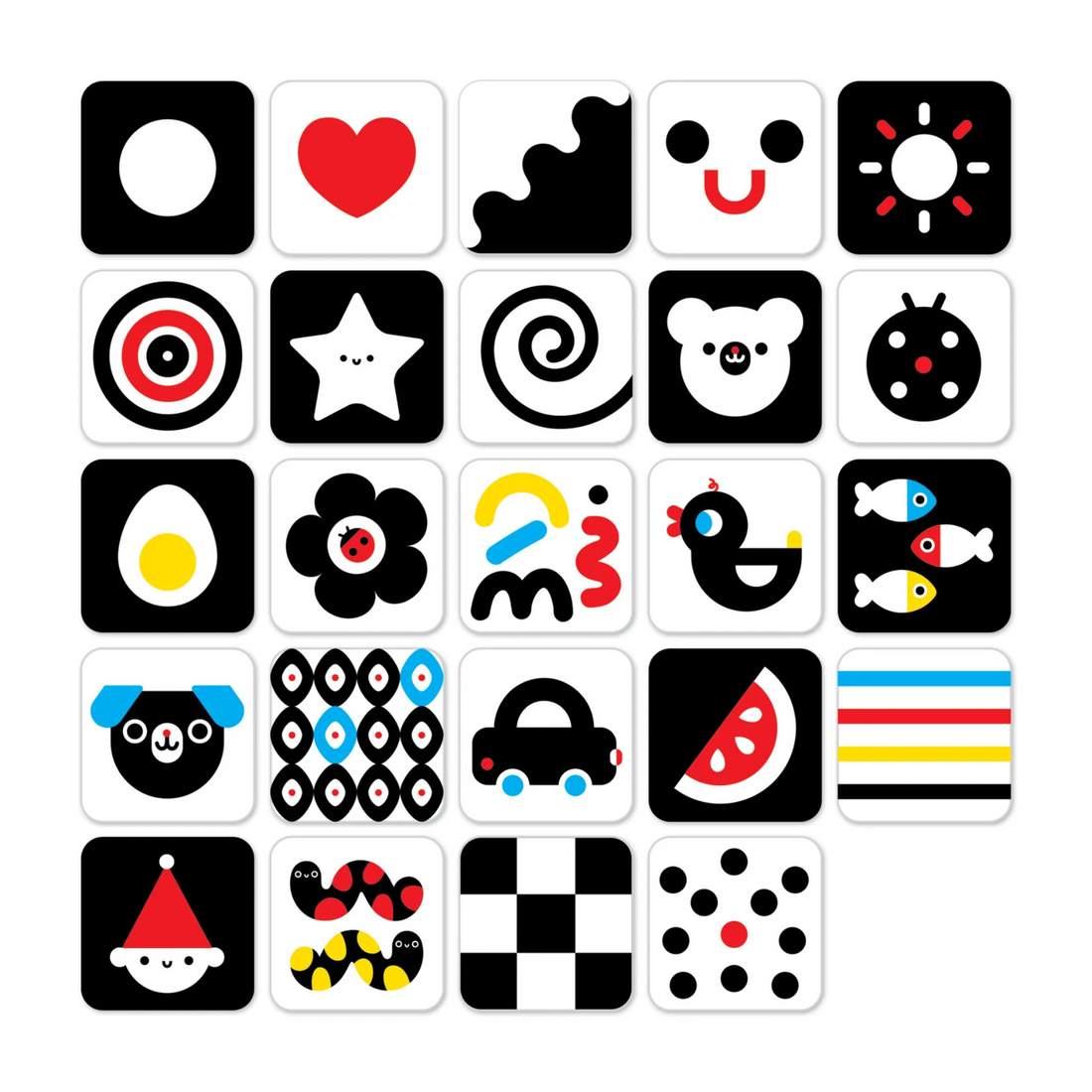 Vendor:A set of contrasting cards and books for babiesBanana Panda
Vendor:A set of contrasting cards and books for babiesBanana Panda- Regular price
-
€17,60 - Regular price
-
€22,00 - Sale price
-
€17,60
-
Djeco puzzle - Dinner's ready!
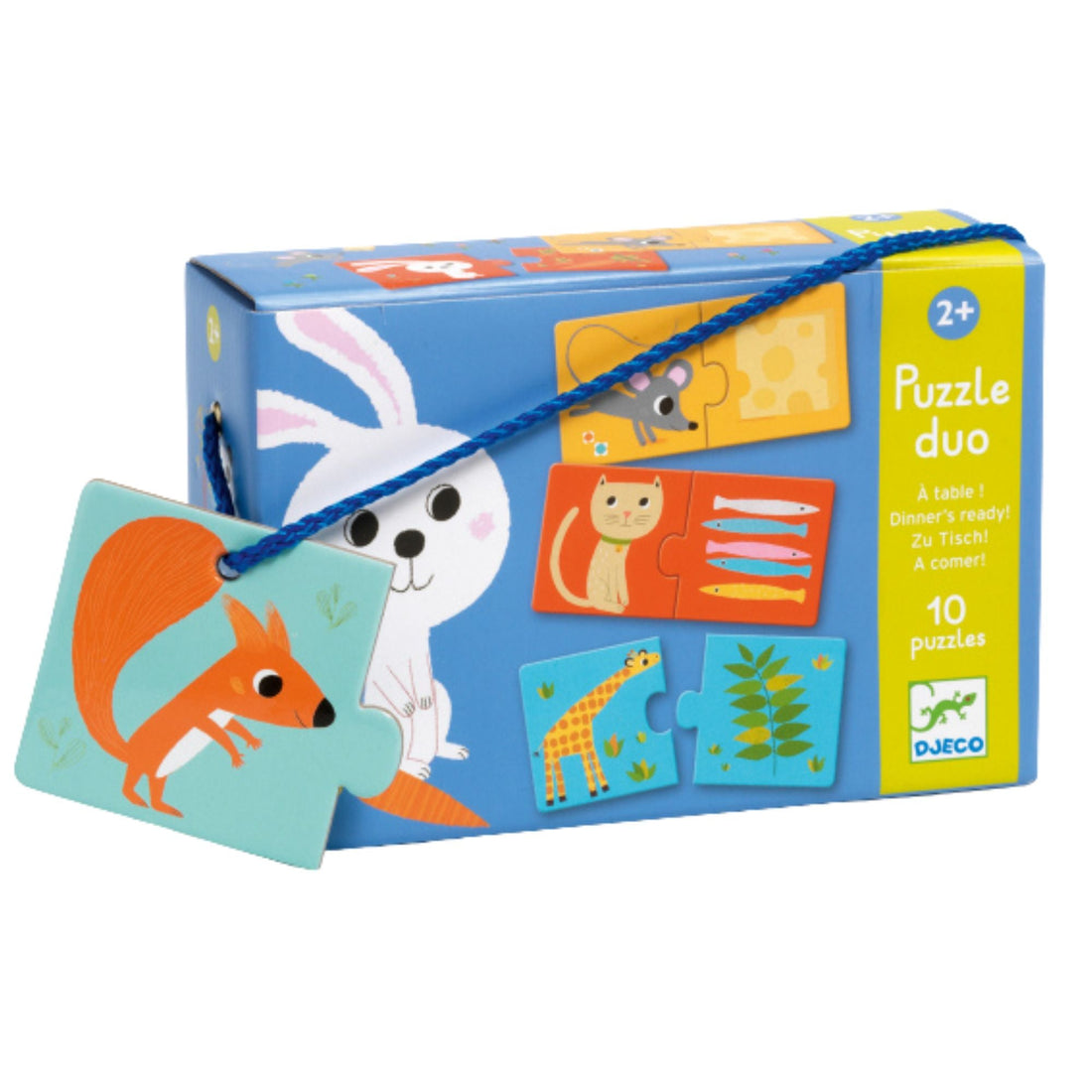
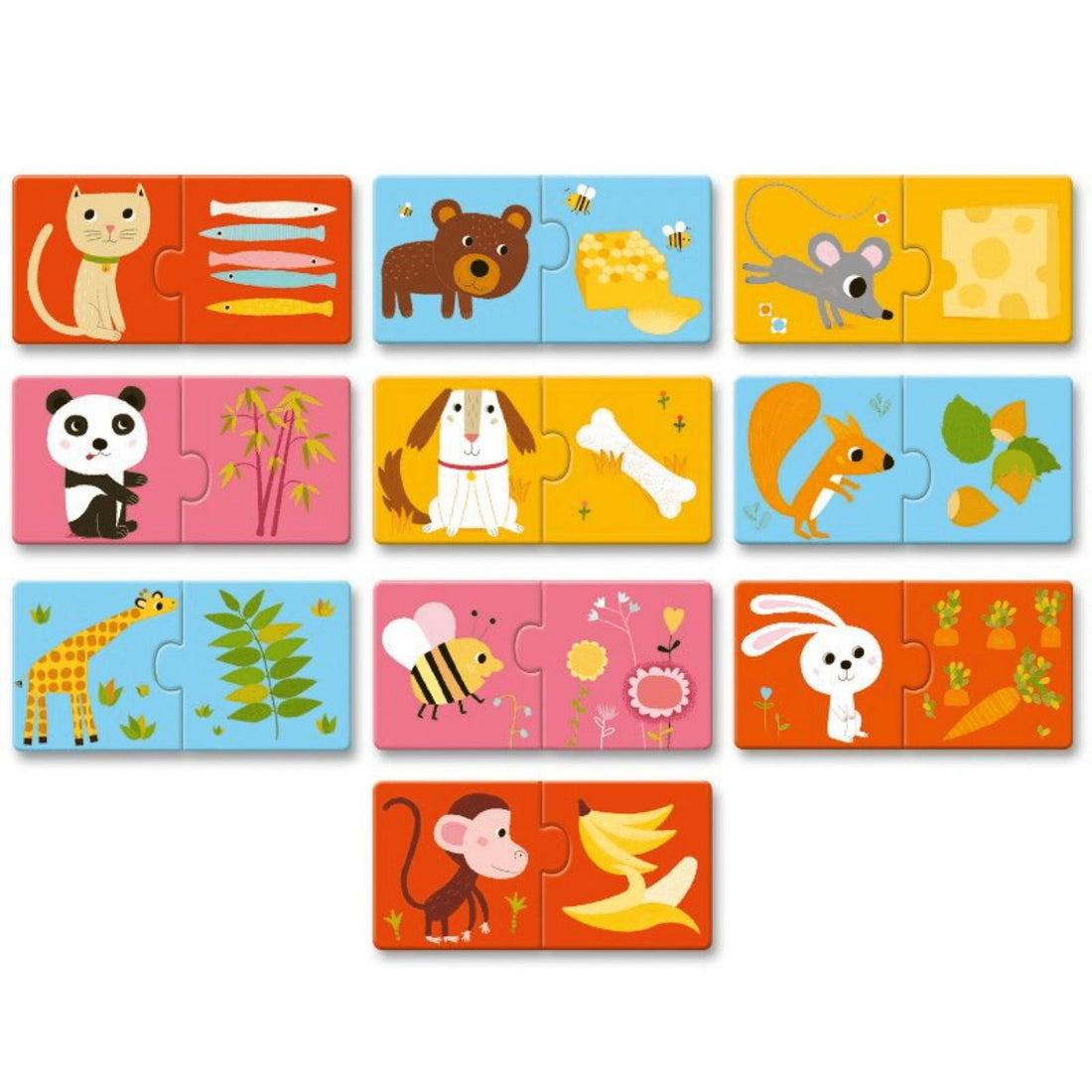 Vendor:Djeco puzzle - Dinner's ready!Djeco
Vendor:Djeco puzzle - Dinner's ready!Djeco- Regular price
-
€9,60 - Regular price
-
€12,00 - Sale price
-
€9,60
-
Djeco educational wooden game - Faces
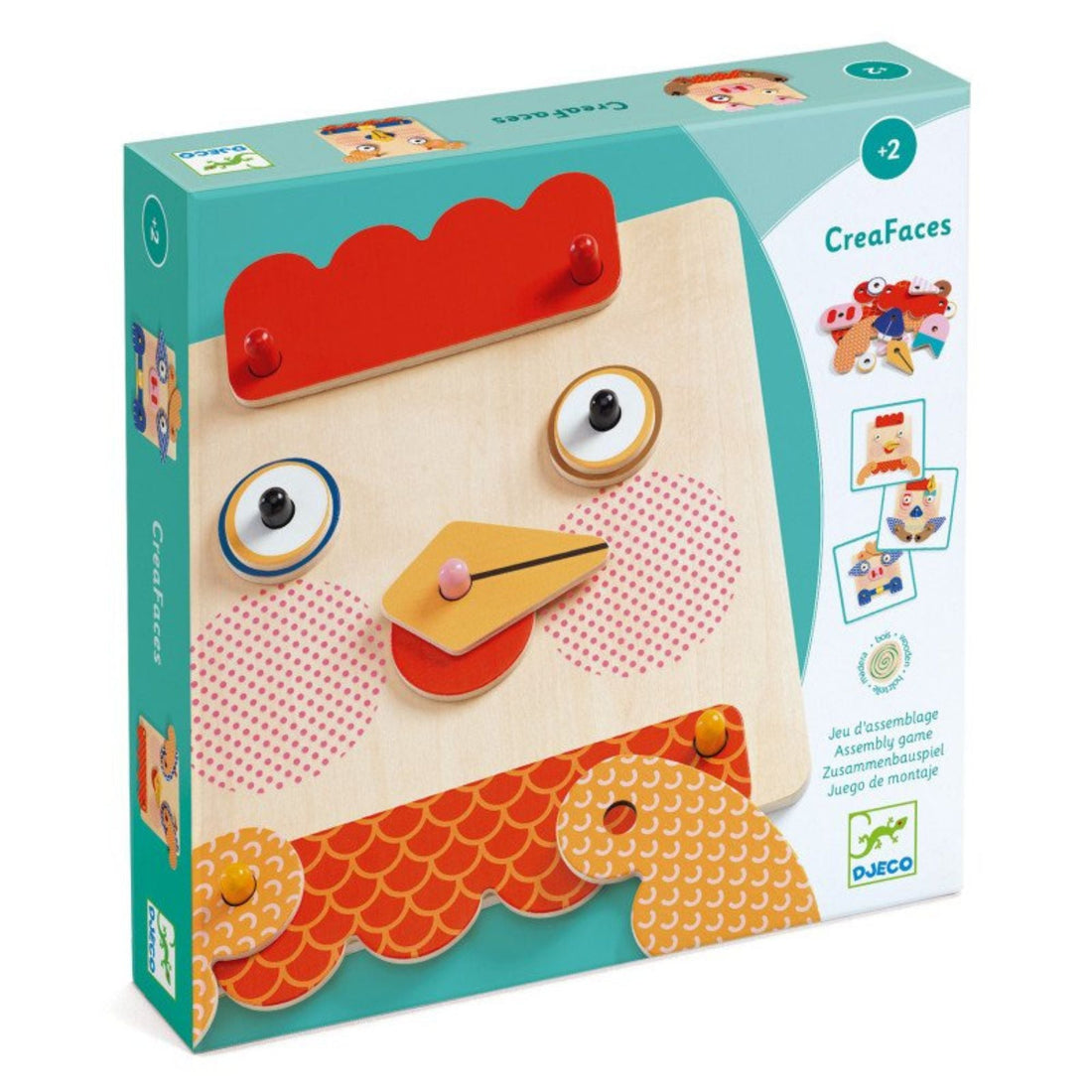
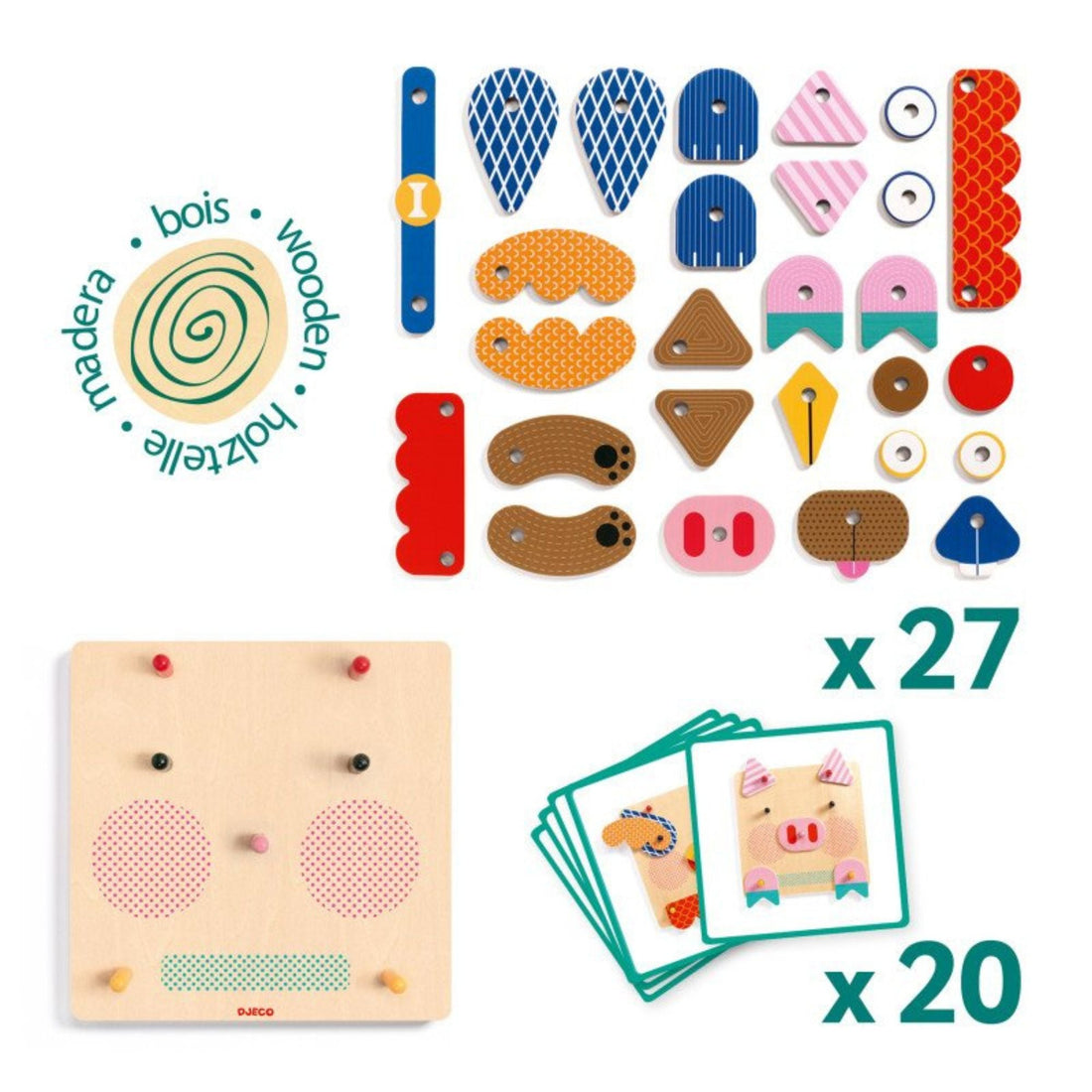 Vendor:Djeco educational wooden game - FacesDjeco
Vendor:Djeco educational wooden game - FacesDjeco- Regular price
-
€24,00 - Regular price
-
€30,00 - Sale price
-
€24,00
-
Londji Puzzle Discover The Treasure
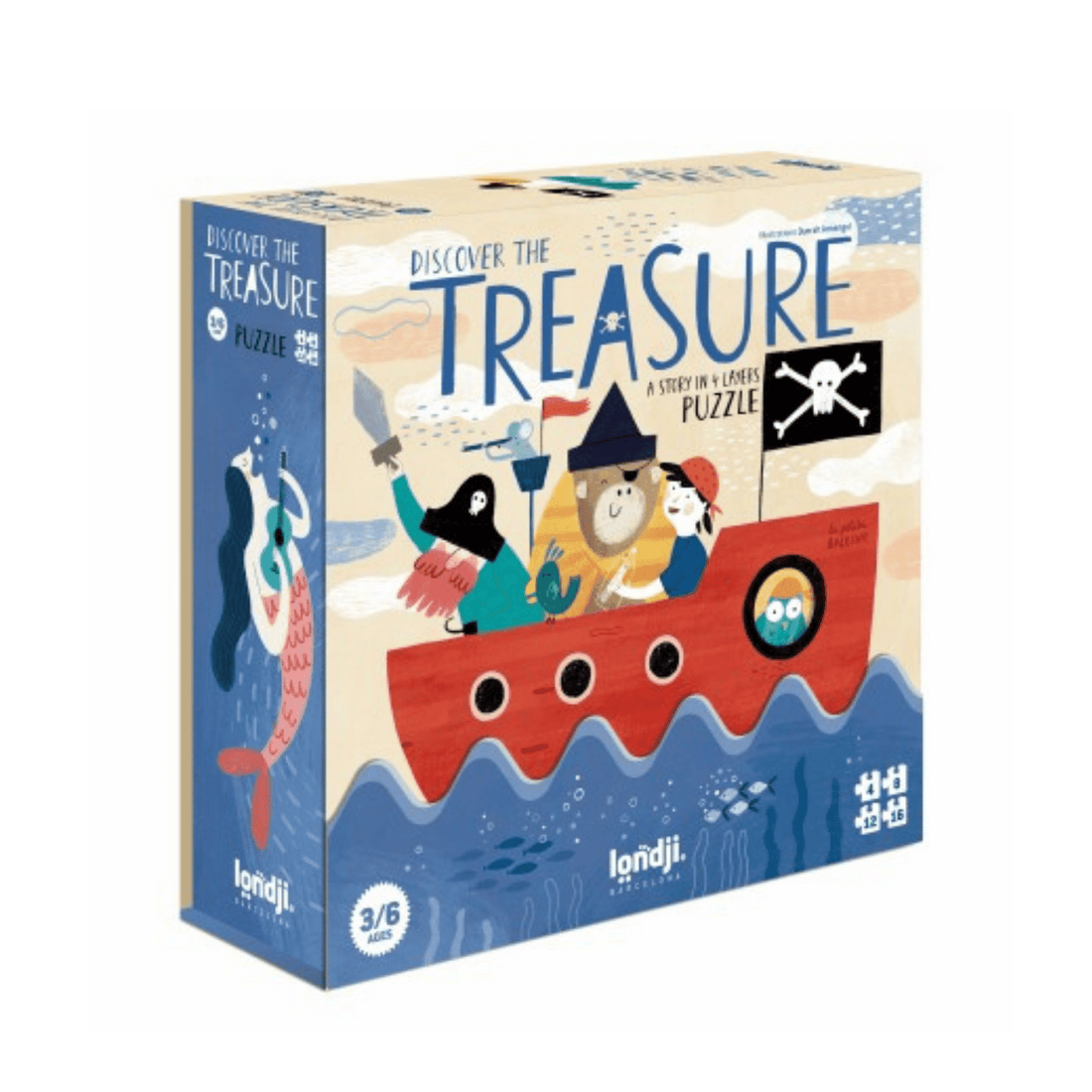
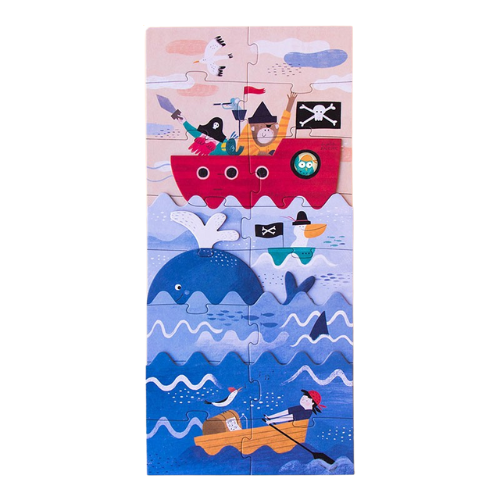 Vendor:Londji Puzzle Discover The TreasureLondji
Vendor:Londji Puzzle Discover The TreasureLondji- Regular price
-
€23,20 - Regular price
-
€29,00 - Sale price
-
€23,20
-
A set of contrasting cards and books for babies
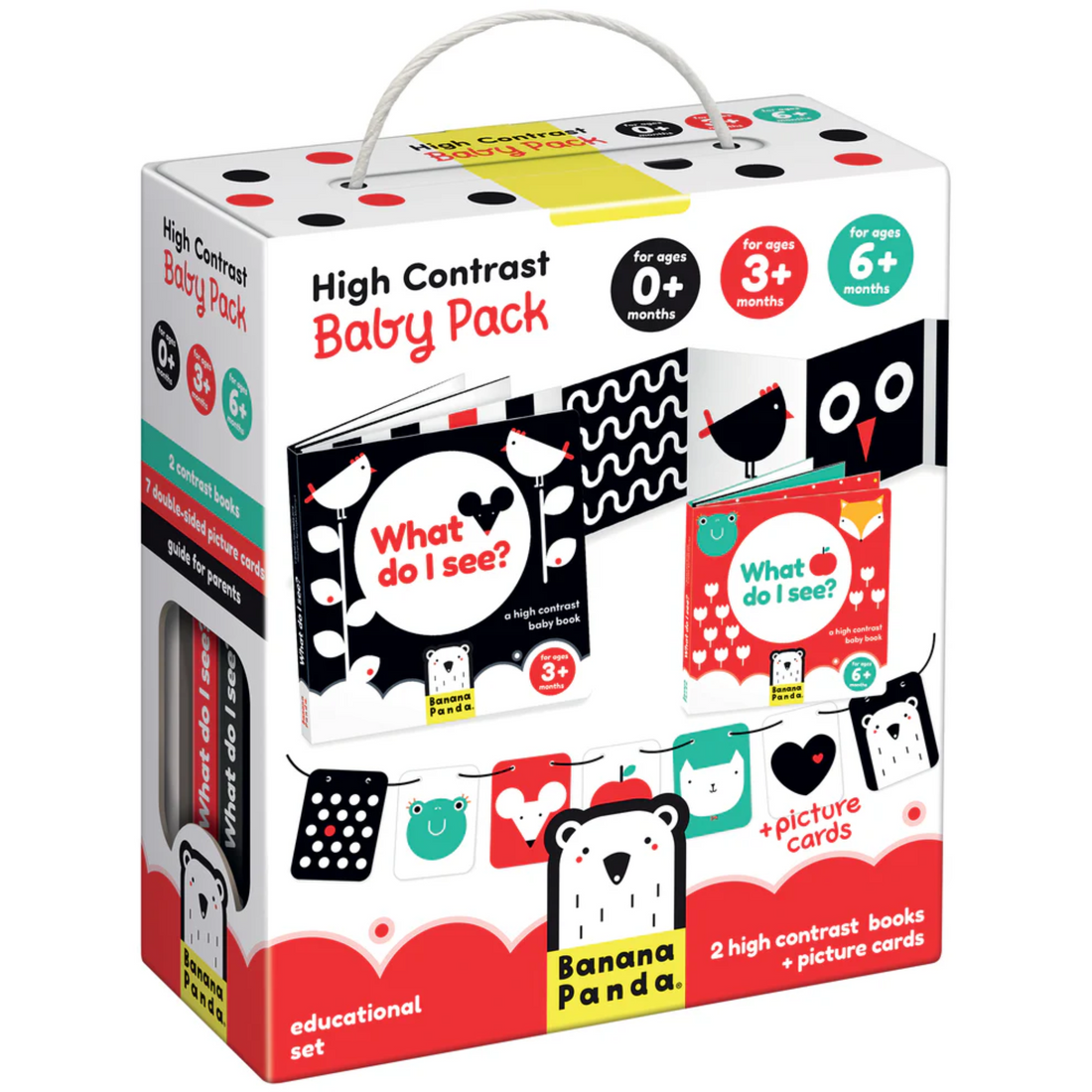
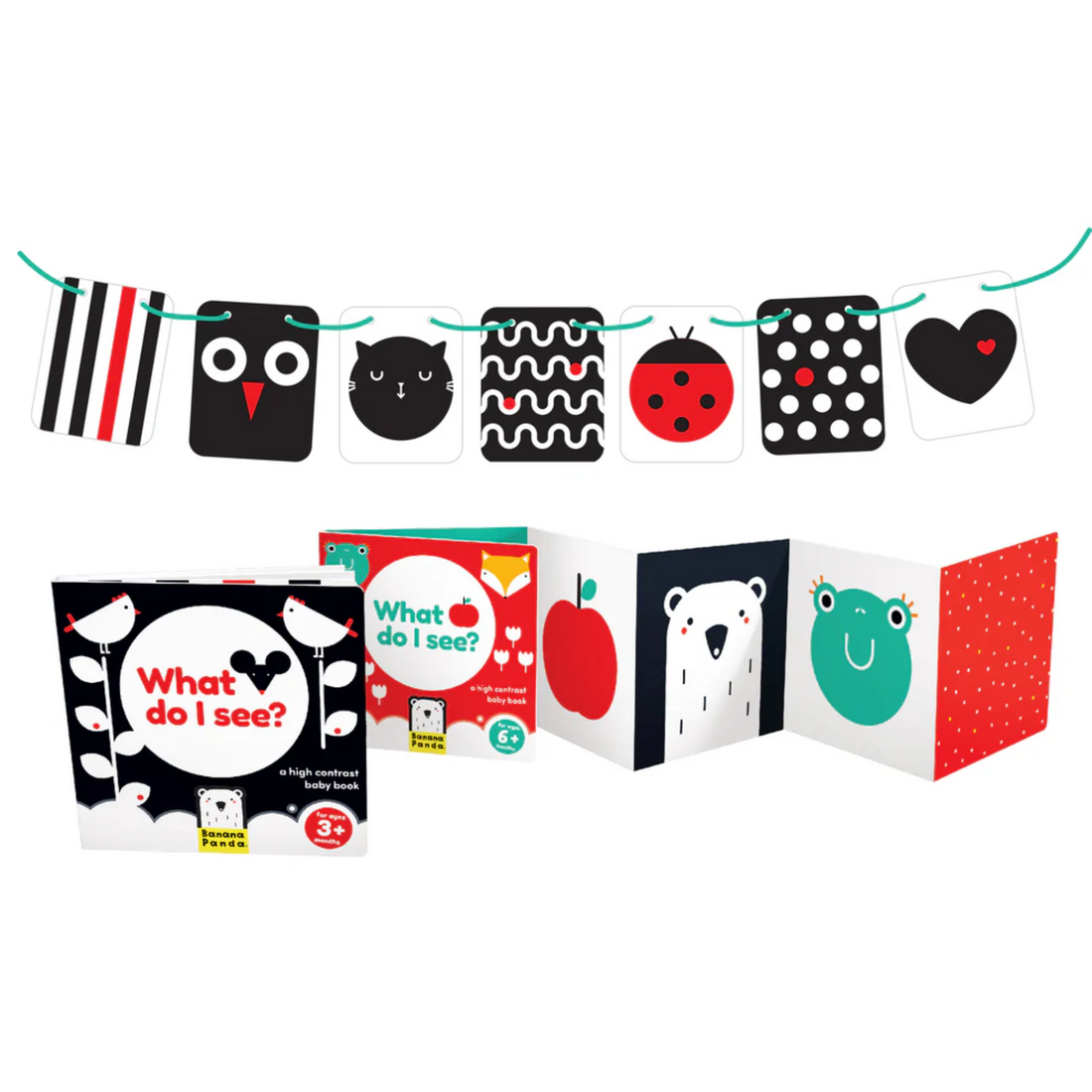 Vendor:A set of contrasting cards and books for babiesBanana Panda
Vendor:A set of contrasting cards and books for babiesBanana Panda- Regular price
-
€22,40 - Regular price
-
€28,00 - Sale price
-
€22,40
-
Fashion workshop - Fashion by Lucille
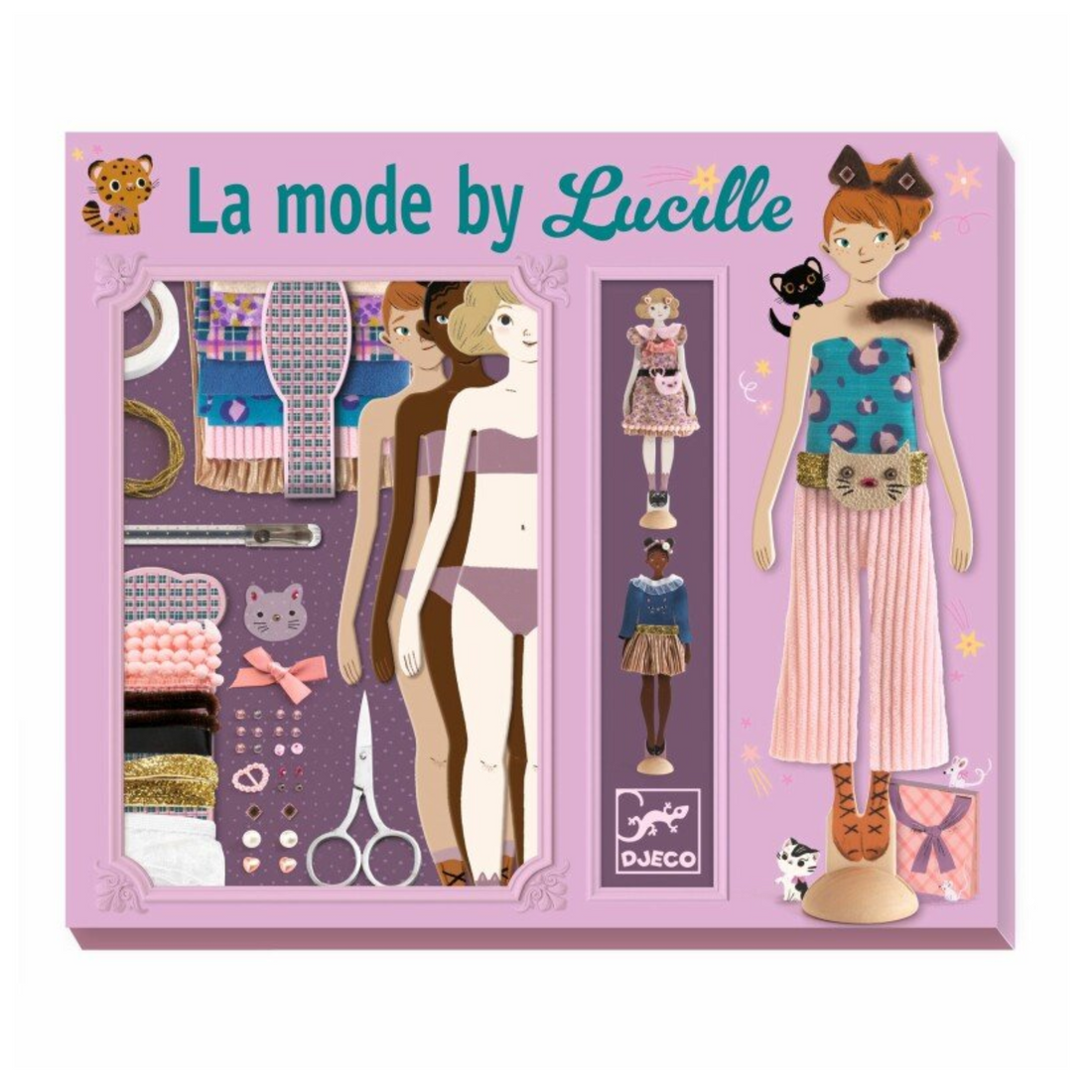
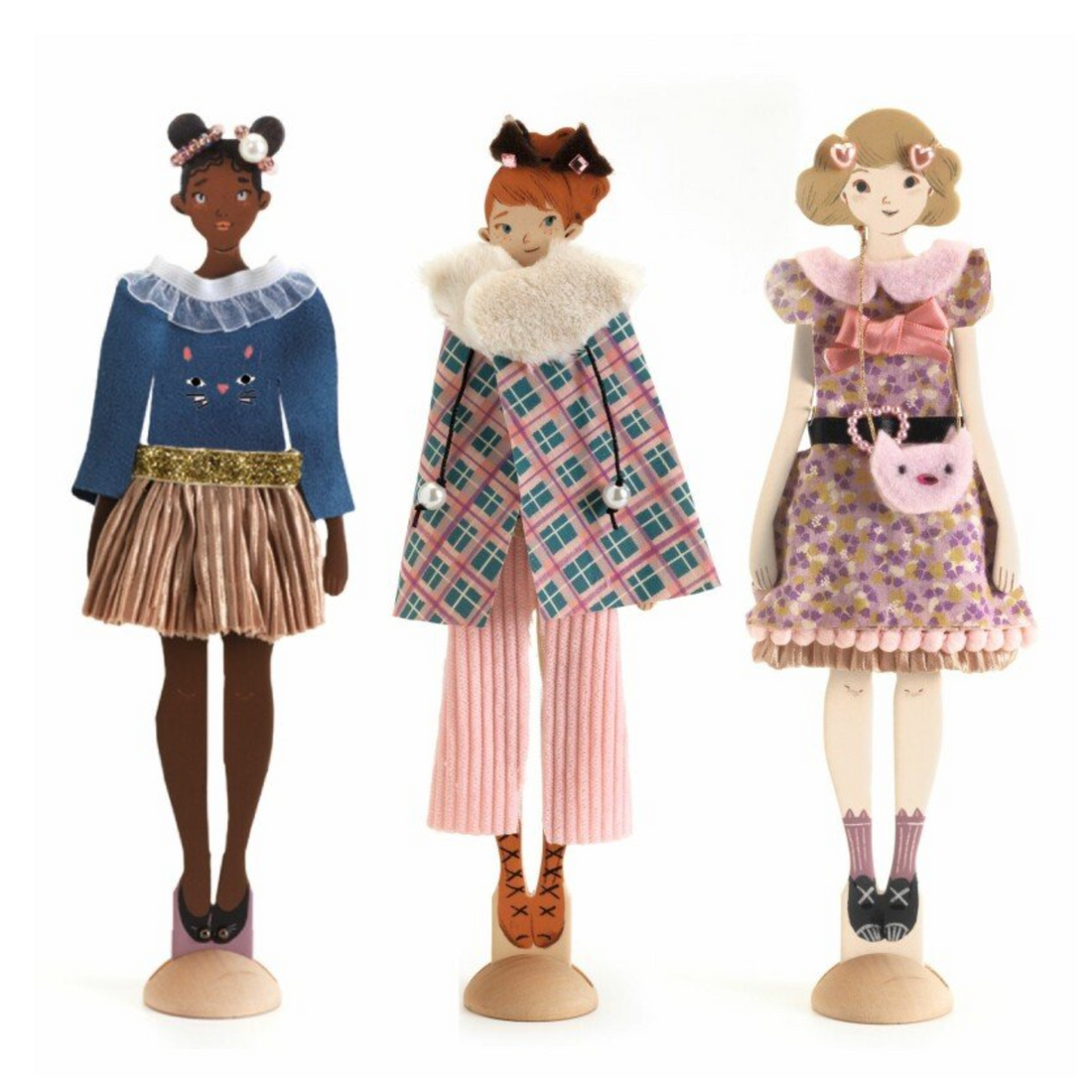 Vendor:Fashion workshop - Fashion by LucilleDjeco
Vendor:Fashion workshop - Fashion by LucilleDjeco- Regular price
-
€32,00 - Regular price
-
€40,00 - Sale price
-
€32,00
-
Djeco puzzle - In the Forest
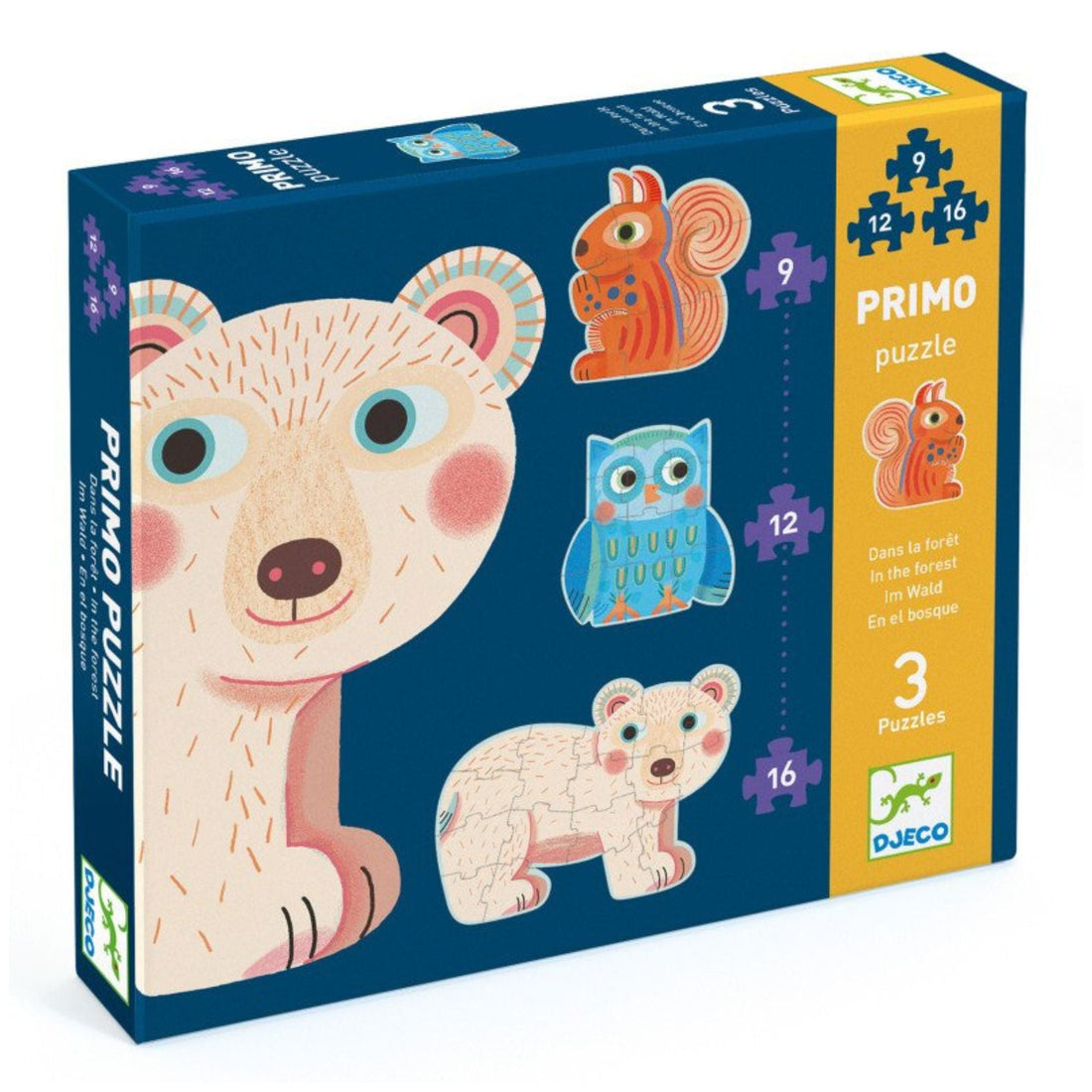
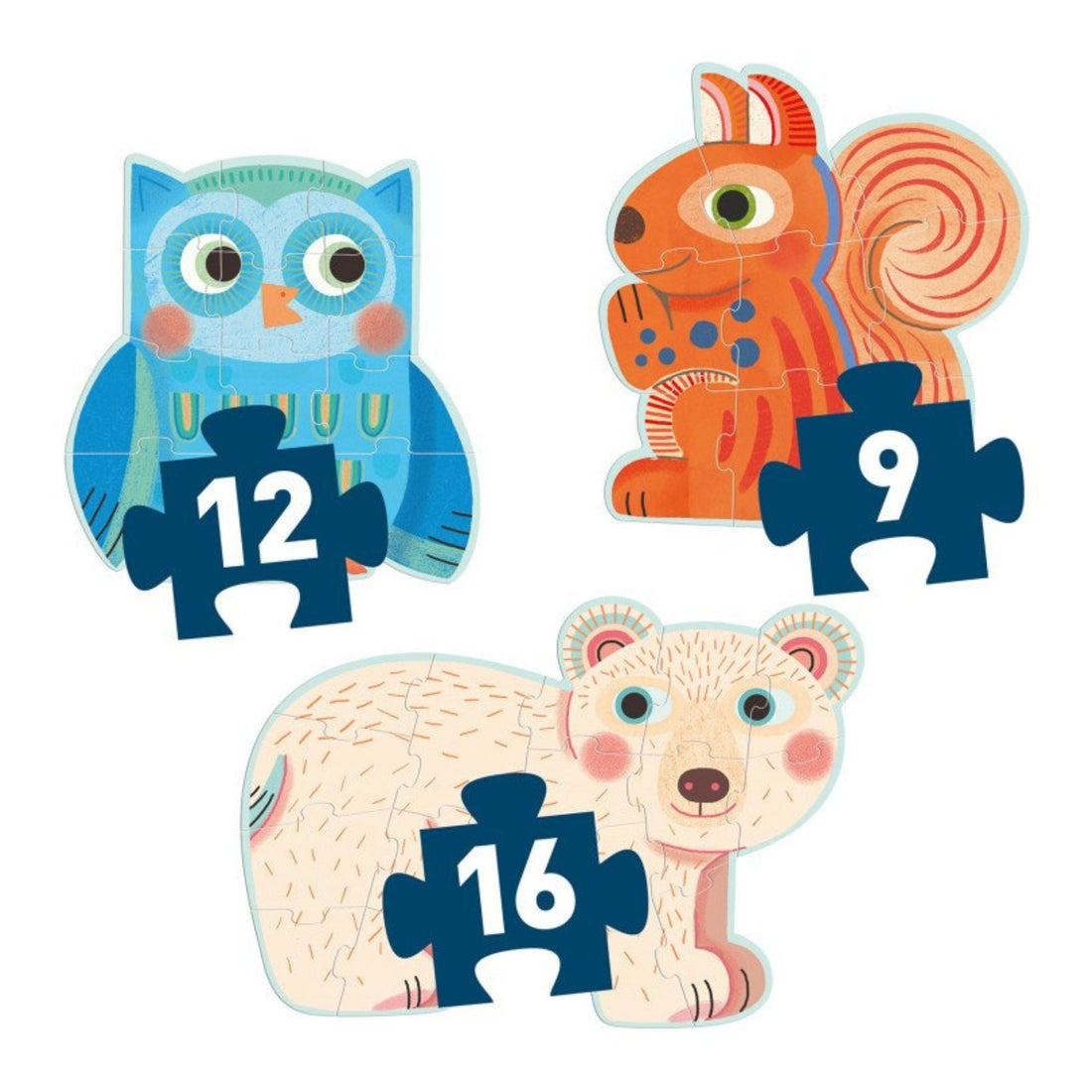 Vendor:Djeco puzzle - In the ForestDjeco
Vendor:Djeco puzzle - In the ForestDjeco- Regular price
-
€12,00 - Regular price
-
€15,00 - Sale price
-
€12,00
-
Londji Game Multiplications
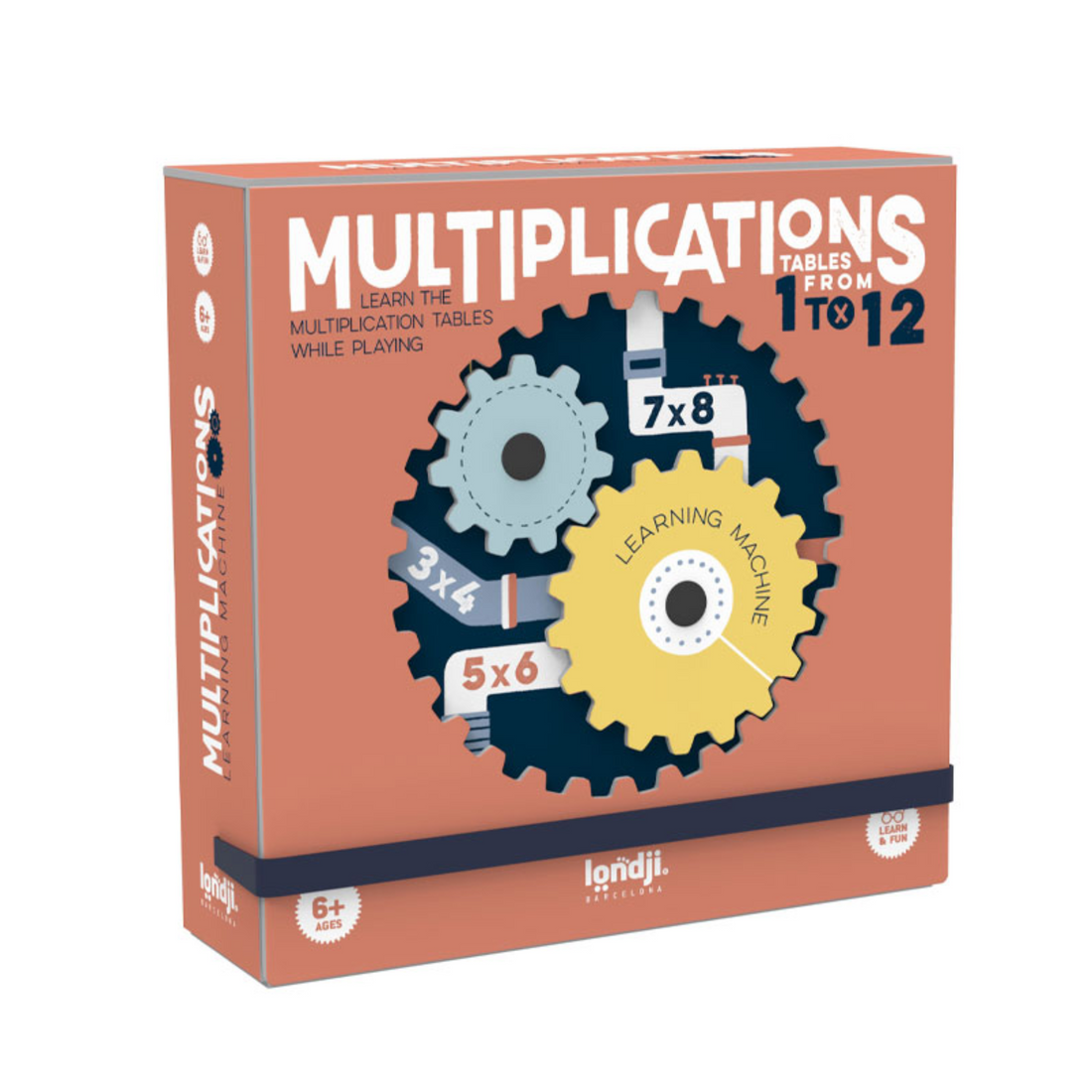
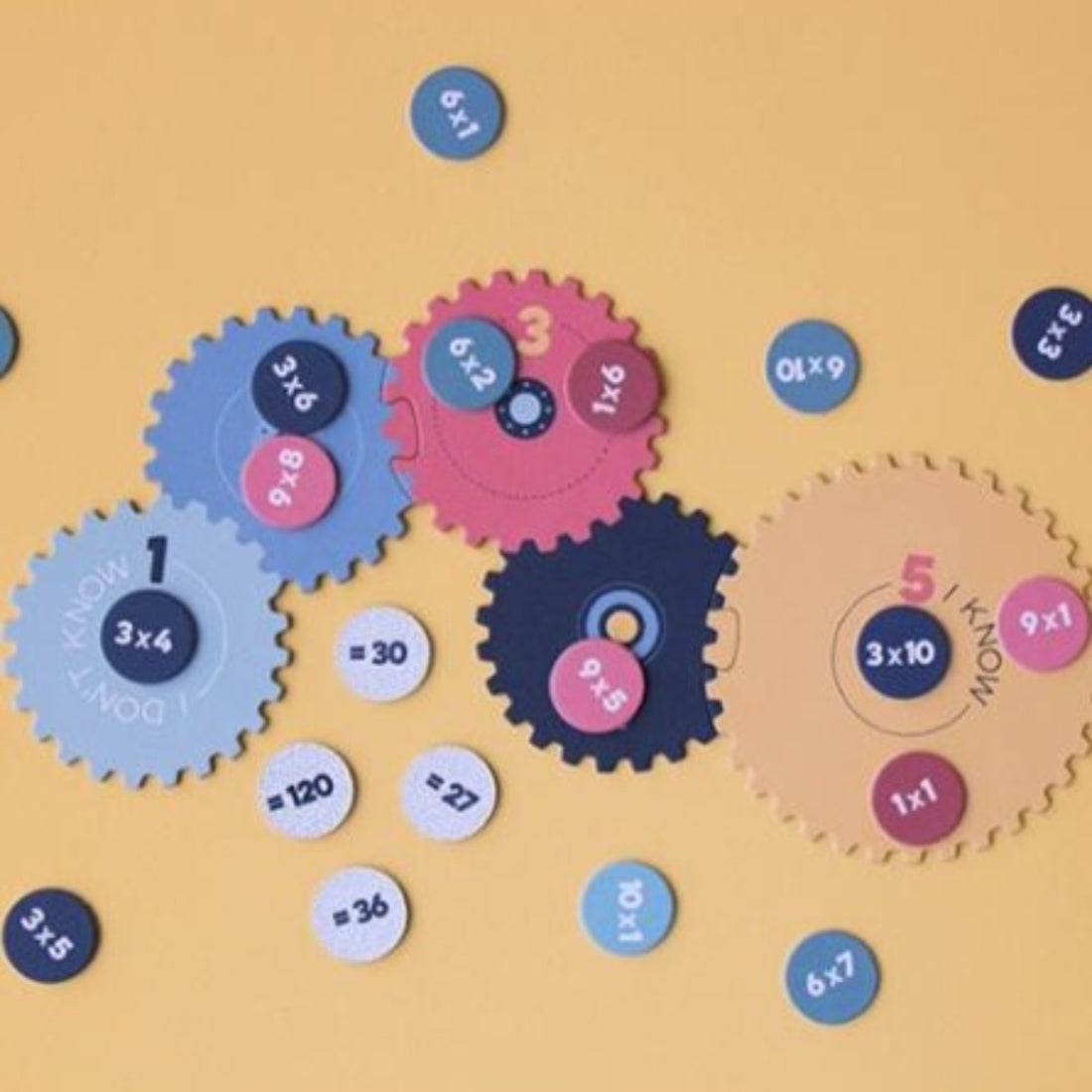 Vendor:Londji Game MultiplicationsLondji
Vendor:Londji Game MultiplicationsLondji- Regular price
-
€23,20 - Regular price
-
€29,00 - Sale price
-
€23,20
-
Crazy motors - Crazy cars - Hurry Police
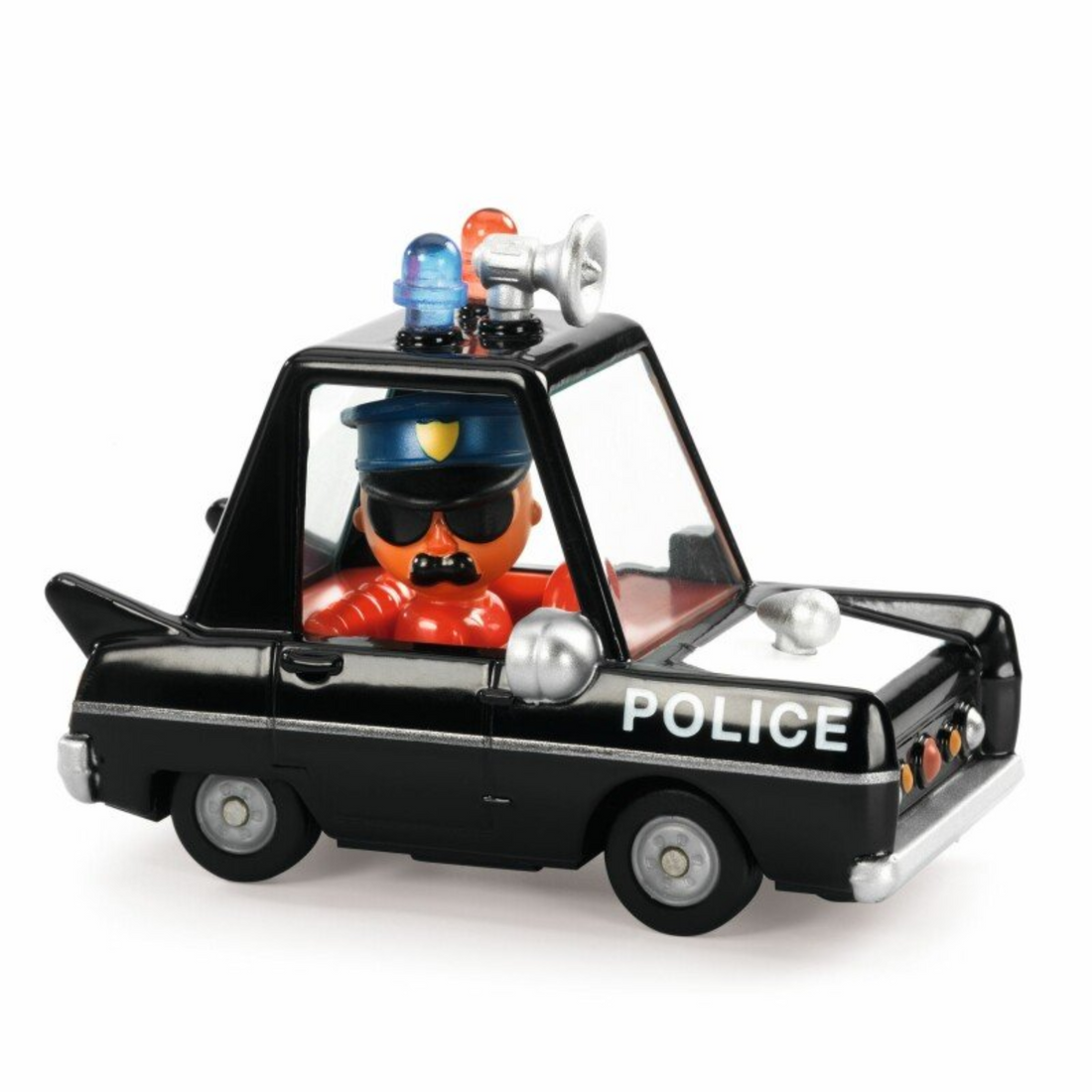
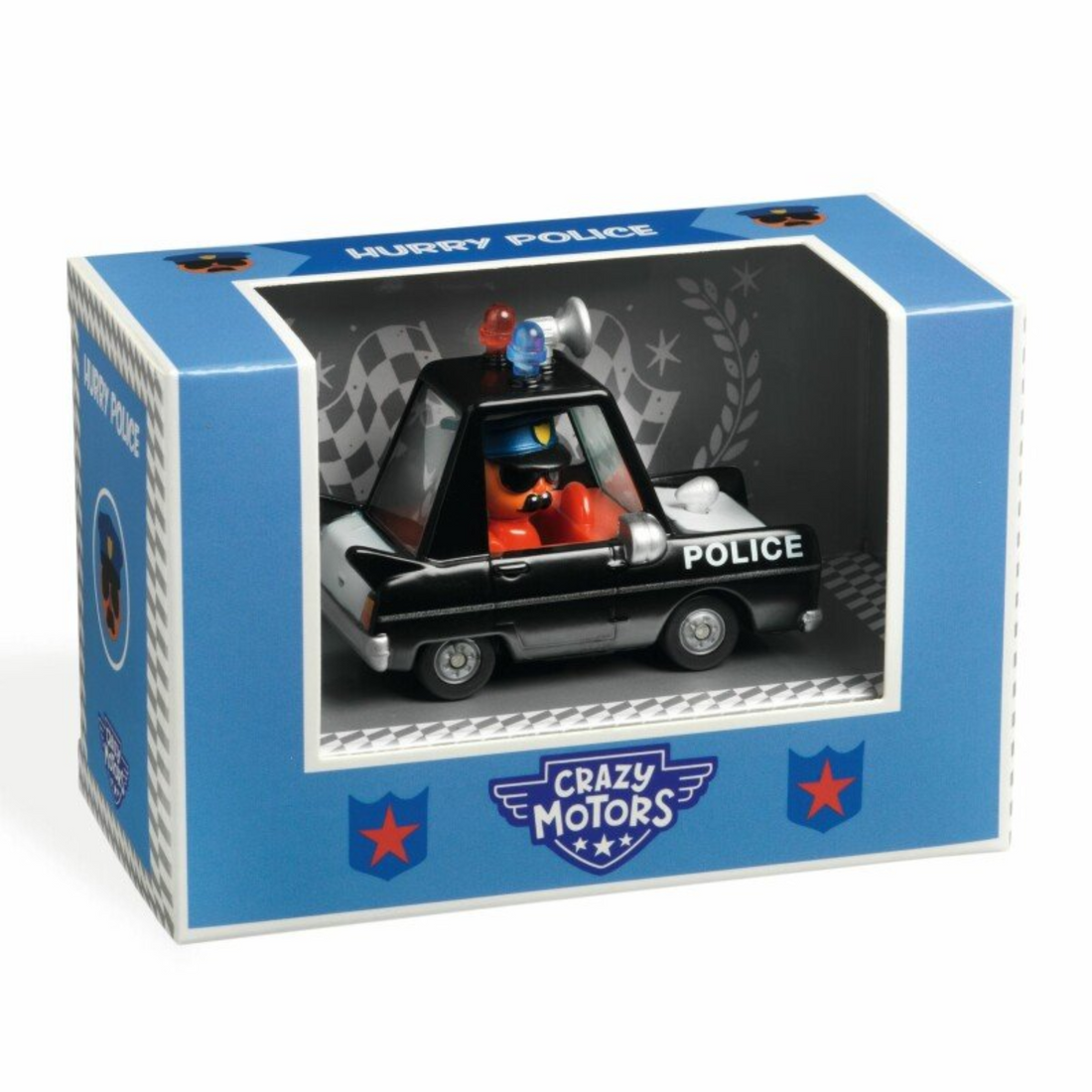 Vendor:Crazy motors - Crazy cars - Hurry PoliceDjeco
Vendor:Crazy motors - Crazy cars - Hurry PoliceDjeco- Regular price
-
€8,00 - Regular price
-
€10,00 - Sale price
-
€8,00
-
Djeco educational drawing game - Eduludo Animo
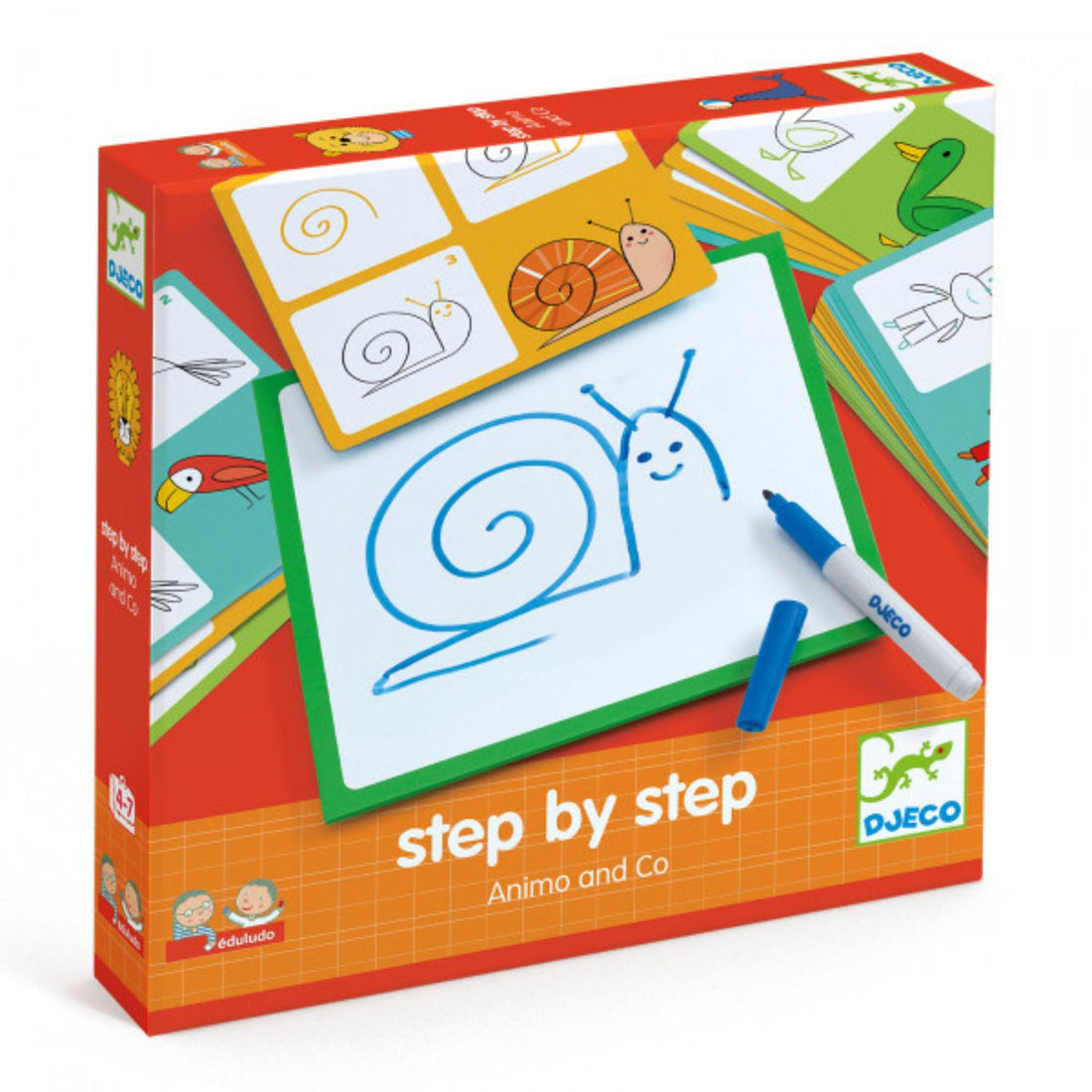
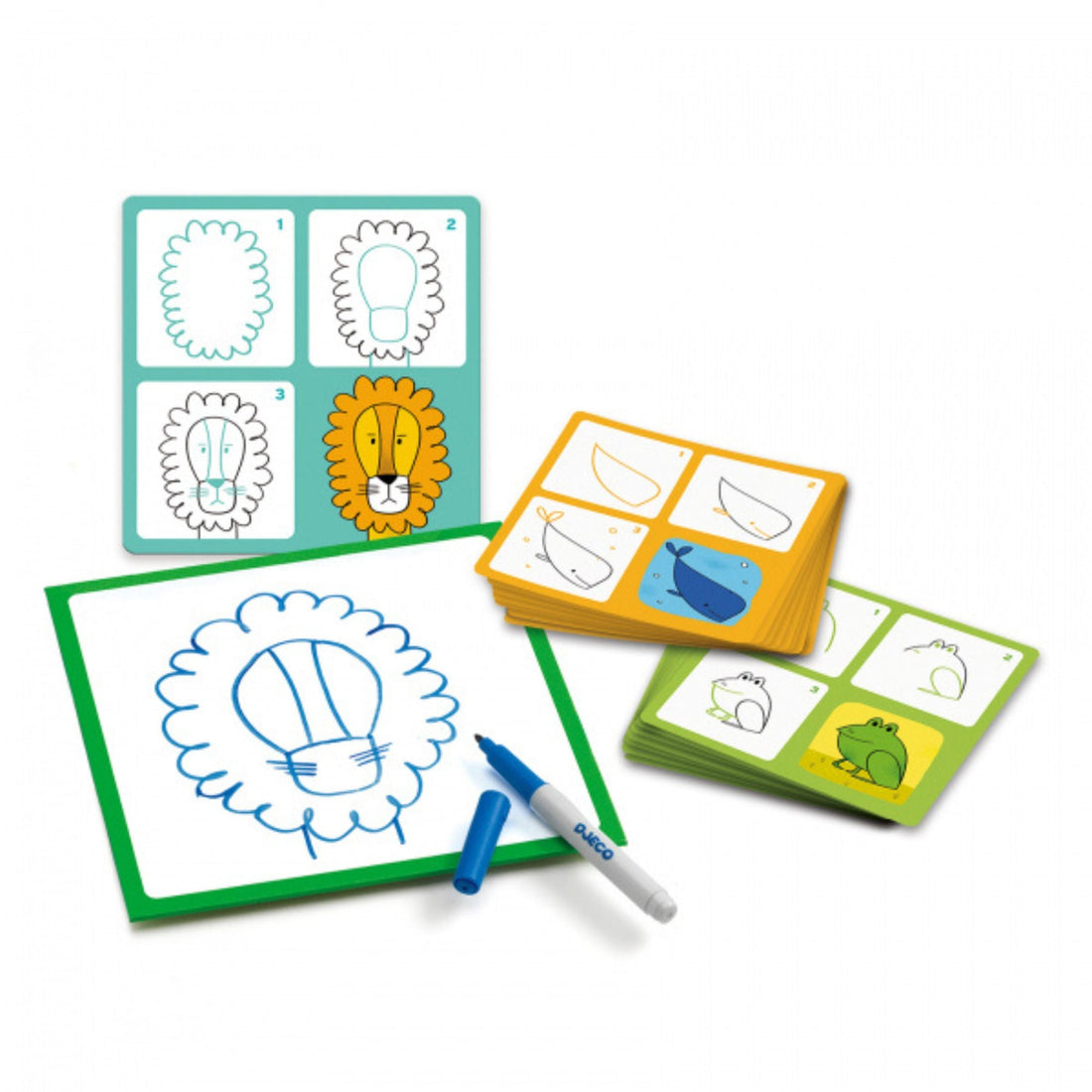 Vendor:Djeco educational drawing game - Eduludo AnimoDjeco
Vendor:Djeco educational drawing game - Eduludo AnimoDjeco- Regular price
-
€12,80 - Regular price
-
€16,00 - Sale price
-
€12,80
-
Londji Game Win Win Winter
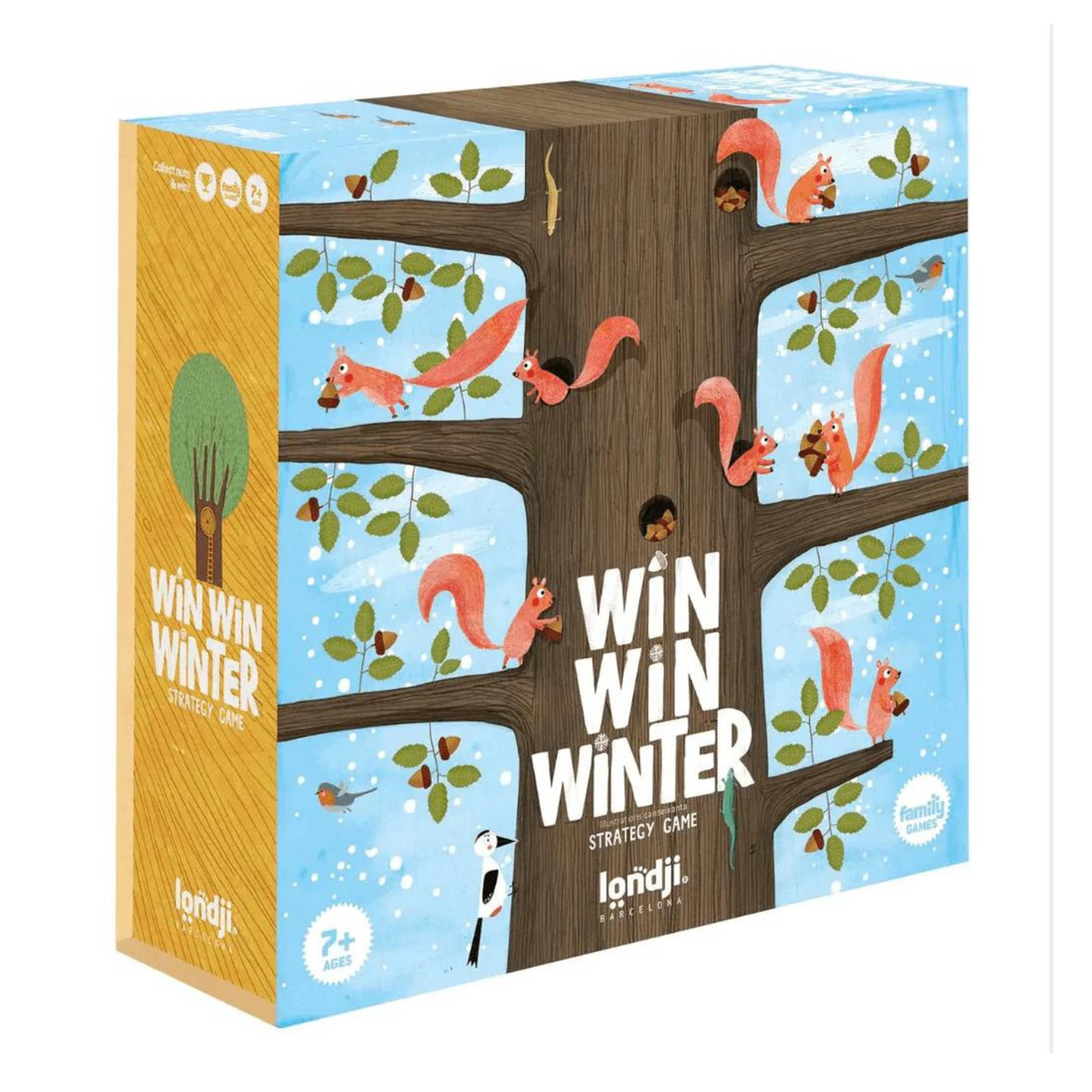
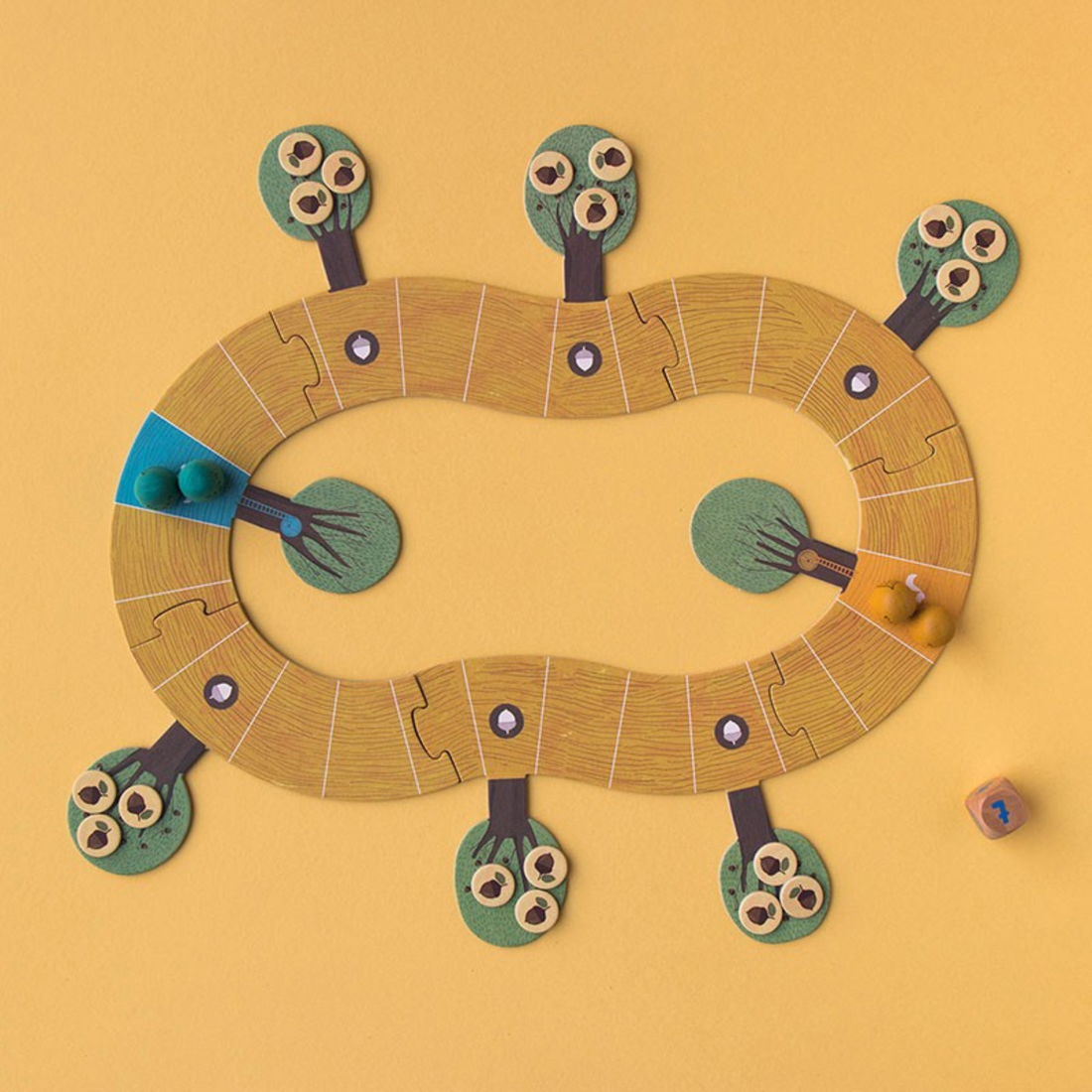 Vendor:Londji Game Win Win WinterLondji
Vendor:Londji Game Win Win WinterLondji- Regular price
-
€31,20 - Regular price
-
€39,00 - Sale price
-
€31,20
-
Kaleidoscope Forest Friends

 Vendor:Kaleidoscope Forest FriendsLittle Dutch
Vendor:Kaleidoscope Forest FriendsLittle Dutch- Regular price
-
€8,00 - Regular price
-
€10,00 - Sale price
-
€8,00
-
A set of contrasting cards and books for babies
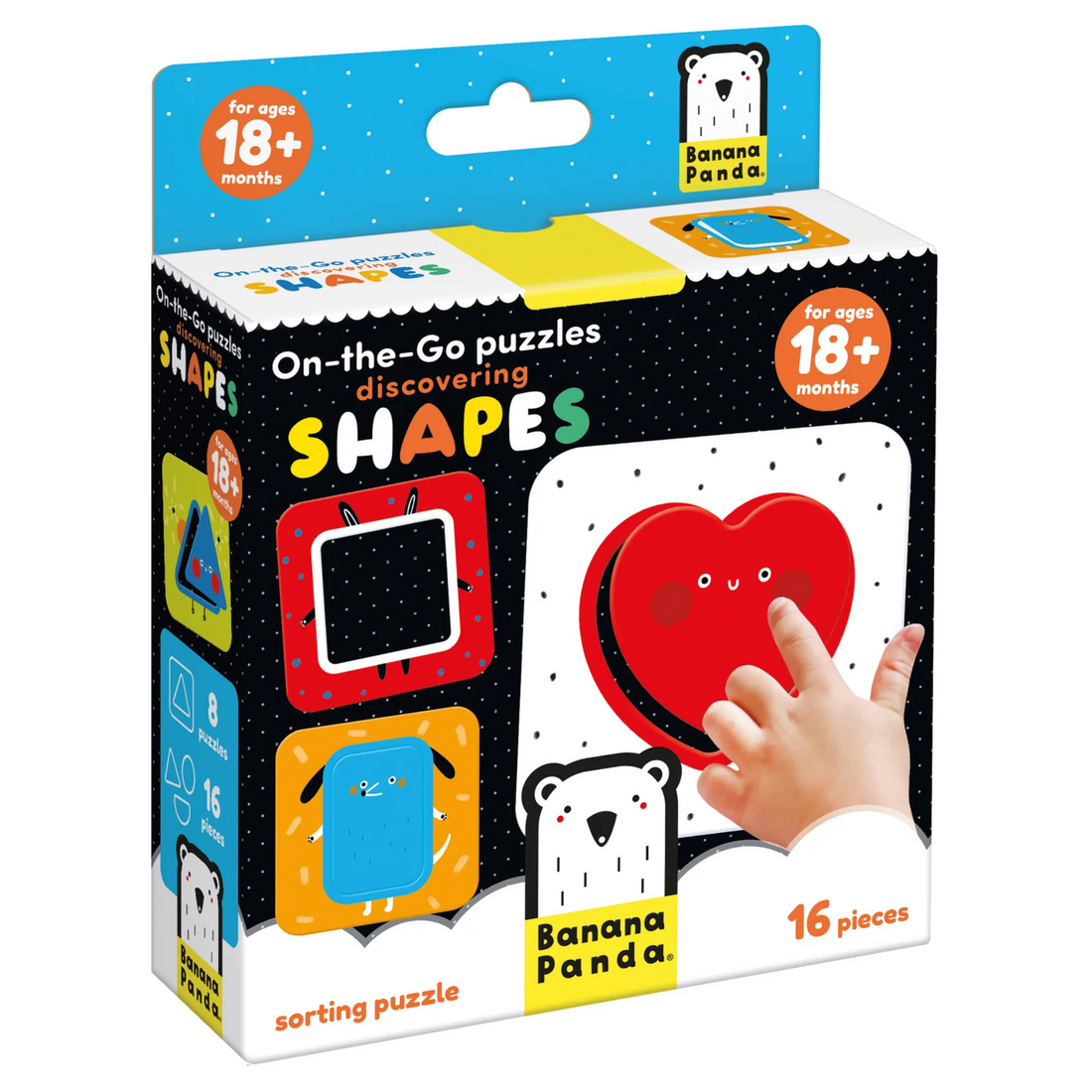
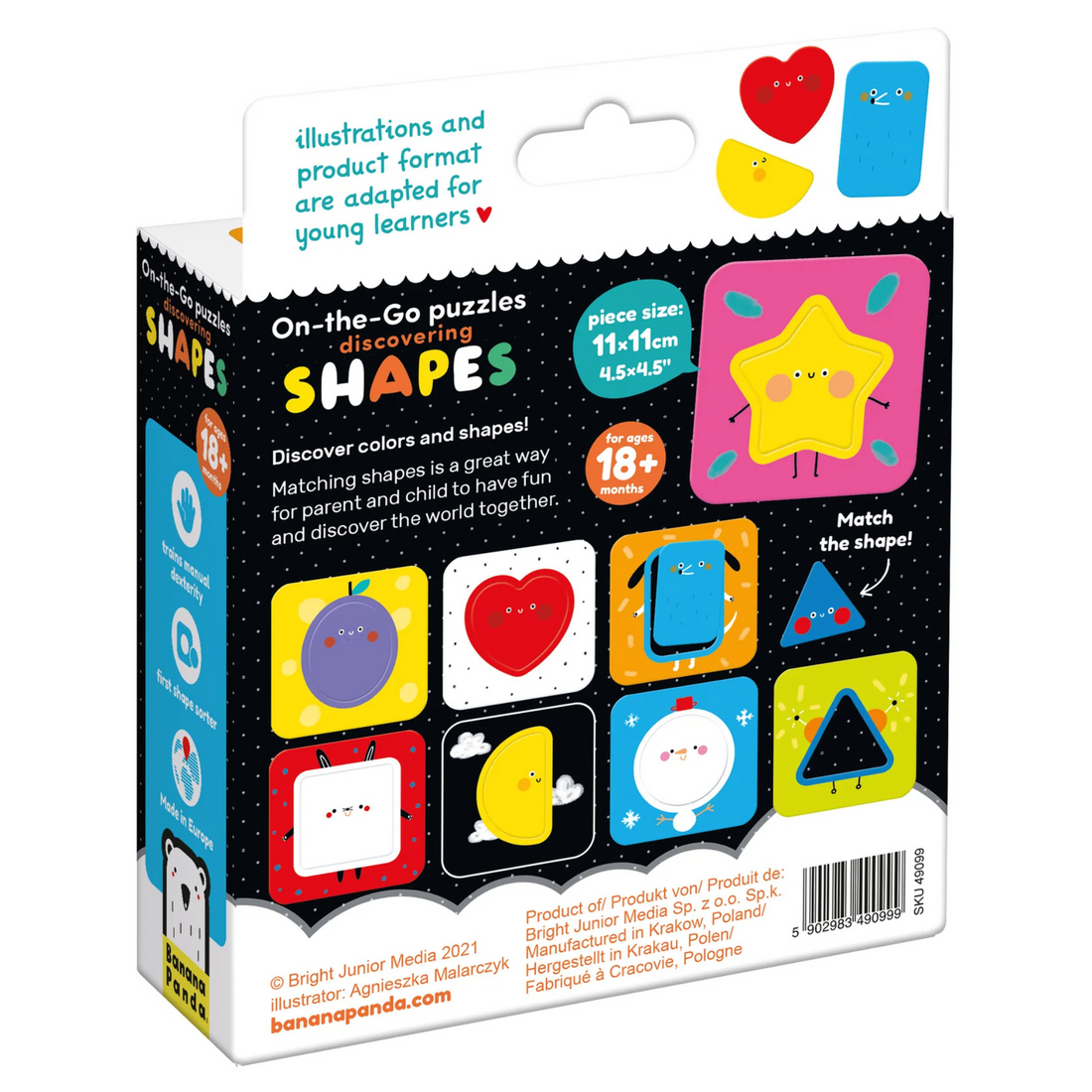 Vendor:A set of contrasting cards and books for babiesBanana Panda
Vendor:A set of contrasting cards and books for babiesBanana Panda- Regular price
-
€11,20 - Regular price
-
€14,00 - Sale price
-
€11,20
-
Djeco mosaic - The Enchanted World
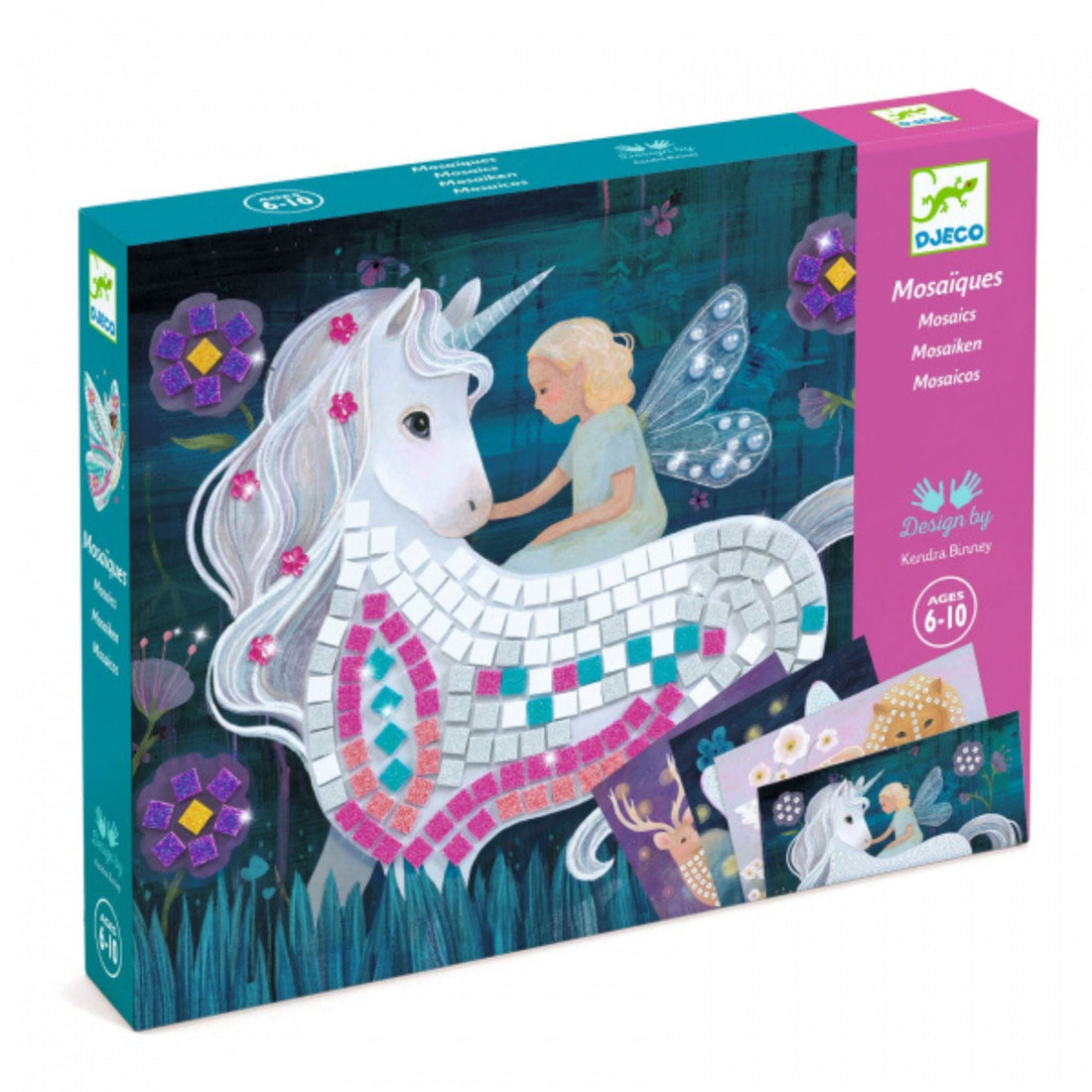
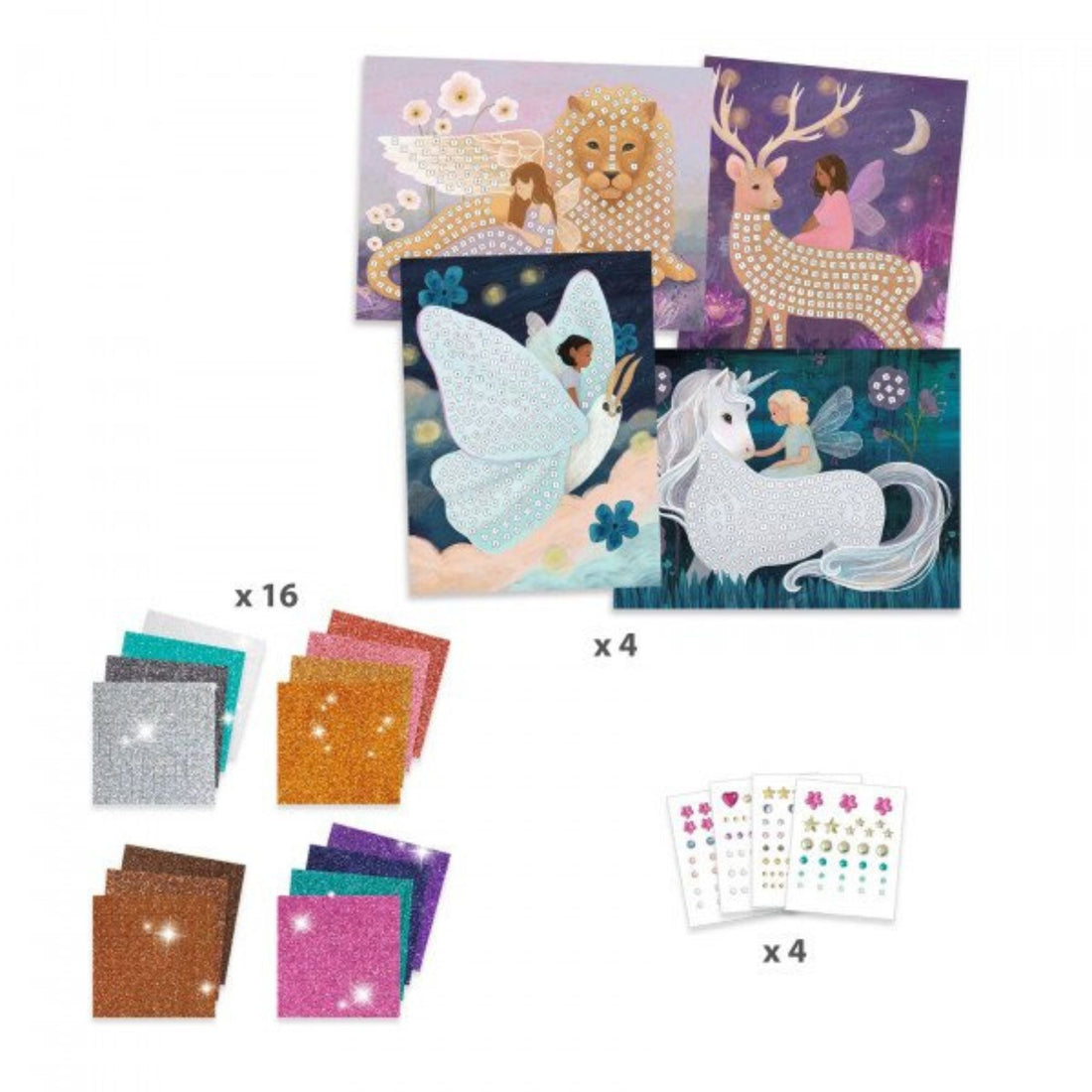 Vendor:Djeco mosaic - The Enchanted WorldDjeco
Vendor:Djeco mosaic - The Enchanted WorldDjeco- Regular price
-
€23,20 - Regular price
-
€29,00 - Sale price
-
€23,20
-
Djeco scratch cards - When Dinosaurs Reigned
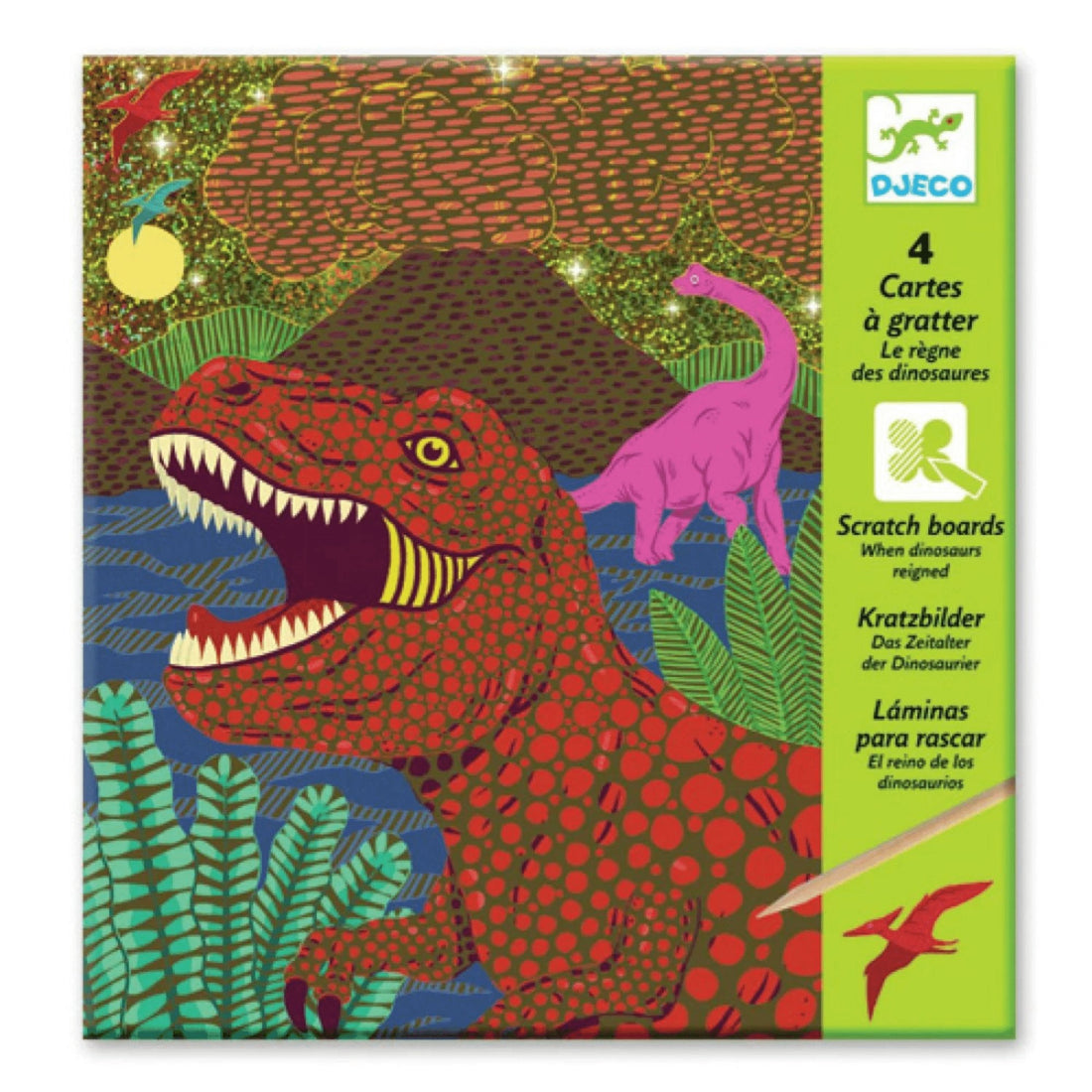
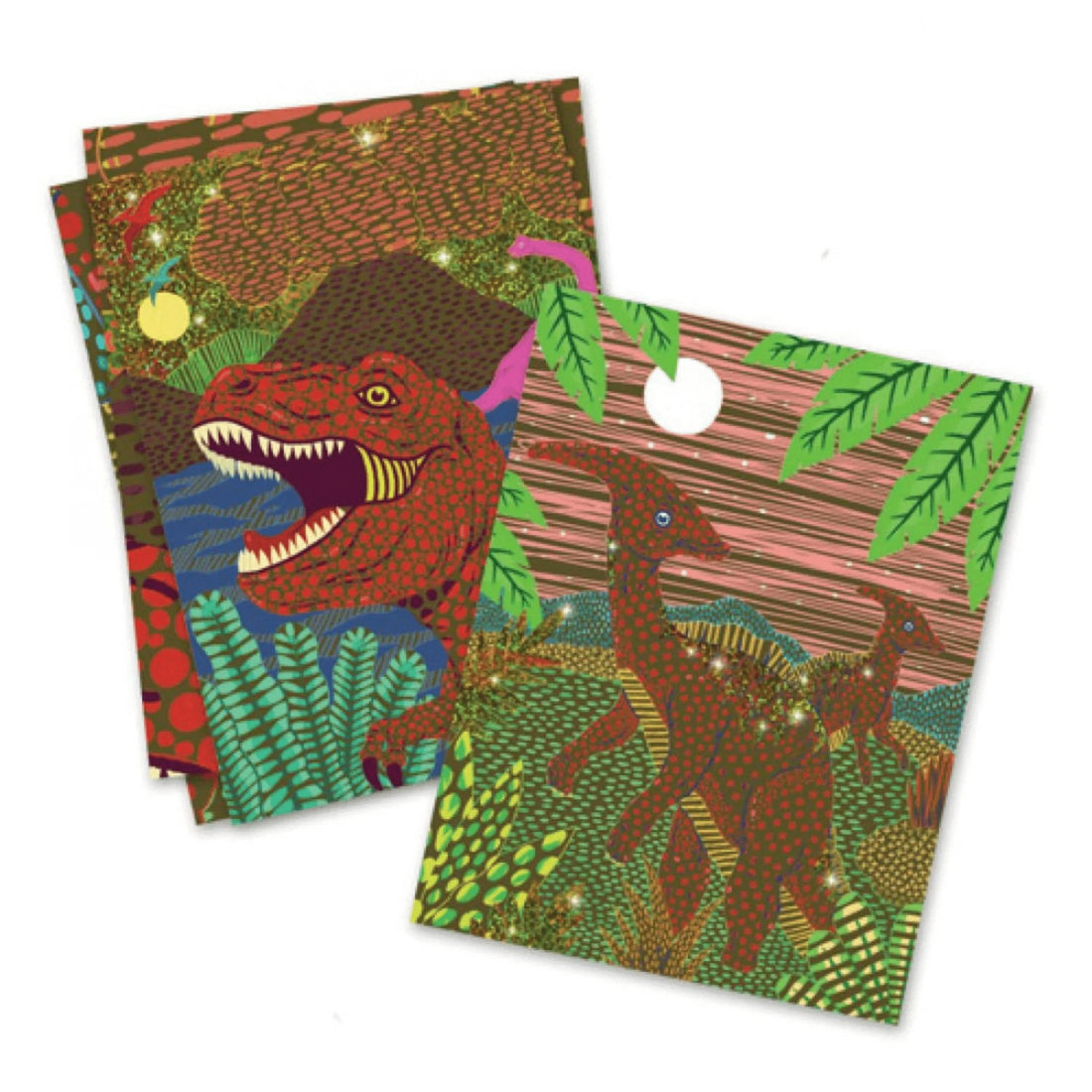 Vendor:Djeco scratch cards - When Dinosaurs ReignedDjeco
Vendor:Djeco scratch cards - When Dinosaurs ReignedDjeco- Regular price
-
€7,20 - Regular price
-
€9,00 - Sale price
-
€7,20
-
Londji Puzzle My Big Blue Puzzle
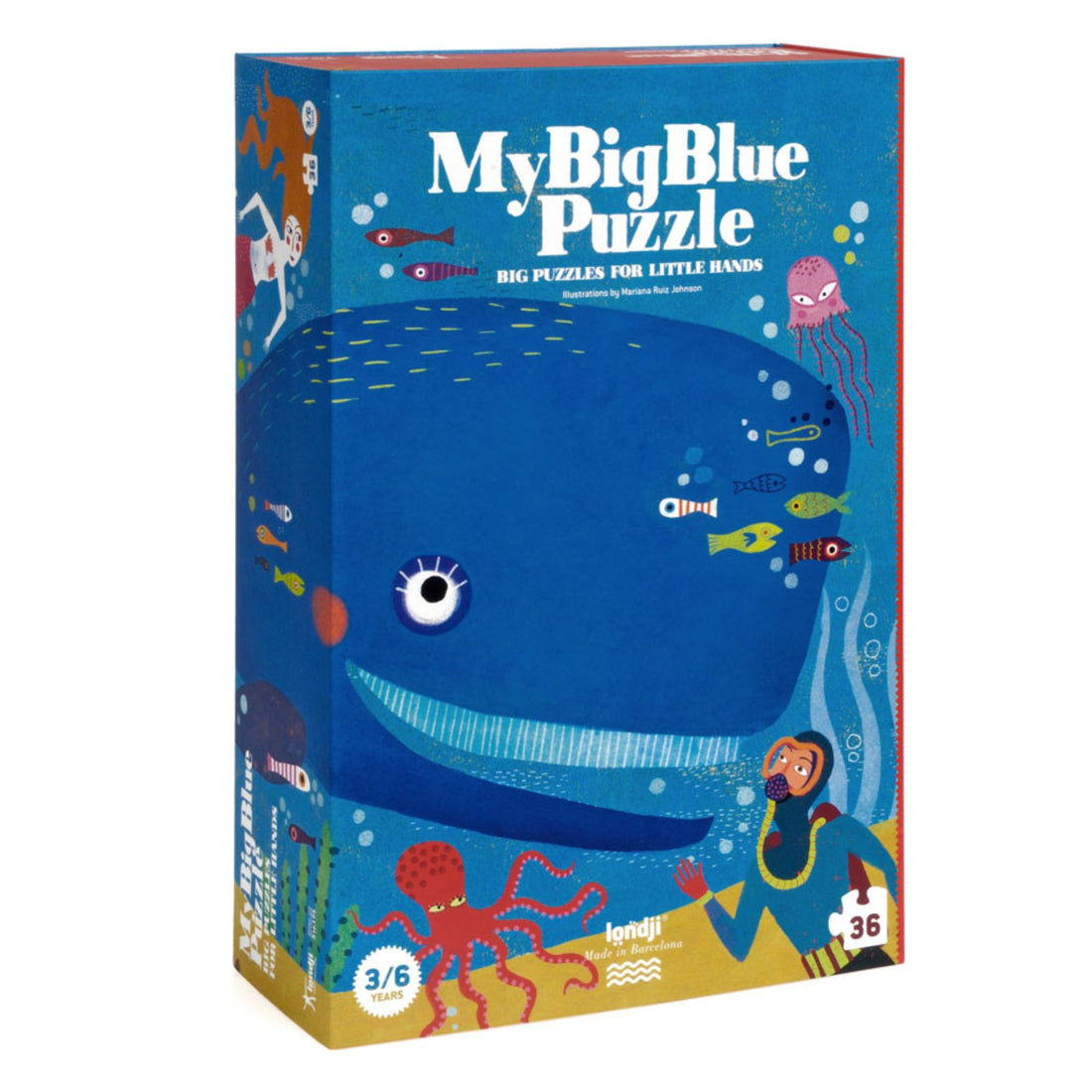
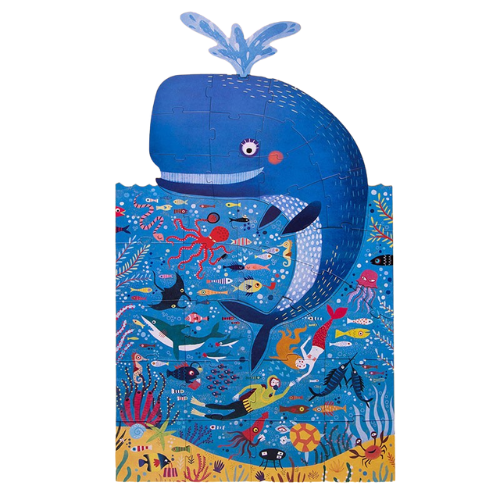 Vendor:Londji Puzzle My Big Blue PuzzleLondji
Vendor:Londji Puzzle My Big Blue PuzzleLondji- Regular price
-
€24,00 - Regular price
-
€30,00 - Sale price
-
€24,00
-
The first puzzle Fruits & Veggies
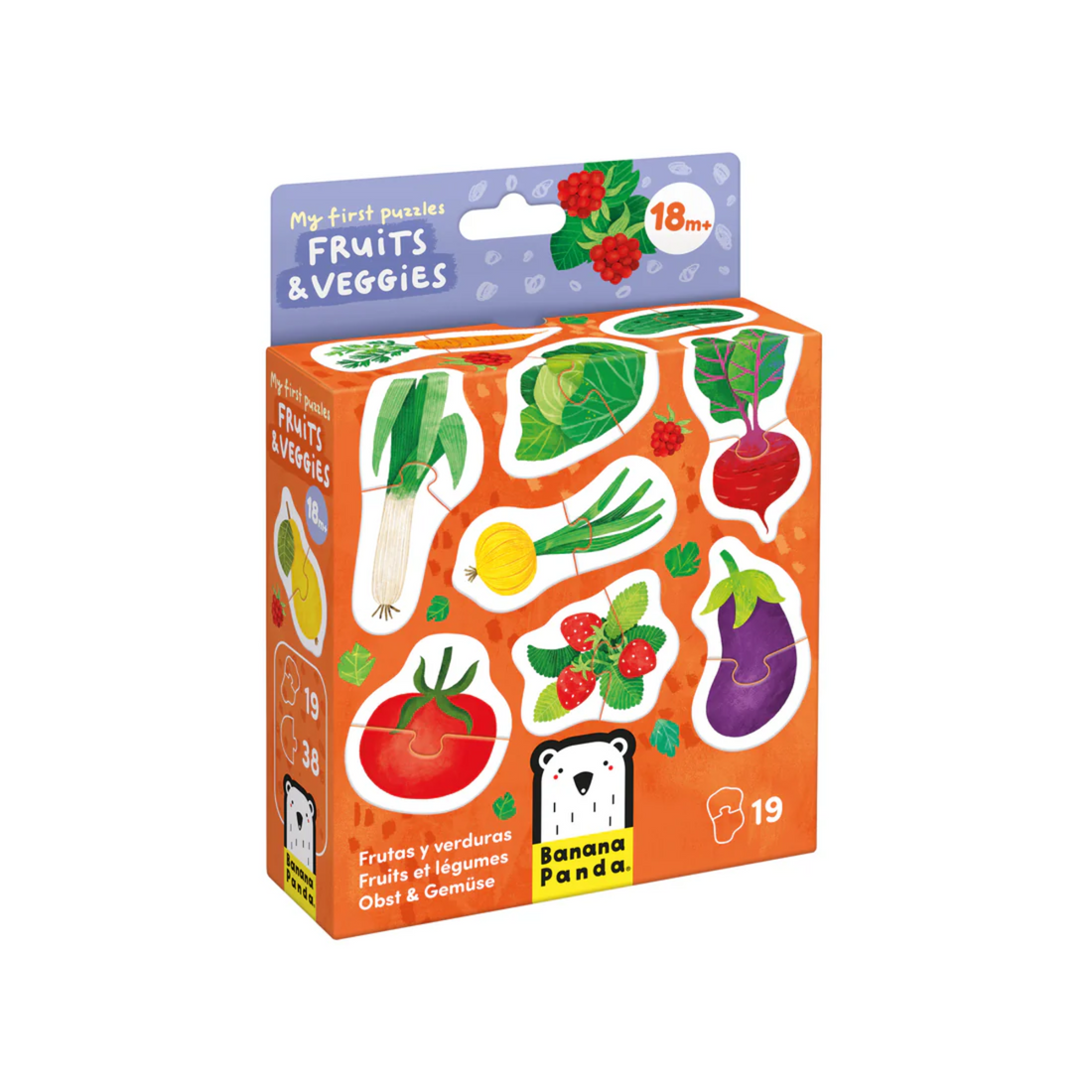
 Vendor:The first puzzle Fruits & VeggiesBanana Panda
Vendor:The first puzzle Fruits & VeggiesBanana Panda- Regular price
-
€14,40 - Regular price
-
€18,00 - Sale price
-
€14,40
-
Puzzle Match The Twins
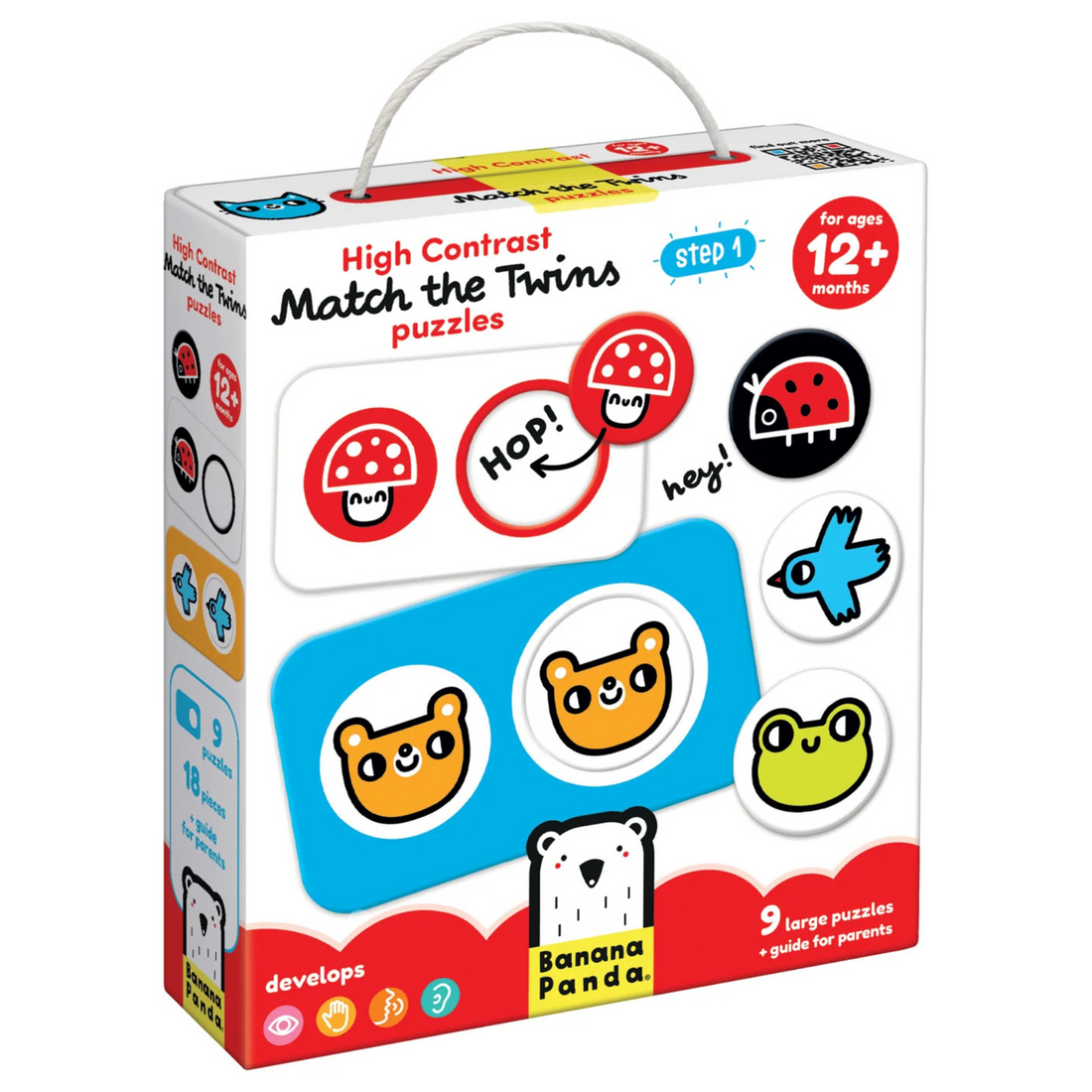
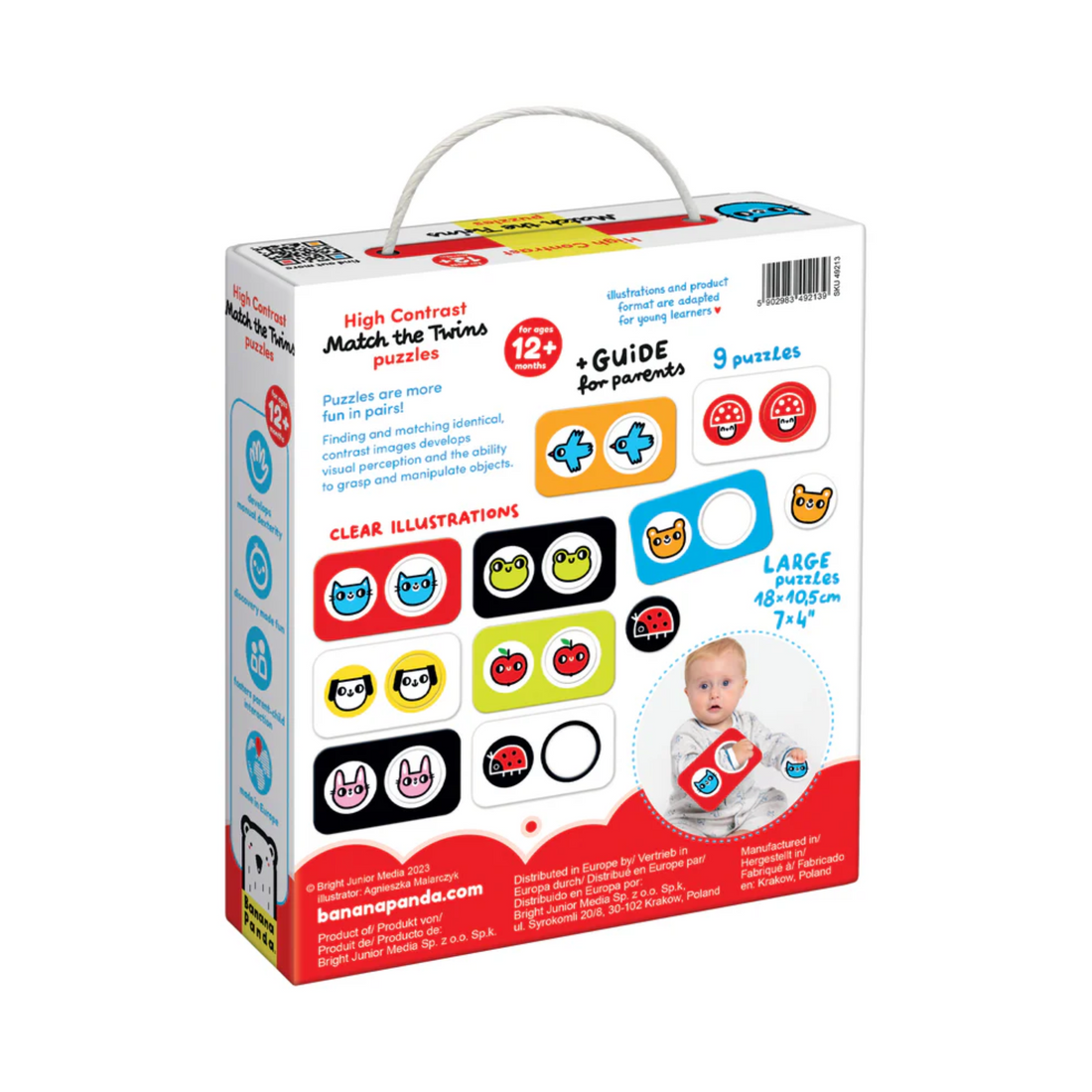 Vendor:Puzzle Match The TwinsBanana Panda
Vendor:Puzzle Match The TwinsBanana Panda- Regular price
-
€16,00 - Regular price
-
€20,00 - Sale price
-
€16,00
-
Board game for the little ones - Cooperation
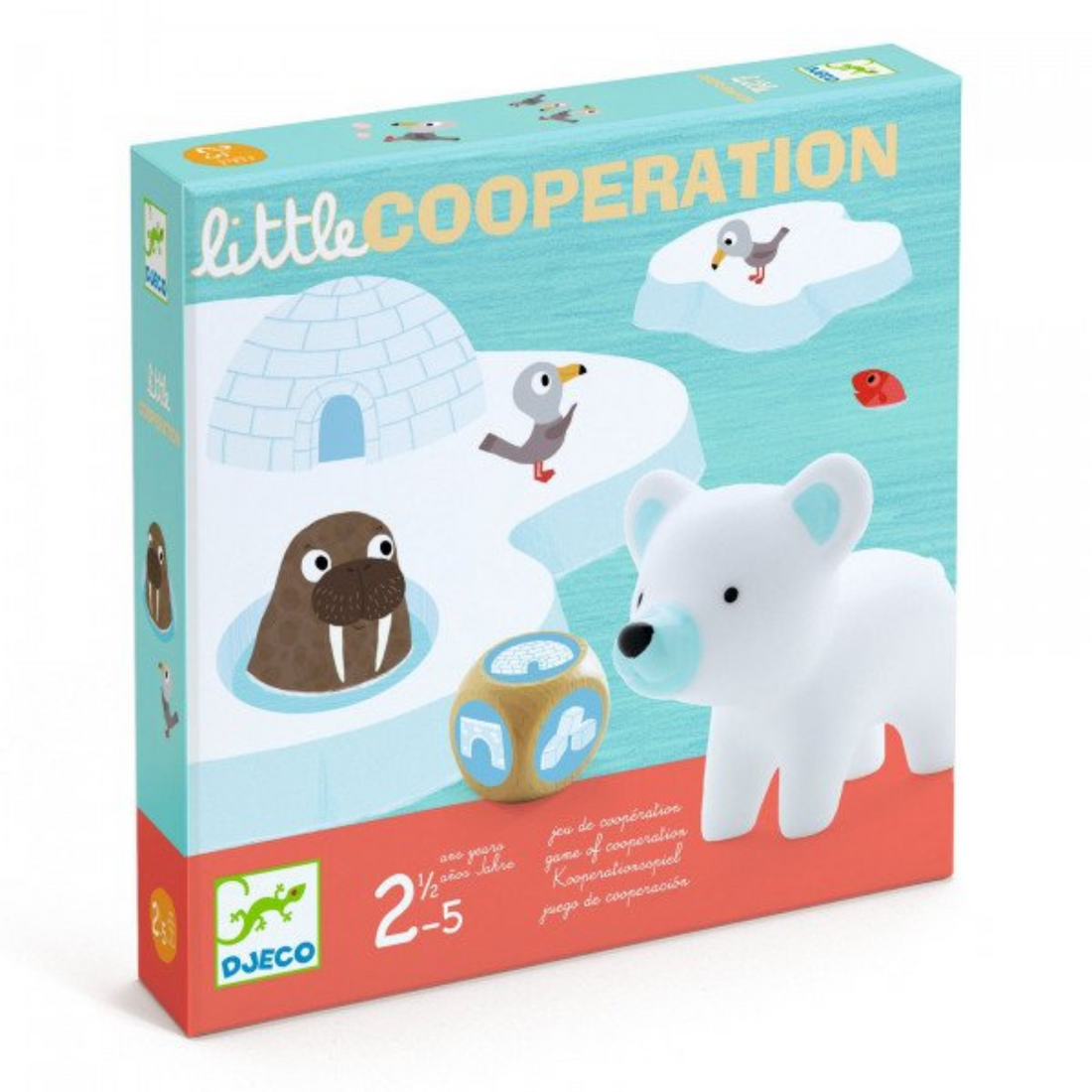
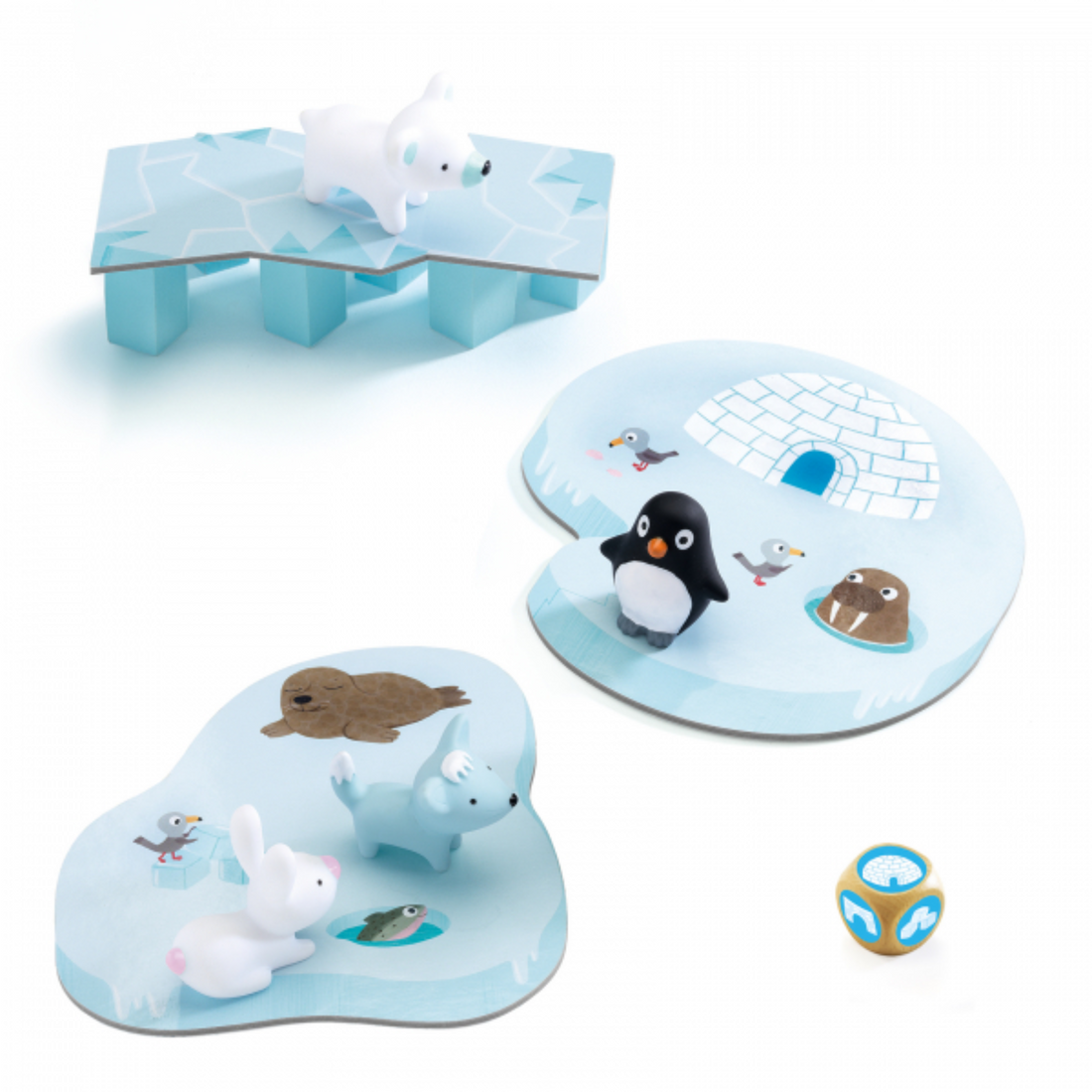 Vendor:Board game for the little ones - CooperationDjeco
Vendor:Board game for the little ones - CooperationDjeco- Regular price
-
€22,40 - Regular price
-
€28,00 - Sale price
-
€22,40
-
Let's write and erase the letters! A reusable educational set with the alphabet

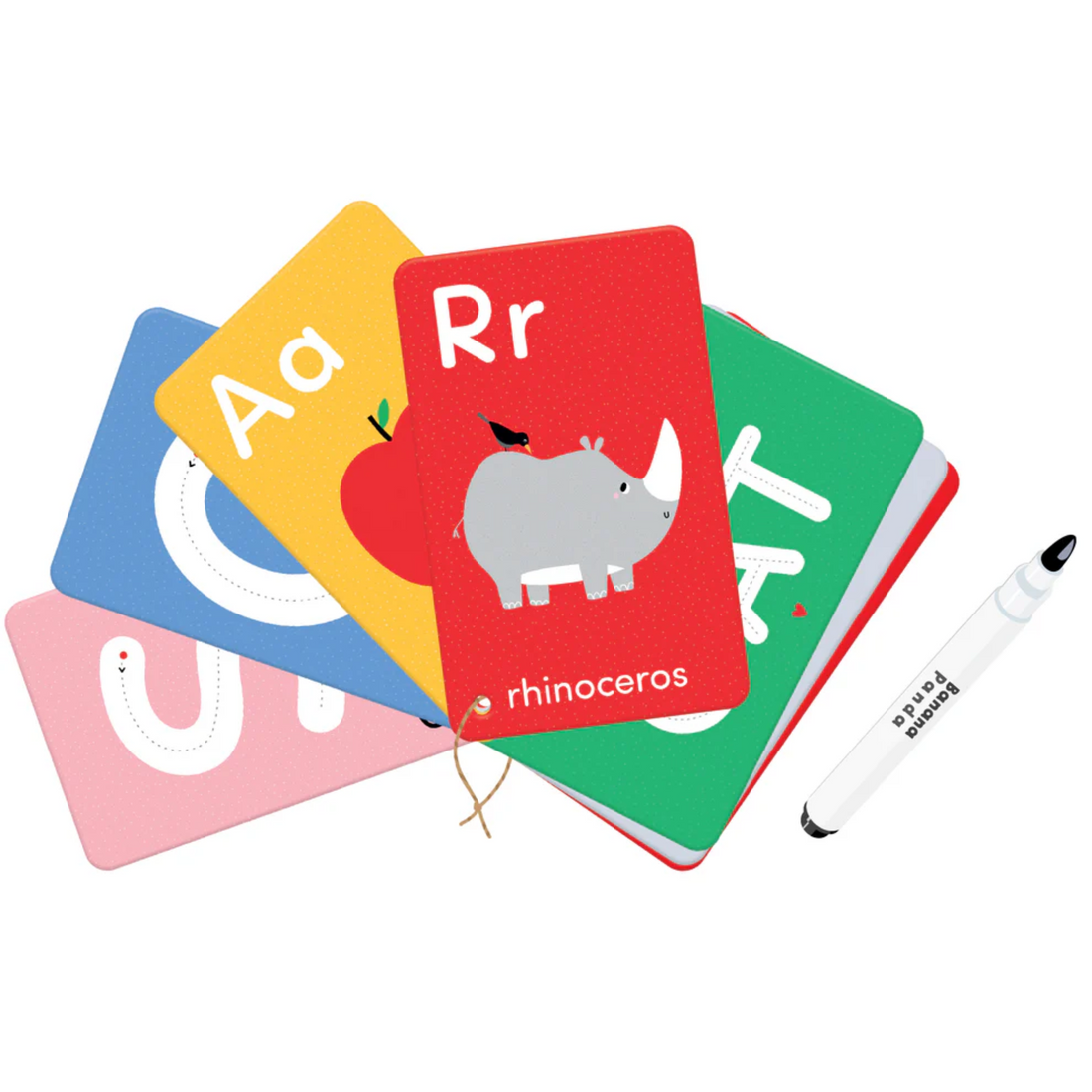 Vendor:Let's write and erase the letters! A reusable educational set with the alphabetBanana Panda
Vendor:Let's write and erase the letters! A reusable educational set with the alphabetBanana Panda- Regular price
-
€13,60 - Regular price
-
€17,00 - Sale price
-
€13,60
-
Educational game - Frog Labyrinth
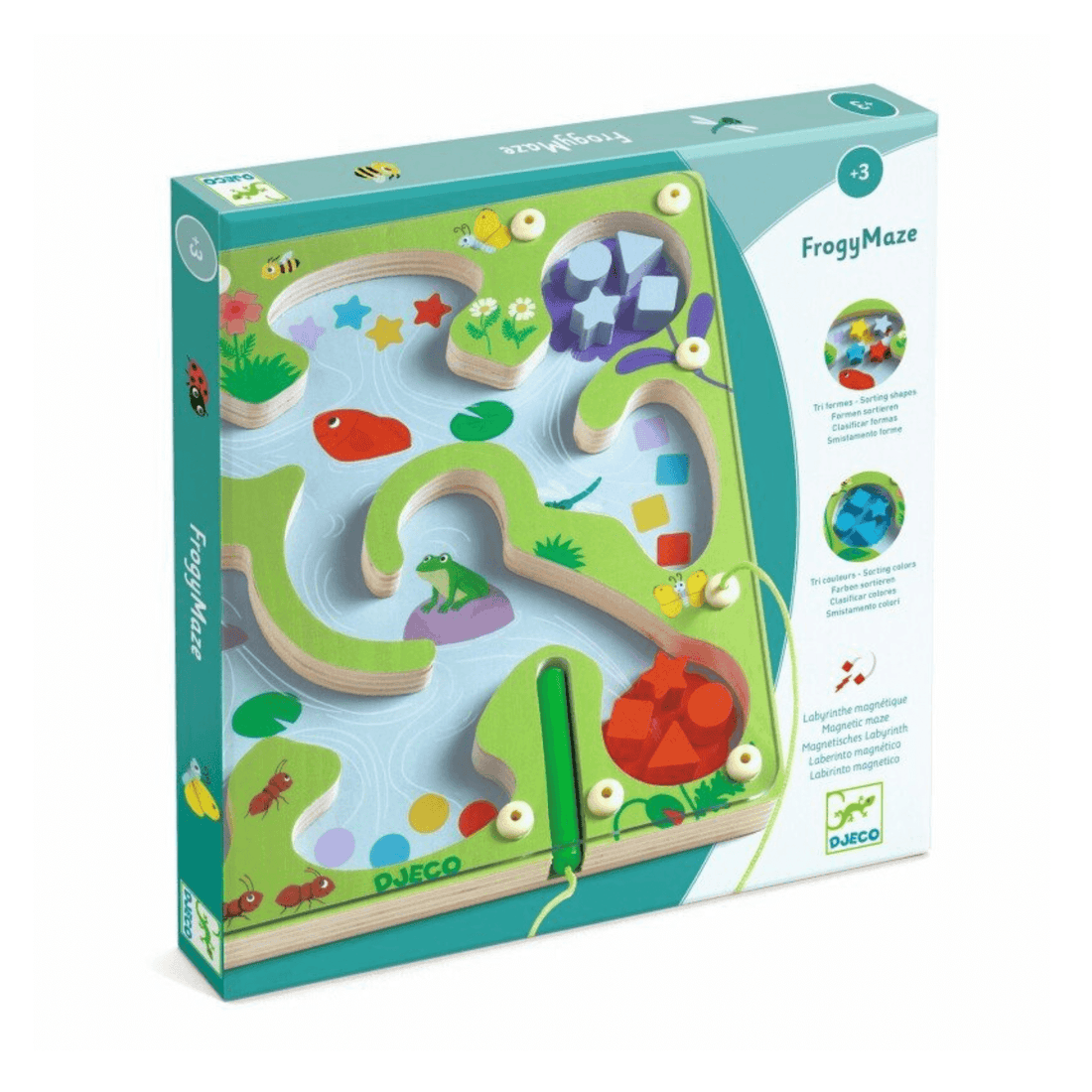
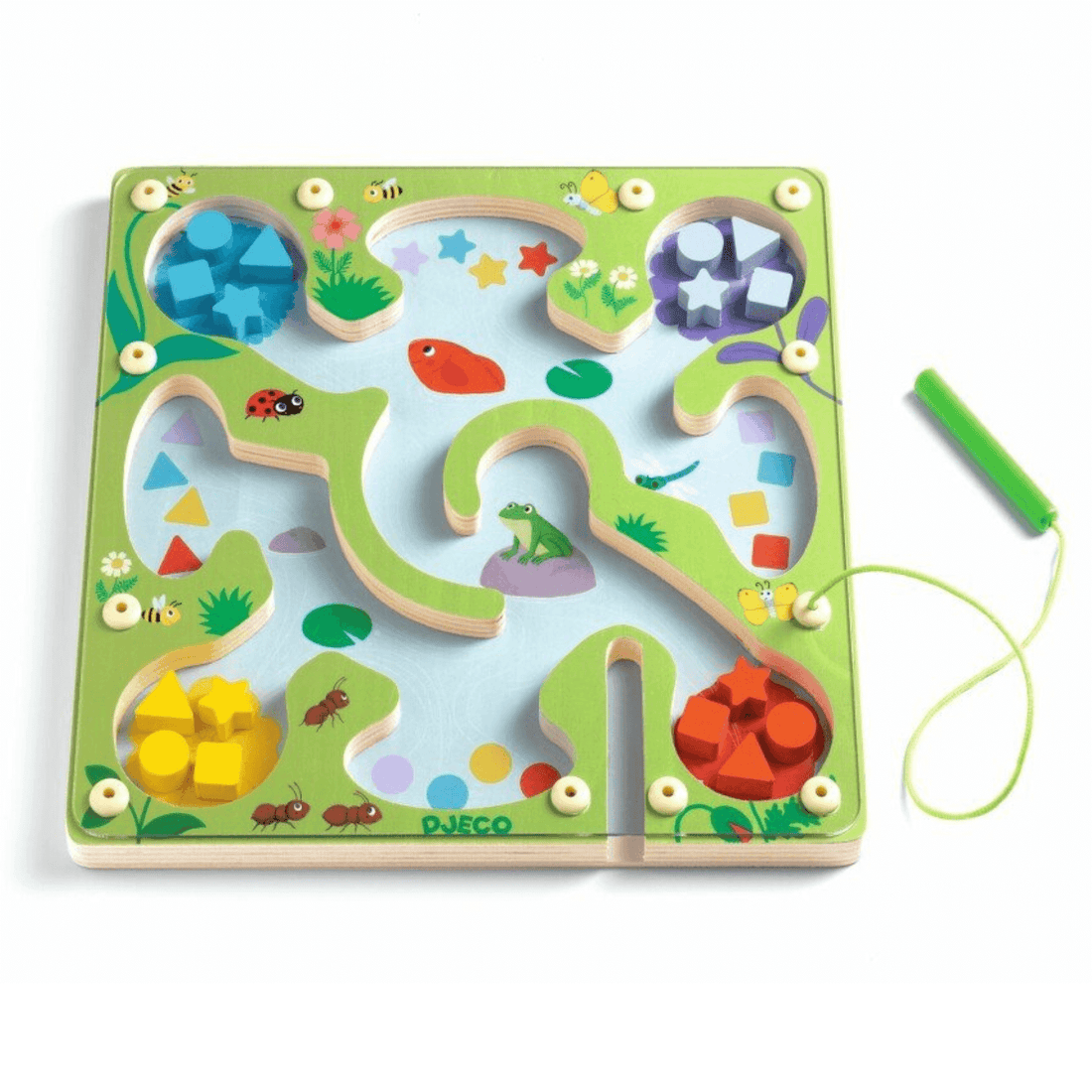 Vendor:Educational game - Frog LabyrinthDjeco
Vendor:Educational game - Frog LabyrinthDjeco- Regular price
-
€24,00 - Regular price
-
€30,00 - Sale price
-
€24,00
-
Djeco mosaic - Soft Jungle
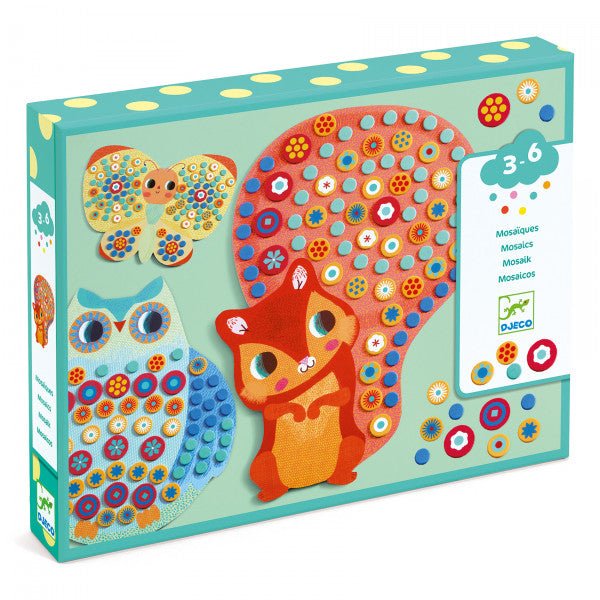
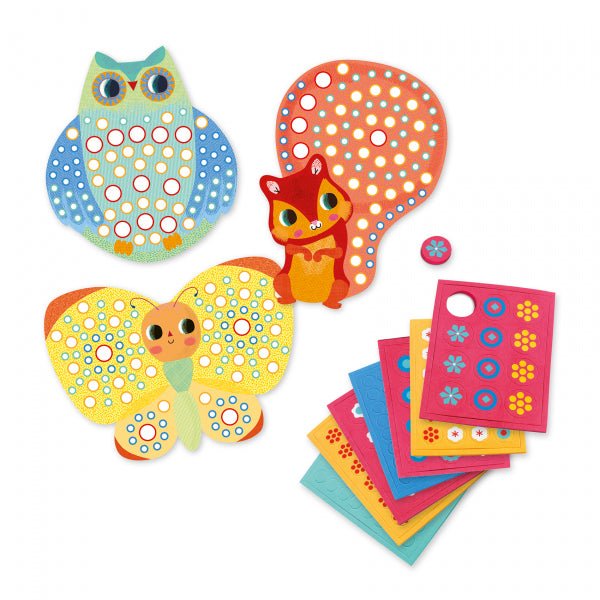 Vendor:Djeco mosaic - Soft JungleDjeco
Vendor:Djeco mosaic - Soft JungleDjeco- Regular price
-
€20,00 - Regular price
-
€25,00 - Sale price
-
€20,00
-
Djeco Origami set - Polar animals
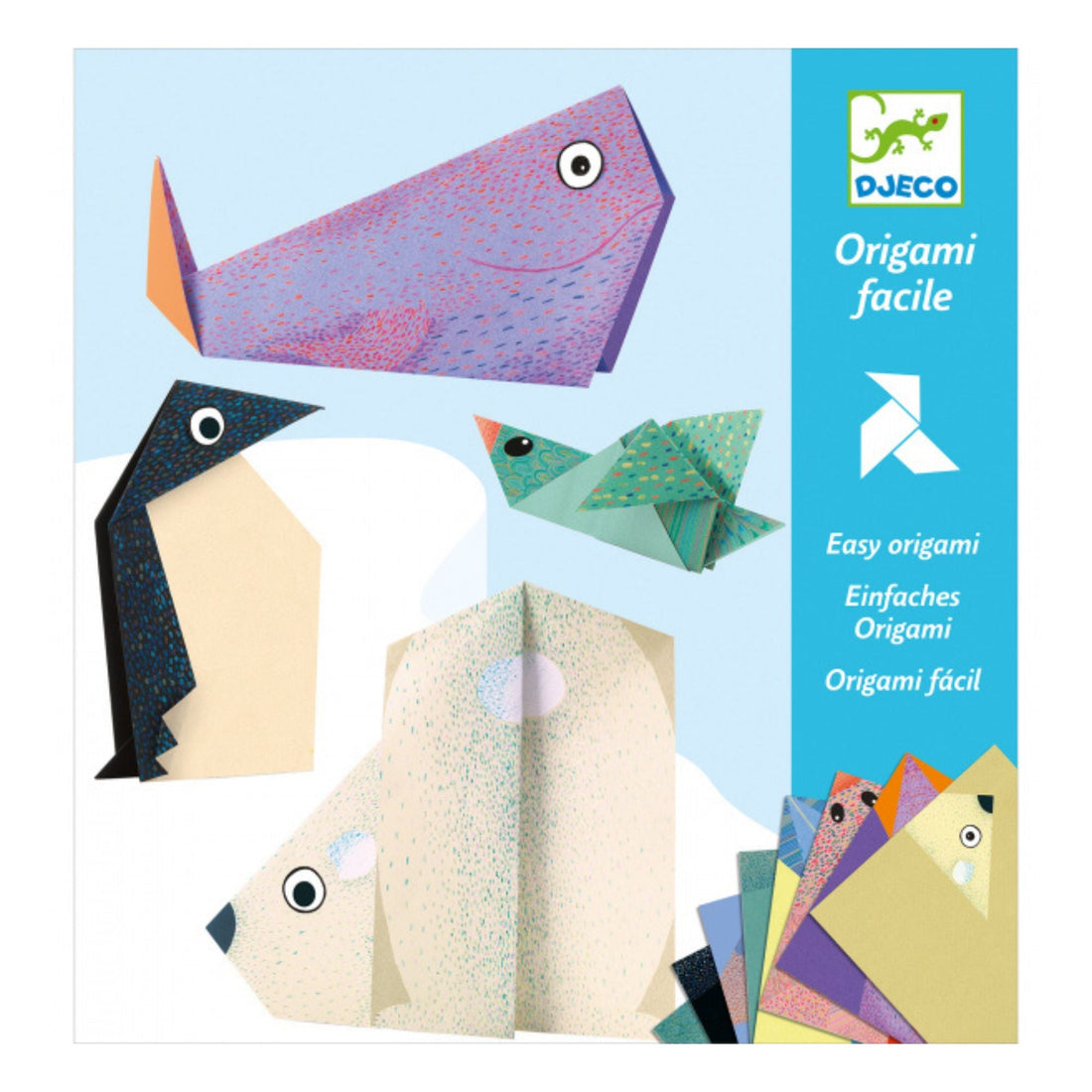
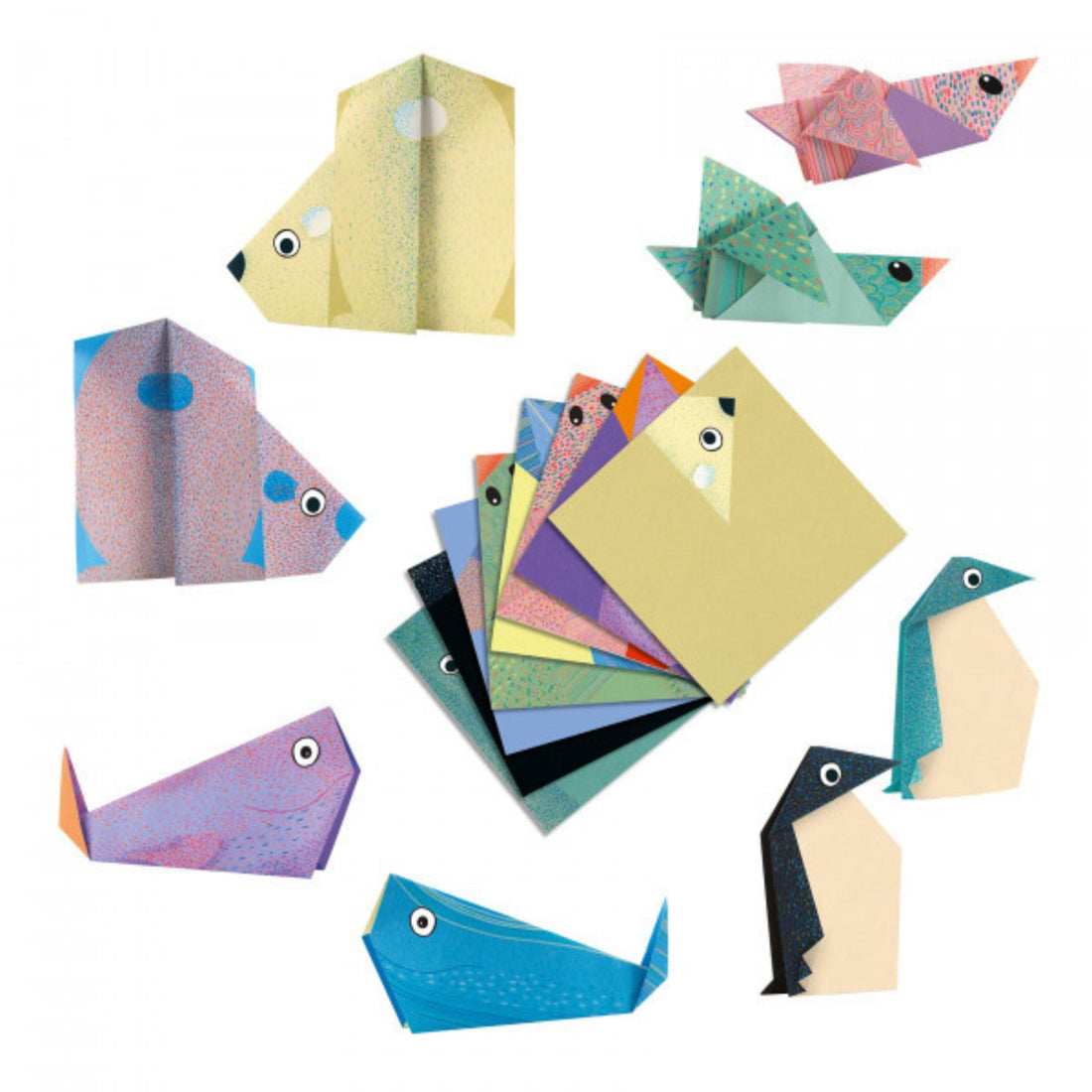 Vendor:Djeco Origami set - Polar animalsDjeco
Vendor:Djeco Origami set - Polar animalsDjeco- Regular price
-
€7,20 - Regular price
-
€9,00 - Sale price
-
€7,20
-
Djeco magnetic game - Farmix
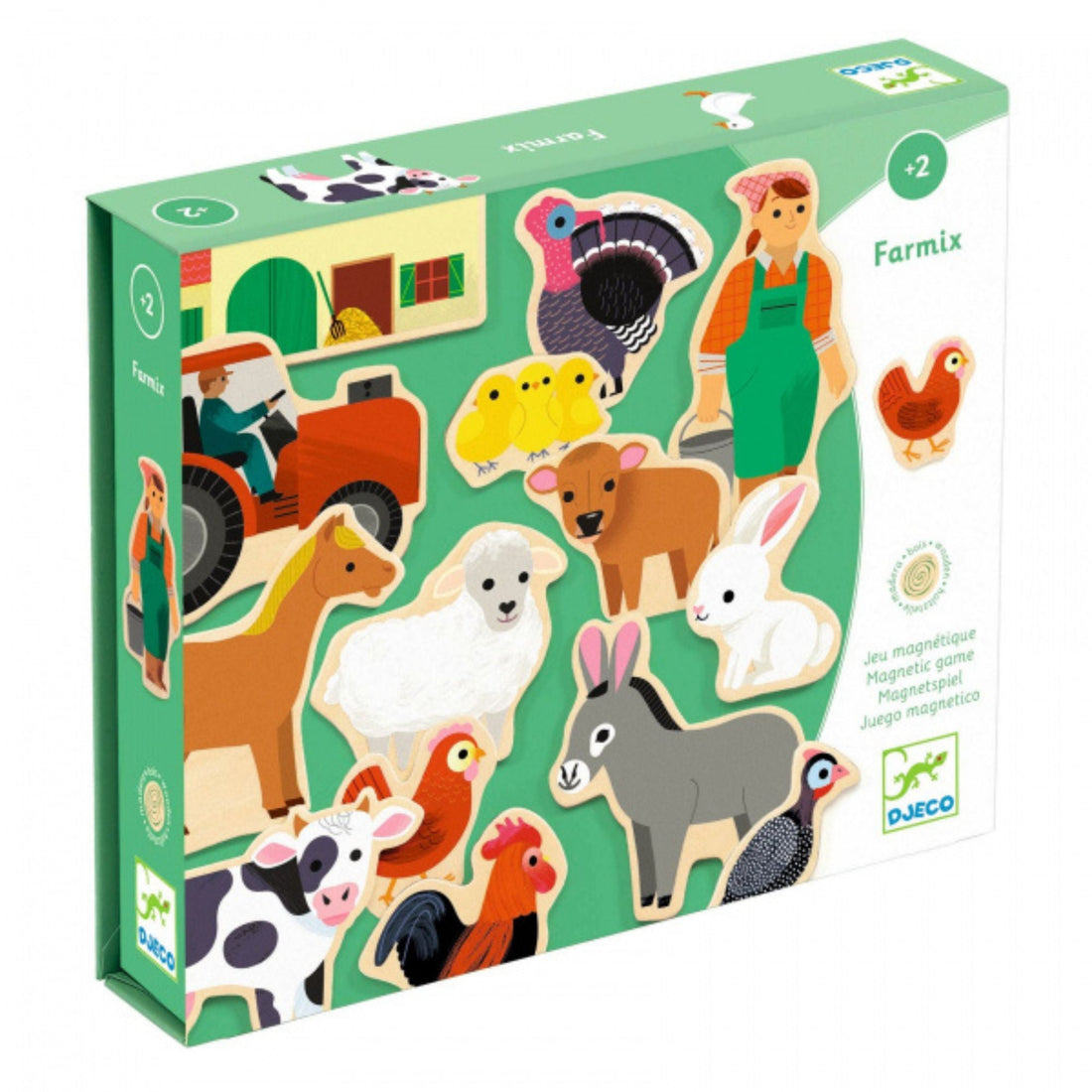
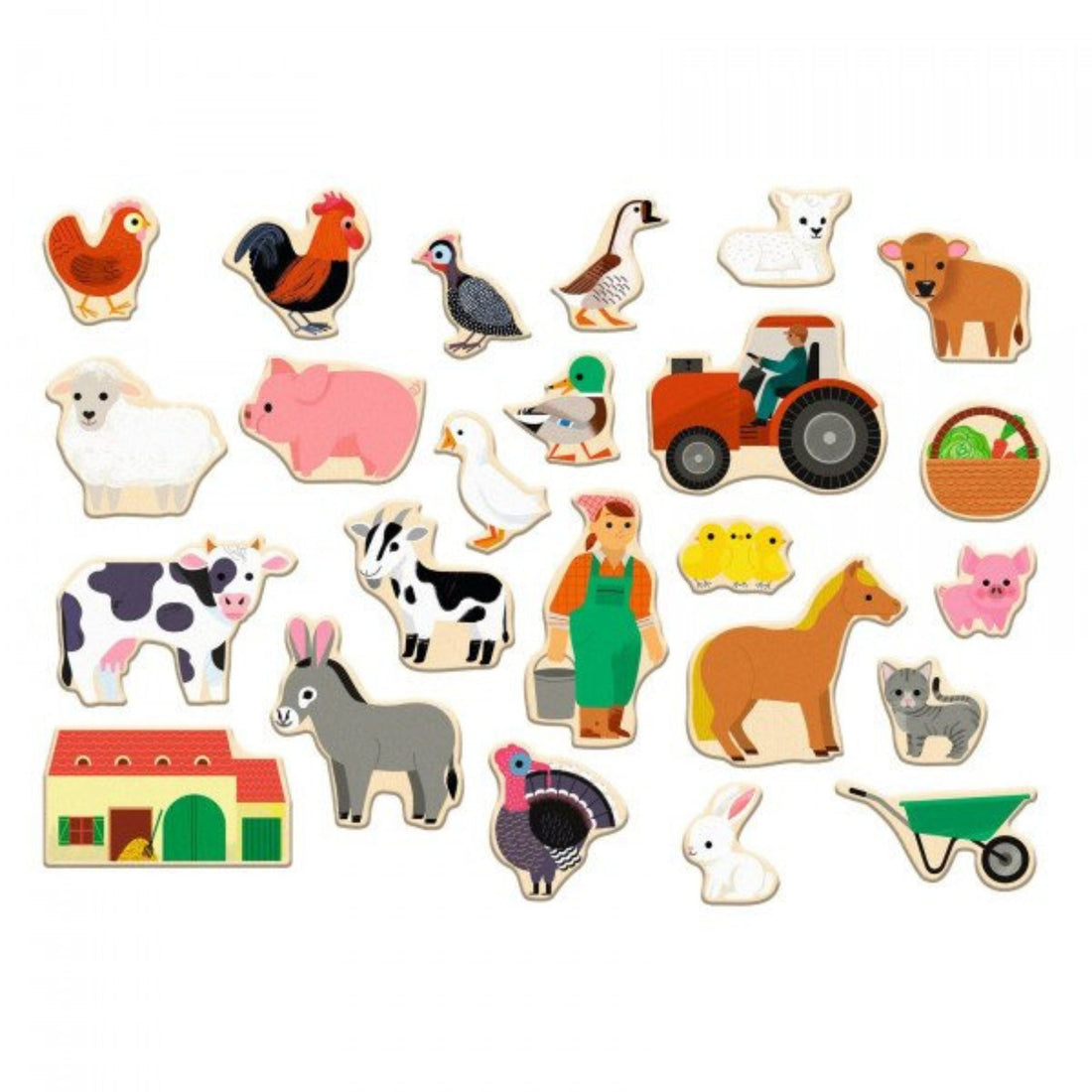 Vendor:Djeco magnetic game - FarmixDjeco
Vendor:Djeco magnetic game - FarmixDjeco- Regular price
-
€19,20 - Regular price
-
€24,00 - Sale price
-
€19,20
-
Djeco scratch cards - Cosmic Mission
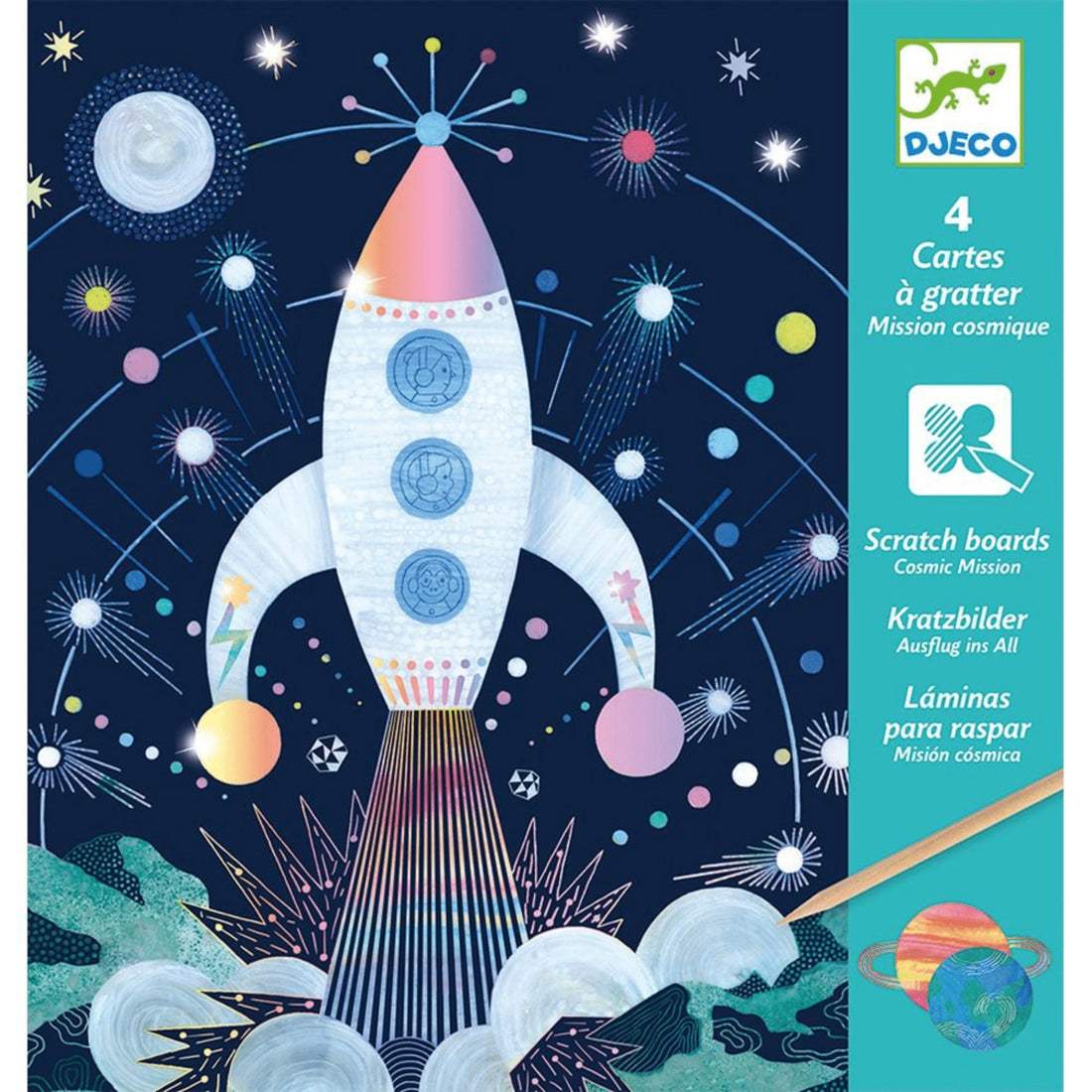
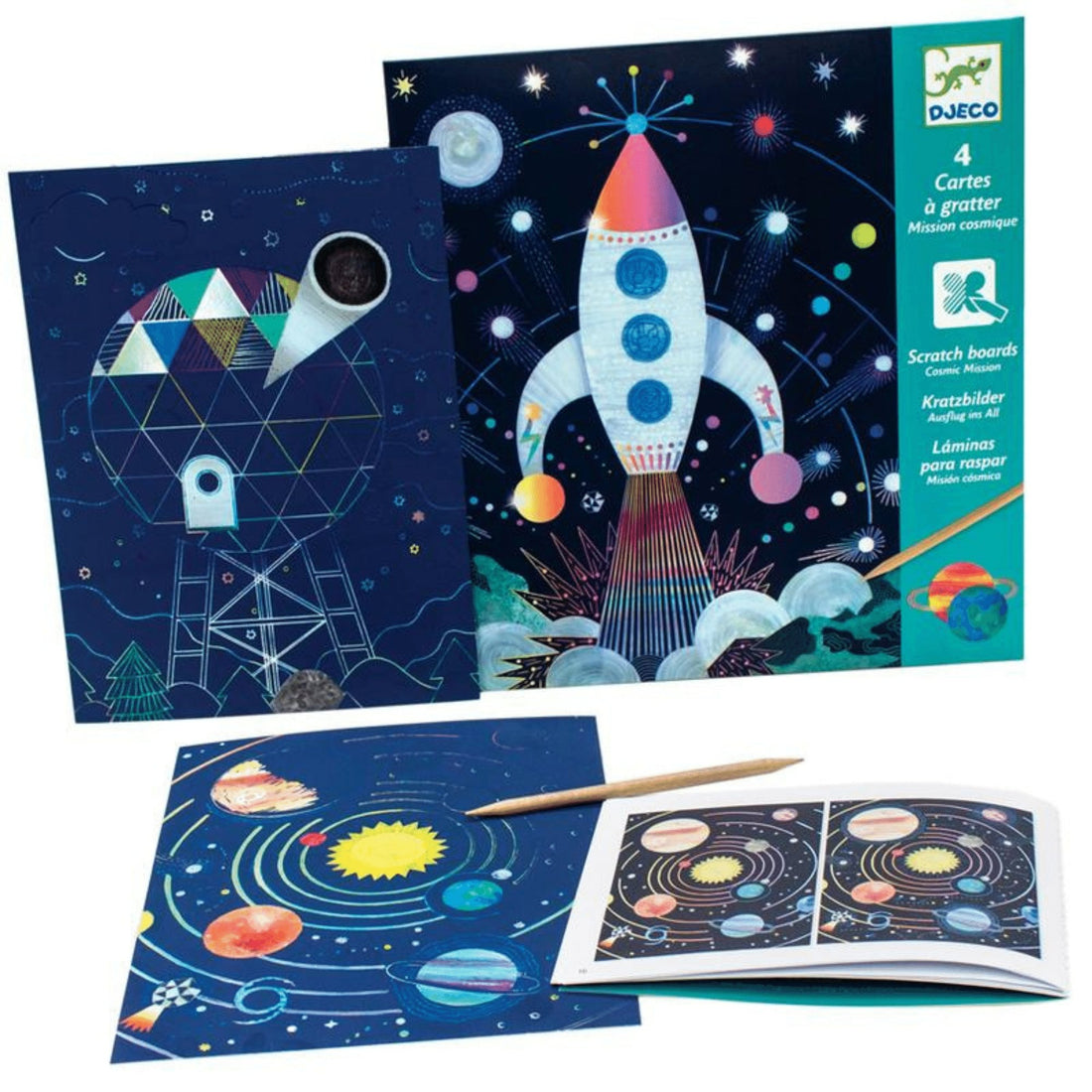 Vendor:Djeco scratch cards - Cosmic MissionDjeco
Vendor:Djeco scratch cards - Cosmic MissionDjeco- Regular price
-
€7,20 - Regular price
-
€9,00 - Sale price
-
€7,20
-
Djeco magnetic game - Belissimo
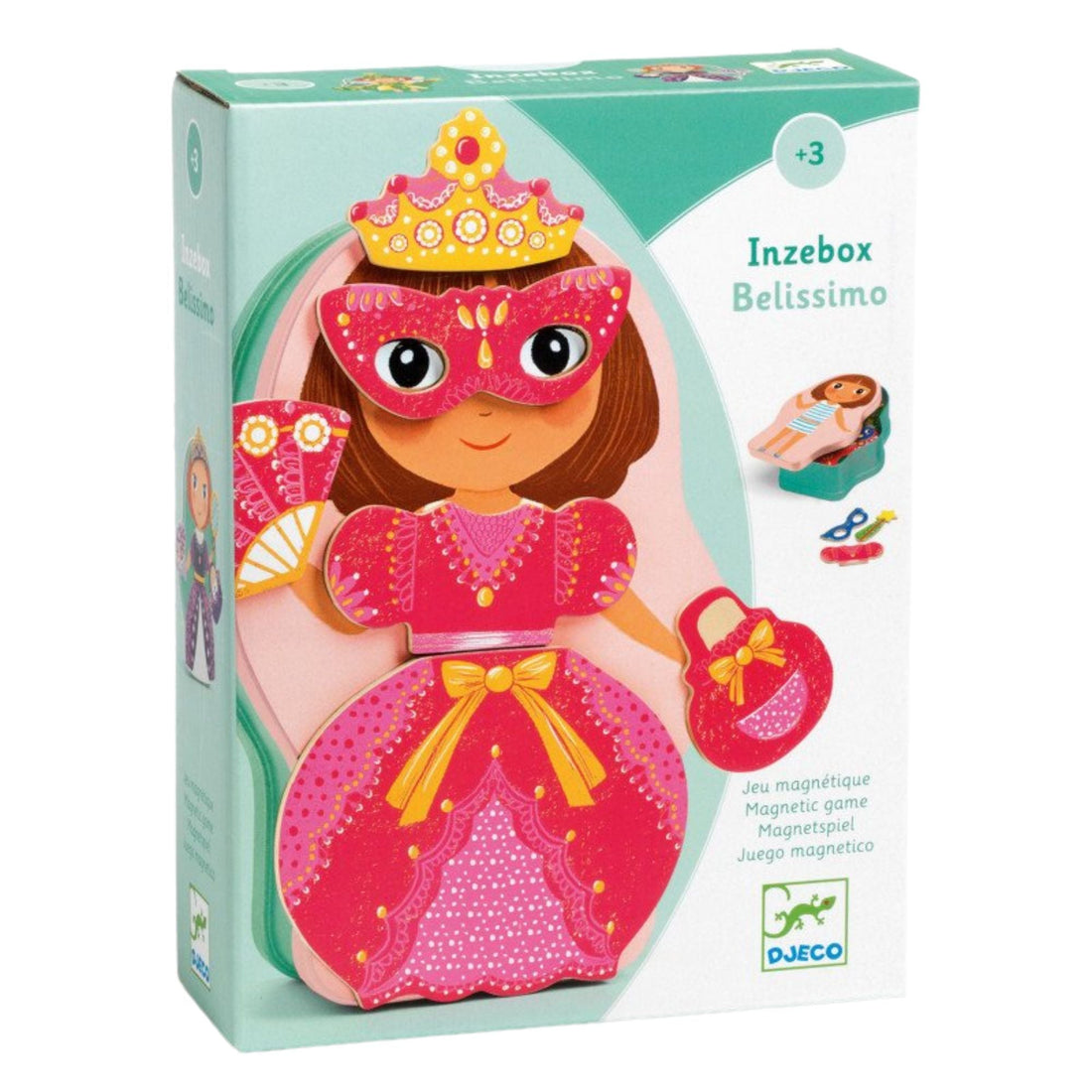
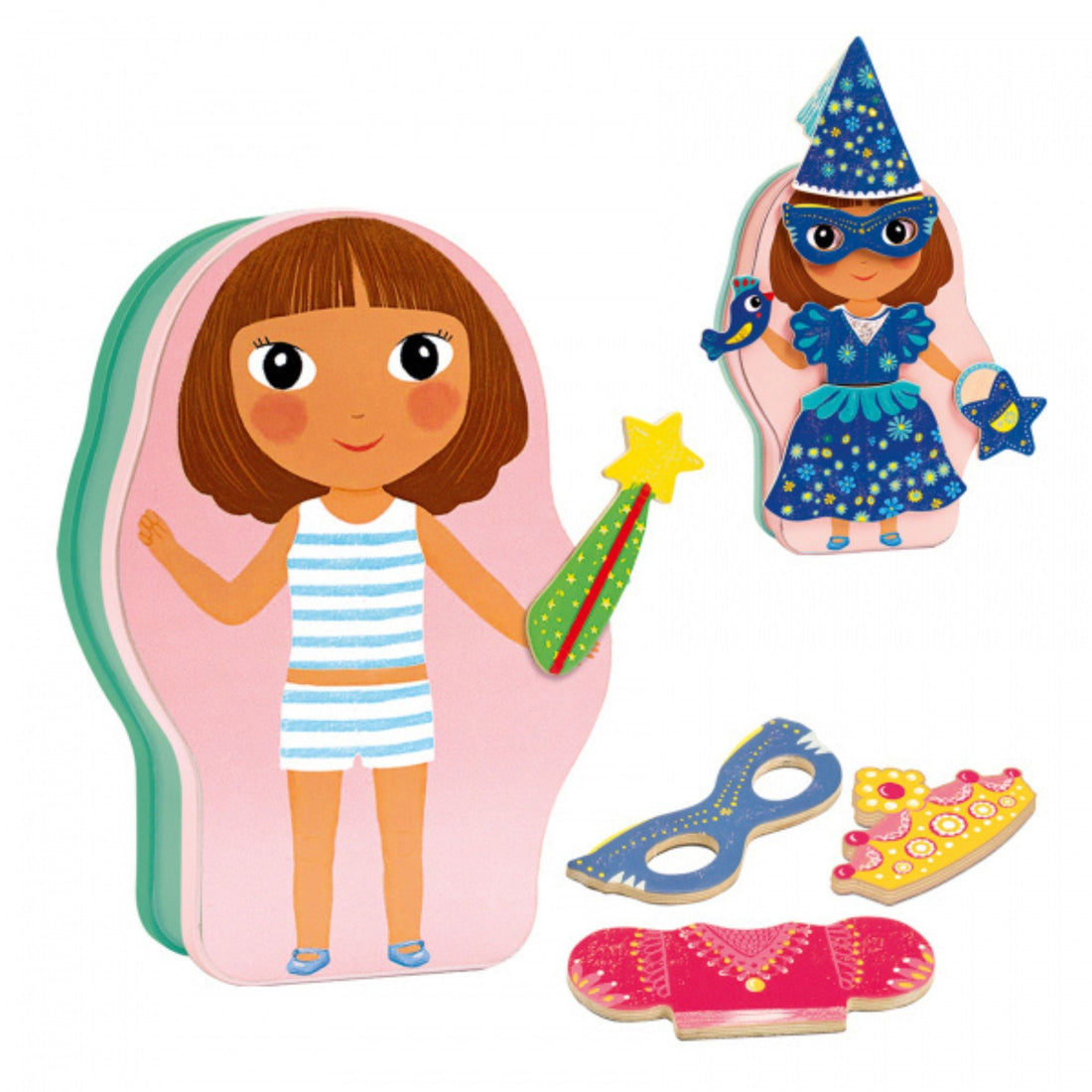 Vendor:Djeco magnetic game - BelissimoDjeco
Vendor:Djeco magnetic game - BelissimoDjeco- Regular price
-
€24,00 - Regular price
-
€30,00 - Sale price
-
€24,00
-
Londji Puzzle game Beep, Beep!
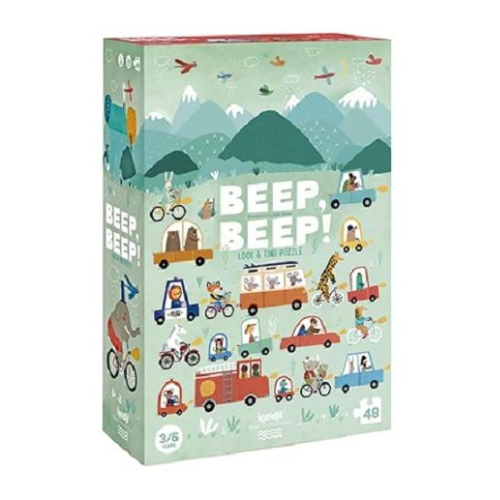
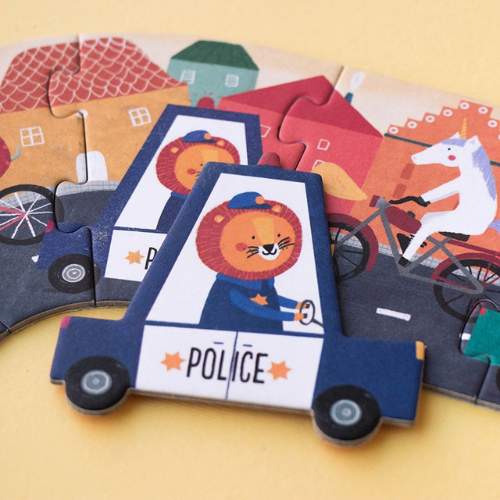 Vendor:Londji Puzzle game Beep, Beep!Londji
Vendor:Londji Puzzle game Beep, Beep!Londji- Regular price
-
€26,40 - Regular price
-
€33,00 - Sale price
-
€26,40
-
Pirmoji dėlionė Halves Faces
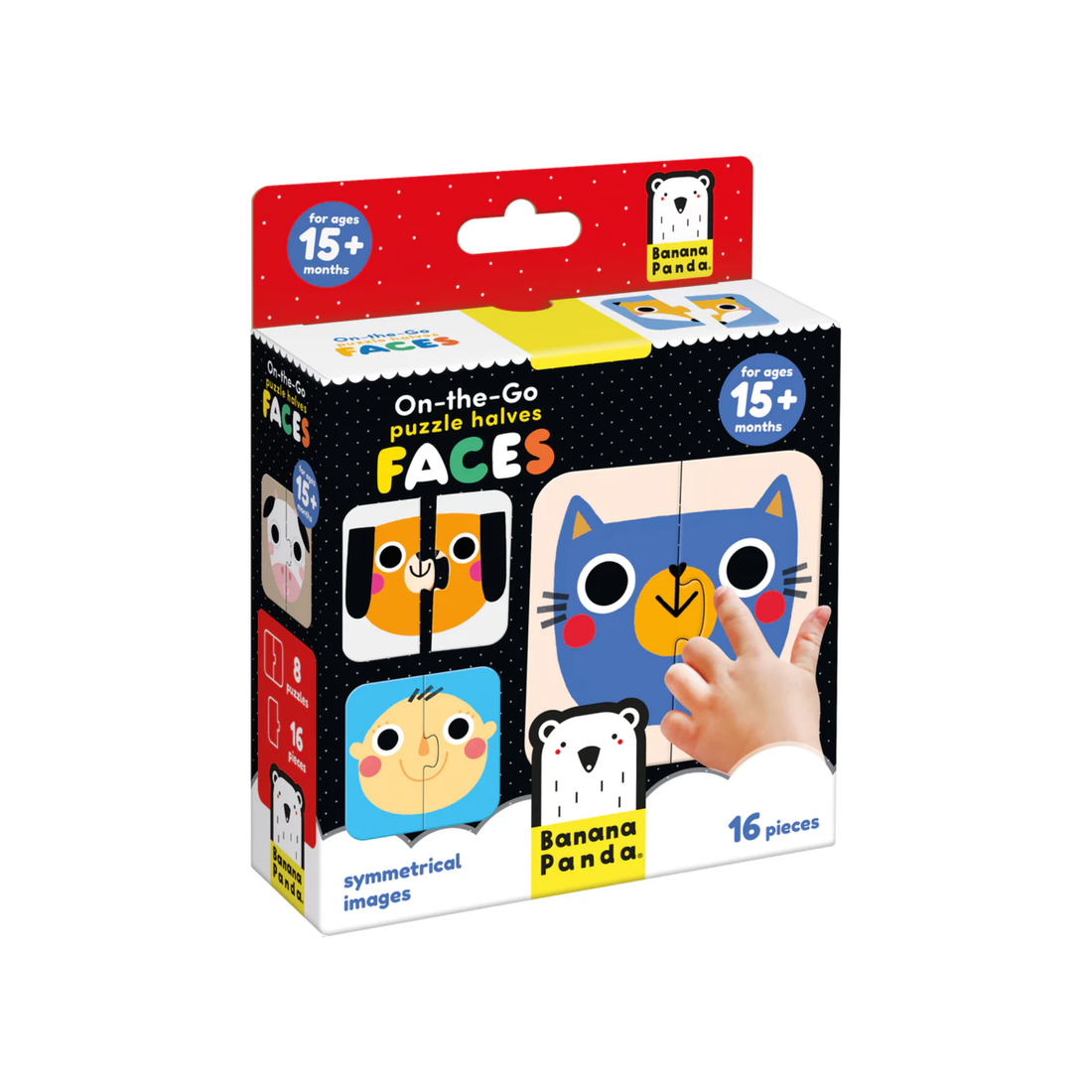
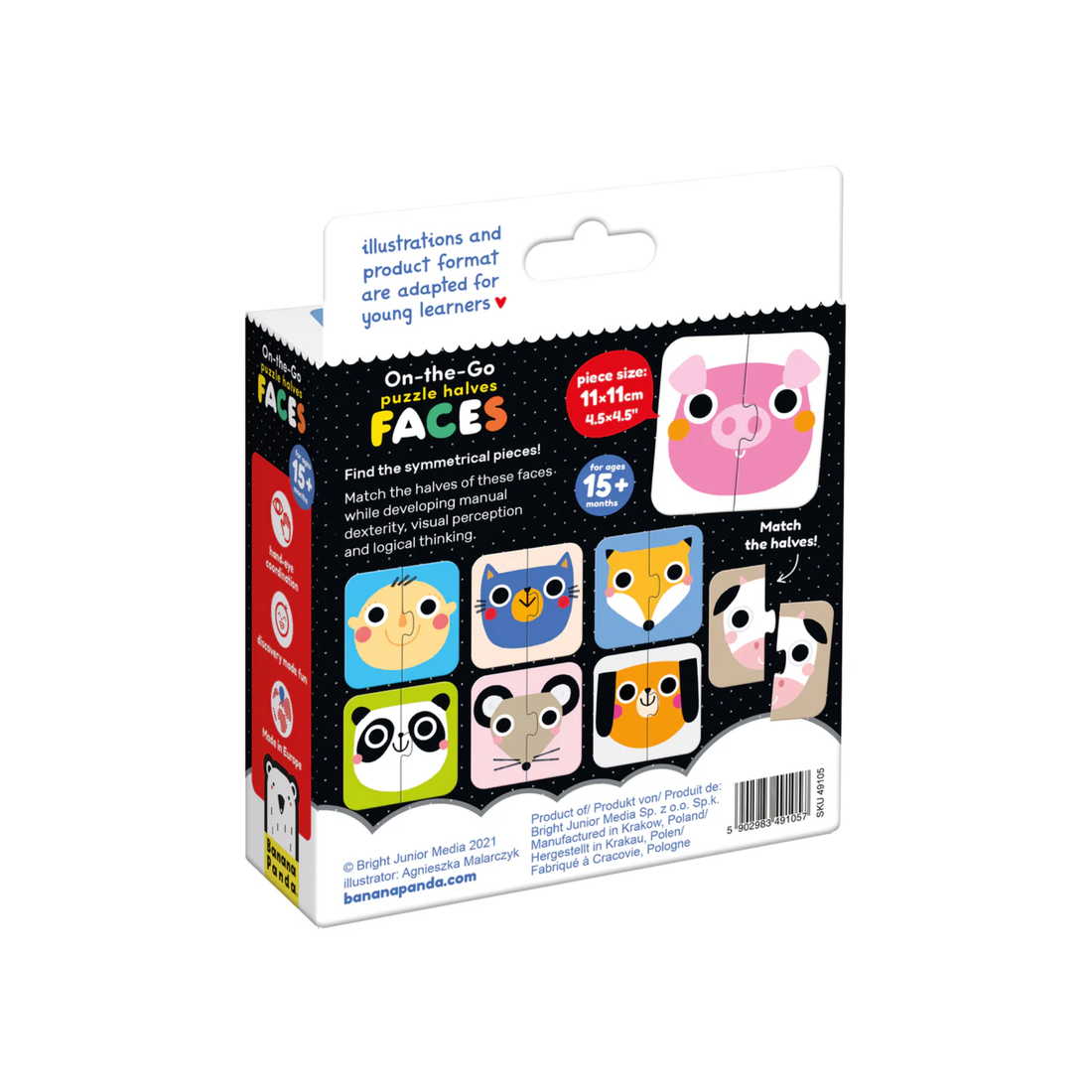 Vendor:Pirmoji dėlionė Halves FacesBanana Panda
Vendor:Pirmoji dėlionė Halves FacesBanana Panda- Regular price
-
€11,20 - Regular price
-
€14,00 - Sale price
-
€11,20
-
Djeco mosaic - Deep in the Jungle
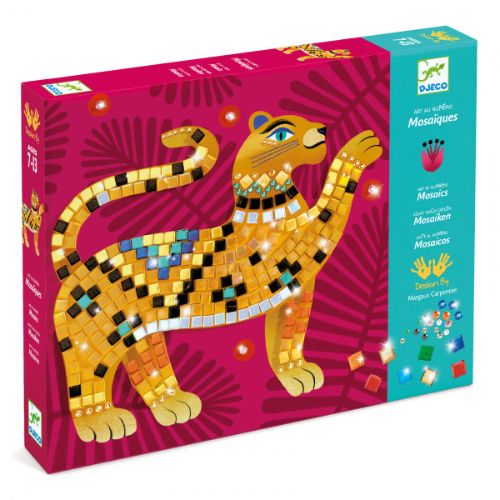
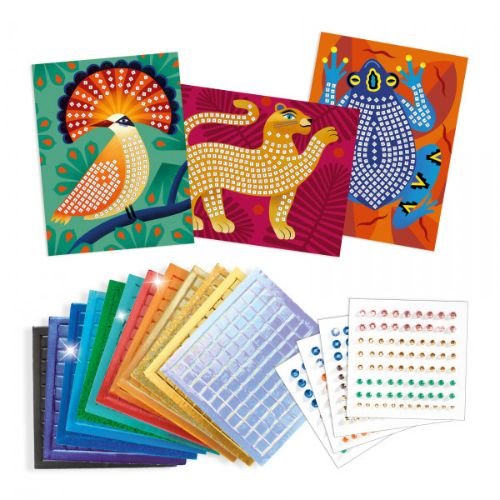 Vendor:Djeco mosaic - Deep in the JungleDjeco
Vendor:Djeco mosaic - Deep in the JungleDjeco- Regular price
-
€23,20 - Regular price
-
€29,00 - Sale price
-
€23,20
-
Djeco multi-activity kit - The Flower Garden
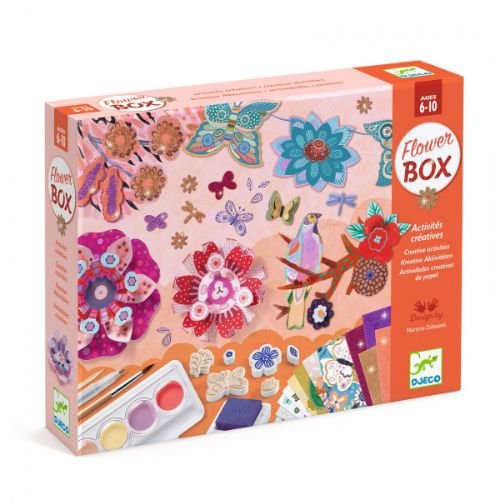
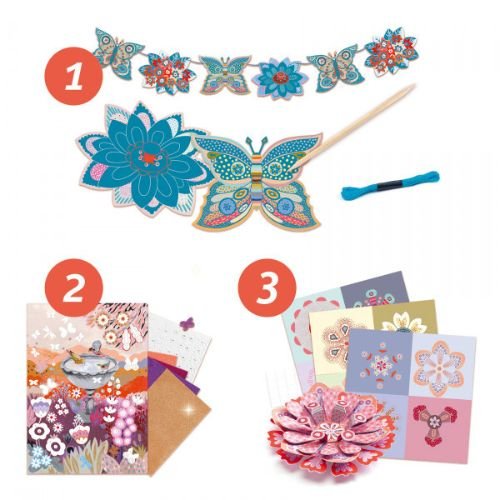 Vendor:Djeco multi-activity kit - The Flower GardenDjeco
Vendor:Djeco multi-activity kit - The Flower GardenDjeco- Regular price
-
€39,20 - Regular price
-
€49,00 - Sale price
-
€39,20
In addition, the puzzles develop the coordination of children's finger and hand movements and motor skills. Since every detail needs to be taken, try to fit it to the right place in the drawing, and if not try again. Finally, in addition to all the good features listed, puzzles give children creative joy. Every jigsaw puzzle puts a lot of joy in it, after all, the challenge is over!s!
According to experts, it is recommended to give puzzles to children from the age of 3. First of all, you should start with the simplest, consisting of 8 or 10 parts. Subsequently, encouraging to take increasingly complex, i. y. with more details and finer details. Typically, puzzle manufacturers will indicate on the product name the age range for which a particular puzzle is most appropriate. It is useful to follow these recommendations. Otherwise, there is a high probability that you will have to catch the puzzle and the child will just watch the process. This means not developing the skills of fine motor skills and the memory, patience and logical and strategic thinking challenges will be transferred to you. So before you buy puzzles, make sure that they are not too complicated for your child. It is possible that the donated puzzle will not interest the child at all. It would then be useful to encourage the child to put the puzzle together, suggesting to them which detail might be appropriate in a particular case. It is important to boost a child’s self-confidence and, in a sense, inspire them to discover, adapt, and ultimately achieve their goal. These qualities will definitely benefit him even in the near future. In the meantime, if you don't get to know puzzle games first, don't give up. The first attempt may not have been successful due to the volume of the incorrectly selected puzzle or the child's drawing that does not impress the child. The best solution to the latter problem is to invite the child to choose the puzzle. Being able to choose a puzzle freely can be one of the motivating reasons to create it.i.








